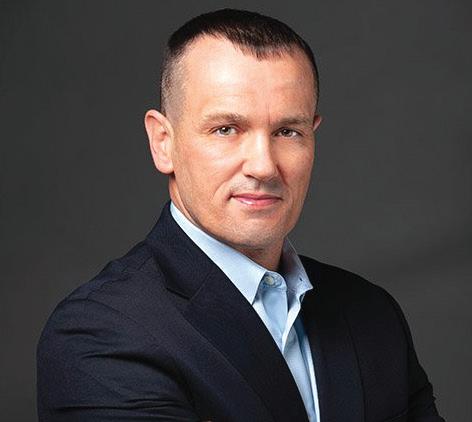
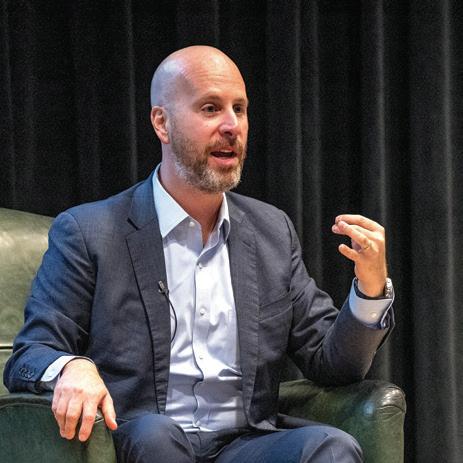

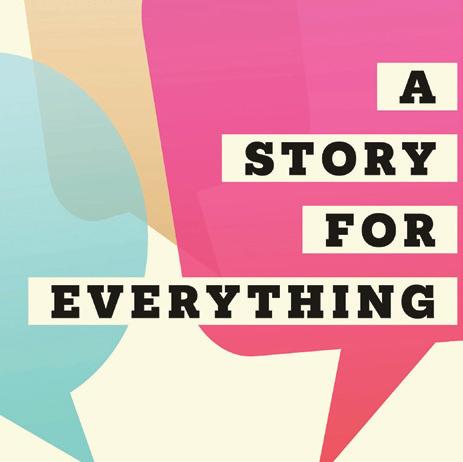





Grace Gilson
(JTA) —Josh Katz noticed a dip in sales at his kosher restaurant, Ben Yehuda Pizza in Silver Spring, Maryland. He knew the culprit, and it wasn’t antisemitism or an anti-Israel boycott. The federal government’s shutdown had left hundreds of thousands of federal employees across the country furloughed, and his regular customers were tightening their belts.
“People are being a little bit more vocal about their financial insecurities at the moment,” says Katz. “They’re just not sure when they’re going to be getting a paycheck.”
In Silver Spring alone, the headquarters of the Food and Drug Administration draws more than 10,000 federal employees. In the greater Washington, D.C. area, roughly 280,000 workers are employed by the federal government. With all those workers going multiple weeks without paychecks, Katz says he’d heard from members of his community who were feeling the financial strain.
So last month, he posted an offer on Facebook: “Order
now, and pay us down the road when the paychecks come in.” Soon, the first requests started rolling in.
“We’re not giving anything away for free here, but I realized by just allowing people to defer payments, that could really help with their sense of normalcy,” Katz says.
The post did not take a stance on the shutdown, which has hinged on a stalemate between Democratic and Republican senators over competing spending bills and does not appear to be near resolution. “We try to avoid politics at Ben Yehuda,” it says. “We support the Pizza Party, but that’s about as far as we go.”
Ben Yehuda Pizza is in Kemp Mill, a neighborhood of Silver Spring with a sizable Orthodox Jewish population and multiple synagogues and Jewish community centers. Katz says that while the deal was open to all federal workers, most of his regular customers are Jewish.
Jewish leaders and groups across the country have mobilized to support unpaid federal government workers affected by the shutdown, some of whom are working
essential roles without being paid.
In San Diego, the local branch of the Jewish Family Service began distributing bags of groceries to affected federal workers just days into the shutdown. It has since provided more than 5,700 meals to about 1,000 families.
And multiple free loan societies have created special programs for federal workers, echoing an initiative offered by the Hebrew Free Loan Association of Greater Washington during the 2018 shutdown that lasted 35 days, setting a record that could soon be eclipsed. The Hebrew Free Loan Society of New York, for example, is providing interest-free loans of up to $7,500 for federal employees affected by the current shutdown.
Katz says two families immediately signed up for Ben Yehuda’s payment deferment deal. But far more community members, he says, had reached out asking how they could contribute a meal to a federal employee.
“That’s really what inspires me, is seeing people who are willing to do that,” he says. “That’s really been the most beautiful thing that comes out of this.”

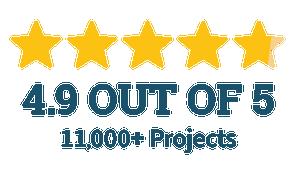
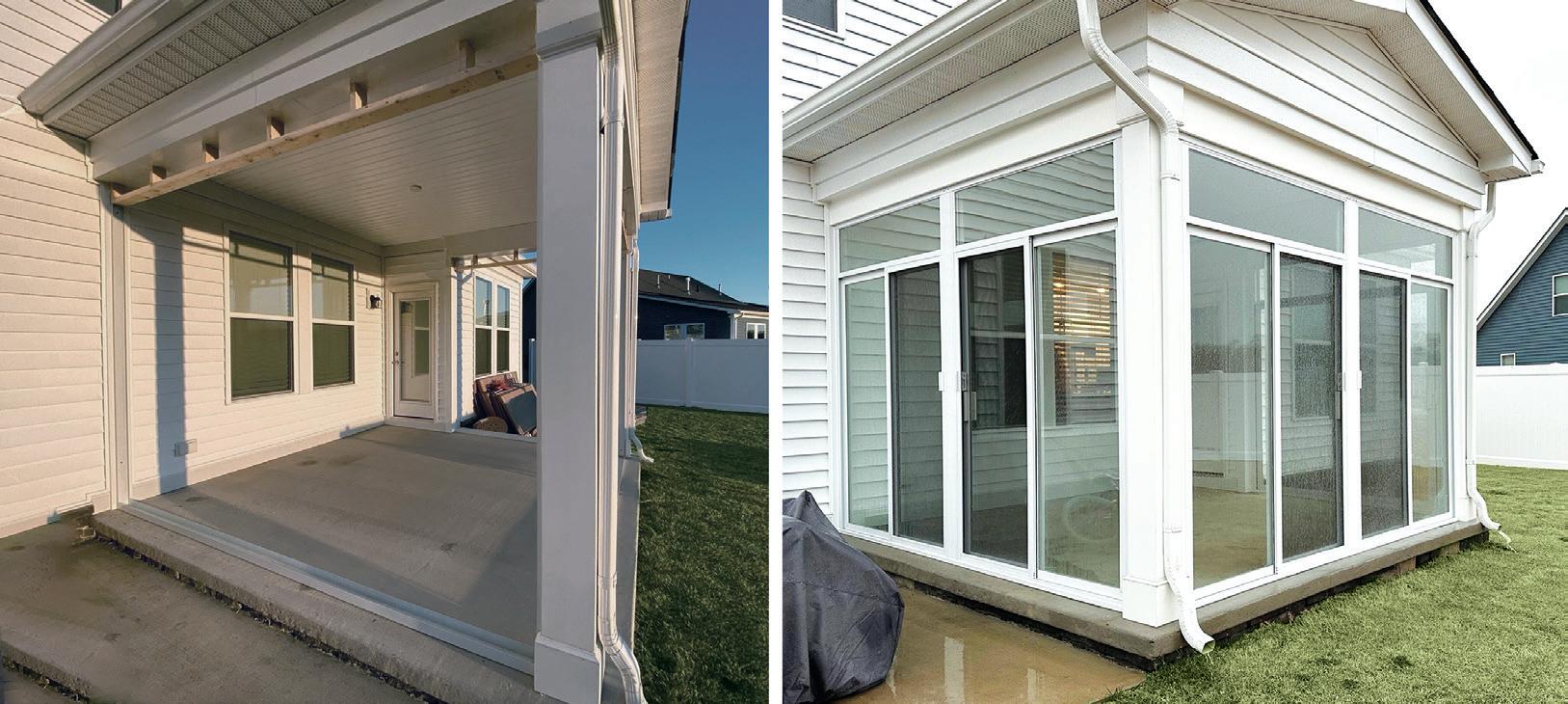


Andrew Lapin
(JTA) — A municipal ballot proposal to divest from Israel went before a popular vote for the first time on Tuesday, Nov. 4 — and pulled off a decisive victory.
Question 3 won more than 55% of the vote in unofficial election results in the Boston suburb of Somerville, Massachusetts, as the Israeldivestment movement saw the elevation of its most well-known proponent in politics — Zohran Mamdani — to mayor of New York City.
Local pro-Palestinian activists claimed victory, with Somerville for Palestine — the group that gathered the signatures required to put the non-binding resolution on the ballot — posting a celebratory Instagram video alongside the Boston chapter of anti-Zionist group Jewish Voice for Peace.
However, as they were celebrating, the mayoral candidate best poised to enact the proposal in Somerville conceded his race to a rival who signaled he was far less likely to do so. Willie Burnley Jr., a democratic socialist who had endorsed Question 3, lost to fellow at-large city council member Jake Wilson, who did not.
A handful of other American cities have previously adopted Israel divestment proposals brought by their city councils. One of those is Portland, Maine, whose mayor publicly regretted backing divestment after hearing from local Jewish groups. An attempt last year to place a similar referendum on a Pittsburgh ballot failed after legal challenges to the signatures. Similar attempts to challenge the Somerville measure failed.
Home to Tufts University and several Jewish congregations, the four-square-mile Somerville has a population of around 82,000. Residents voted on whether its mayor should “engage in business that sustains Israel’s apartheid, genocide and illegal occupation of Palestine.” The local teachers union endorsed the measure.
Jewish groups opposed the measure, including the newly formed group Somerville United Against Discrimination, which ran TV ads against it. Brian Sokol, a Jewish IT manager and writer based in Somerville, implored his neighbors on Facebook to reject the measure — citing friends of his who were killed by a Hamas suicide bomber in Israel in 1996.
“I am not equating those in Somerville urging a Yes vote with violent extremists or terrorists,” he wrote. “But passing this ballot measure would unintentionally land Somerville on the wrong side of the deeper ideological rift.”
On the other side, a group of 84 local pro-Palestinian Jews endorsed the measure in an op-ed in the Tufts student newspaper. Celebrating the recent ceasefire in Israel and Gaza but saying that Israel has continued to commit atrocities in the region, the authors pointed to local contracts with two companies, Hewlett-Packard and Lockheed Martin, that total over $2 million.
Published 18 times a year by United Jewish Federation of Tidewater.
Reba and Sam Sandler Family Campus of the Tidewater Jewish Community
5000 Corporate Woods Drive, Suite 200 Virginia Beach, Virginia 23462-4370 voice 757-965-6100 • fax 757-965-6102 email news@ujft.org
Terri Denison, Editor
Stephanie Peck, Assistant Editor
Michael McMahon, Art Director
Sandy Goldberg, Ad Sales
Patty Malone, Circulation
Teresa Knecht, Digital Manager
Reba Karp, Editor Emeritus
United Jewish Federation of Tidewater Mona Flax, President
Jason Hoffman, President elect
Robert Friedman, Secretary Alvin Wall, Treasurer
Betty Ann Levin, Executive Vice President JewishVA.org
The appearance of advertising in the Jewish News does not constitute a kashrut, political, product or service endorsement. The articles and letters appearing herein are not necessarily the opinion of this newspaper.
©2025 Jewish News. All rights reserved.
Subscription: $18 per year For subscription or change of address, call 757-965-6128 or email pmalone@ujft.org
Issue
Deadline November 24 Hanukkah November 11 December 15 Year-end Decisions November 28 January 19 Invest/Retire January 2 February 9 Foodie/Romance January 23
Yad Vashem has identified 5 million Holocaust victims
Yad Vashem, Israel’s Holocaust memorial, says it reached a major milestone in its efforts to uncover the identities of all the Jews murdered in the Holocaust, crossing the 5-million name threshold with the help of AI.
That leaves 1 million names still unknown from the tally of 6 million murdered Jews that is synonymous with the genocide perpetrated by the Nazis during World War II.
Two years ago, Yad Vashem inaugurated a 26.5 foot-long “Book of Names,” which included the names of 4,800,000 victims of the Shoah, at the United Nations headquarters in New York City.
Since then, researchers deployed AI technology and machine learning to analyze hundreds of millions of archival documents that were previously too extensive to research manually, according to Yad Vashem. In addition to covering large amounts of material quickly, the algorithms were taught to look out for variations of victims’ names, leading to the new identification of hundreds of thousands of victims.
Yad Vashem estimates an additional 250,000 names could still be recovered using the technology.
“Reaching 5 million names is both a milestone and a reminder of our unfinished obligation,” said Dani Dayan, the chairman of Yad Vashem. “Behind each name is a life that mattered — a child who never grew up, a parent who never came home, a voice that was silenced forever. It is our moral duty to ensure that every victim is remembered so that no one will be left behind in the darkness of anonymity.” (JTA)
Hundreds of thousands of haredi Orthodox Jewish men joined a mass protest in Jerusalem Oct. 30 to rail against the Israeli government’s efforts to enlist yeshiva students into the military.
The mass prayer demonstration, called the “Million Man March,” was organized by the leaders of Israel’s different ultra-Orthodox groups in response to a spate of arrests of yeshiva students who had dodged the Israeli draft.
“The debate over the law is still ongoing, and it belongs in the Knesset,” one organizer told Haaretz “If that were the only issue, we wouldn’t hold a rally. But following the arrests of yeshiva students and the persecution against us, it was decided to protest nonetheless.”
The protest comes one year after the Israeli Supreme Court unanimously ruled that Israel must draft haredi Orthodox Jews into its army, a decision welcomed by many Israelis who believe the haredi sector was not bearing its share of the burden of the war in Gaza. The ruling renewed demonstrations from haredi groups who have long argued that they should be exempt for religious reasons.
Also last month, upwards of 10,000 haredi
Orthodox Jewish men staged another protest in New York City to oppose the draft. (JTA)
Federal judge allows Northwestern to block enrollment for students who boycotted antisemitism training
Afederal judge in Chicago allowed Northwestern University to discipline students who refused to watch an antisemitism training video.
Judge Georgia Alexakis declined to issue a restraining order in a lawsuit filed by Northwestern Graduate Workers for Palestine and two graduate students. The plaintiffs claimed that an antisemitism training required by the school for enrollment was biased and discriminatory toward Palestinian and Arab students.
“Northwestern University’s Training is not intended to foster a civil and collaborative workplace or remedy discrimination but rather is aimed at suppressing political anti-Zionist speech and speech critical of Israel,” the complaint read.
The “Antisemitism Here/Now” training video, produced by the Jewish United Fund of Chicago, the city’s Jewish federation, did not ask students to agree with its contents. Fewer than three dozen students declined to watch it in protest.
Attorneys for Northwestern said that 16 students currently face enrollment holds for failing to watch the training, though they added that they were unsure if all students affected did so out of protest.
In her ruling, Alexakis acknowledged that the graduate students affected by the holds face “irreparable harm,” but said that the student’s lawyers had failed to prove Northwestern had a discriminatory motive in requiring the video.
“Because the plaintiffs have failed to meet their burden in this threshold inquiry, we do not move on to conduct a balancing of the harms,” Alexakis said in her ruling, according to the school’s student newspaper, The Daily Northwestern. “For that reason, I have to deny the motion.”
The complaint also criticized the school for adopting the International Holocaust Remembrance Alliance’s definition of antisemitism, which the complaint said, “effectively limits Arab students, and particularly Palestinian students, in their expressions of nationalist aspirations and protest against mistreatment of their ethnic group.”
The antisemitism training was announced by Northwestern in March in an email to the student body that cited President Donald Trump’s Jan. 29 executive order, “Additional Measures to Combat Anti-Semitism.”
“The truth is that Northwestern’s antisemitism training discriminates against Jewish students who are anti-Zionist, against Palestinian students, and against all people of good conscience, and it has nothing to do with Jewish safety,” said Jonah Rubin, the manager for campus organizing for Jewish Voice for Peace, at a press conference. “It’s about Northwestern trying to cozy up to an increasingly authoritarian administration.” (JTA)
Catholic leaders in Harrisburg, Pennsylvania, have apologized after a local Catholic school included a replica of the gates of Auschwitz in its Halloween parade.
“I was shocked and appalled to learn that the Halloween parade float from Saint Joseph Catholic school in Hanover included a replica of the Auschwitz Concentration Camp gate, bearing the words ‘Arbeit Macht Frei,’” Timothy Senior, the city’s top Catholic bishop, said after images of the display began going viral.
The words over the gate to Auschwitz mean “Work makes you free” and was intended by the Nazis as a cruel deception for the prisoners who entered through them, largely Jews who would be gassed and worked to death.
Senior said the feature had not been included in an approved plan for the float.
“The inclusion of this image — one that represents the horrific suffering and murder of millions of innocent people, including six million Jews during the Holocaust — is profoundly offensive and unacceptable,” he said, adding, “I express my sincere apology to our Jewish brothers and sisters and to all who were hurt or offended by this display.”
The Halloween parade, which was livestreamed, showed around a dozen children marching alongside the float. Images of the display were shared on the Hanover Area Watch Group Facebook page, where criticism from local parents and residents resounded in the comments.
The display was the work of Galen S. Shelly, a York, Pennsylvania, resident who explained his use of the gates in a comment on the Facebook page.
“I wanted to illustrate the idea none of us get out of this life alive,” Shelly told PennLive of the display. “I never intended anything to be like this. I couldn’t have anticipated it. I made a mistake and I ask everyone’s forgiveness.”
The display drew condemnation from the York Jewish Community Center, Jewish Federation of Greater Harrisburg, and the Jewish Federation of Greater Philadelphia, which also thanked Senior for his acknowledgement of the display in a joint statement.
“The recent use of Nazi imagery on a float in a Halloween parade in Hanover is another painful reminder that hateful symbols and rhetoric still find their way into public spaces,” the statement read. “These acts, intentional or not, contribute to fear and anxiety among Jewish individuals and all who understand the devastating history those symbols represent.”
The company that volunteered to pull the float, Metcalf Cleaning, issued its own apology on Facebook, writing that it was “not involved in the creation of its decorations or messaging.”
“Regrettably, the float contained a phrase in German that was later found to be derogatory,” the statement read. “At the time, we were unaware of its meaning and significance. We recognize that we should have taken a closer look at the float prior to the parade, and we are truly sorry for that oversight.” (JTA)
you to our supporTers who recently donaTed to Jewish news!
Jewish News appreciates all who support the newspaper with generous contributions – whether in honor of or in memory of friends and loved ones or as a Friend of Jewish News.
of Jewish News
Walter Fenska
G-d Bless Israel Piotr and Charlotte Przyjemski
Happy 90th Birthdays to two boys from Springdale Ave: Zayde Stanley Peck and Papa Marty Levin
Stephanie, Paul, Jonathan, Audrey and Caleb Peck
memory of Bob Cohen
Terri and Steve Budman
To donate, please go to jewishnewsva.org/donate/ or send a check, with details of who should be notified of your contribution, to: Jewish News
5000 Corporate Woods Drive Suite 200
Virginia Beach, VA 23462
No matter the reason for giving, all contributions are appreciated. Thank you!
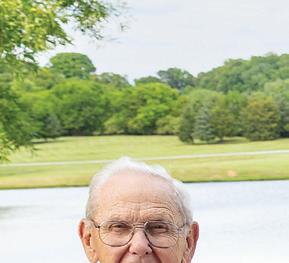
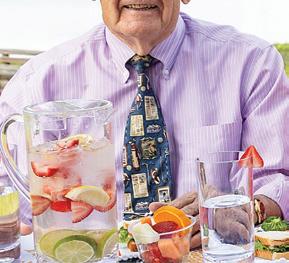

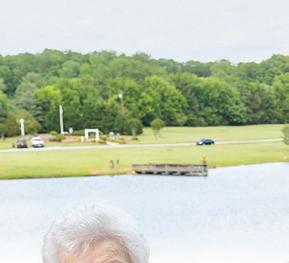
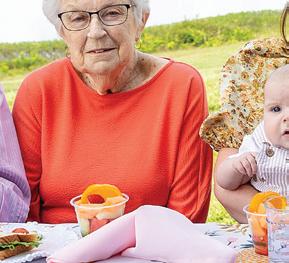

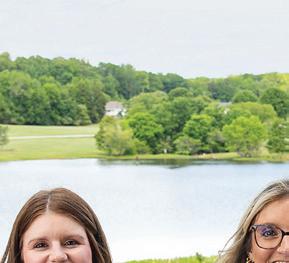


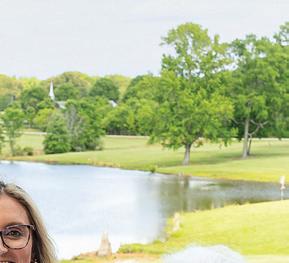
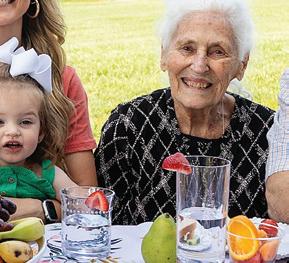

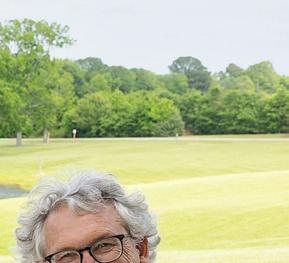
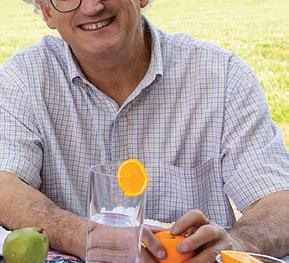

You don’t have to do it alone. When staying at home is no longer the best option for your aging loved one, Commonwealth Senior Living can help you navigate the journey. Like an extension of your family, we o er expert guidance and heartfelt support every step of the way.
Our dedicated team will take the time to understand your loved one’s needs and preferences and create a personalized plan that helps them live their best life. rough compassionate care, engaging activities, and a welcoming community, we will help your family embrace this new chapter with con dence.
Schedule a visit with us this month and enjoy a complimentary dinner for two.
PLUS: Move in by December 30th and enjoy 2025 rates! 757-347-1732
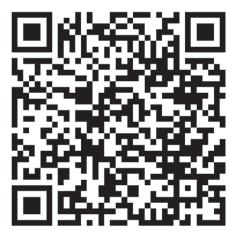
Report an antisemitic incident at www.Federation.JewishVA.org/IncidentReporting
In an emergency, always call 9-1-1 first.
If online reporting is not practical, contact local law enforcement and/or the relevant suspicious activity reporting authority.
Also contact Mike Goldsmith, Tidewater’s SCN Regional Security Advisor, at MGoldsmith@ujft.org or 844-SCN-DESK.
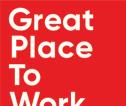


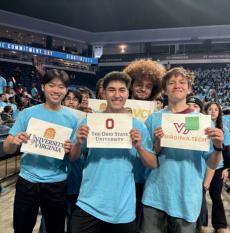




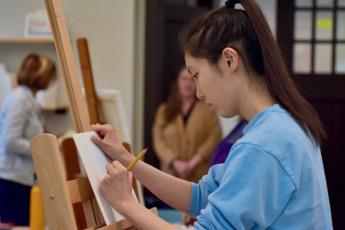
Discover the power of personalized giving. Donor-advised funds allow you to recommend grants to organizations close to your heart.
Field-of-interest or community funds let you support causes you are passionate about.
An evening with MAJ John W. Spencer, USA (Ret.)
Wednesday, December 3, 7:30 pm, Sandler Family Campus, Free
David Leon
In an era where global conflicts are increasingly fought in dense urban environments, understanding the strategic, moral, and humanitarian dimensions of modern warfare has never been more critical. Few experts combine battlefield experience with public education as effectively as MAJ John W. Spencer, USA (Ret.), executive director of Urban Warfare Institute.
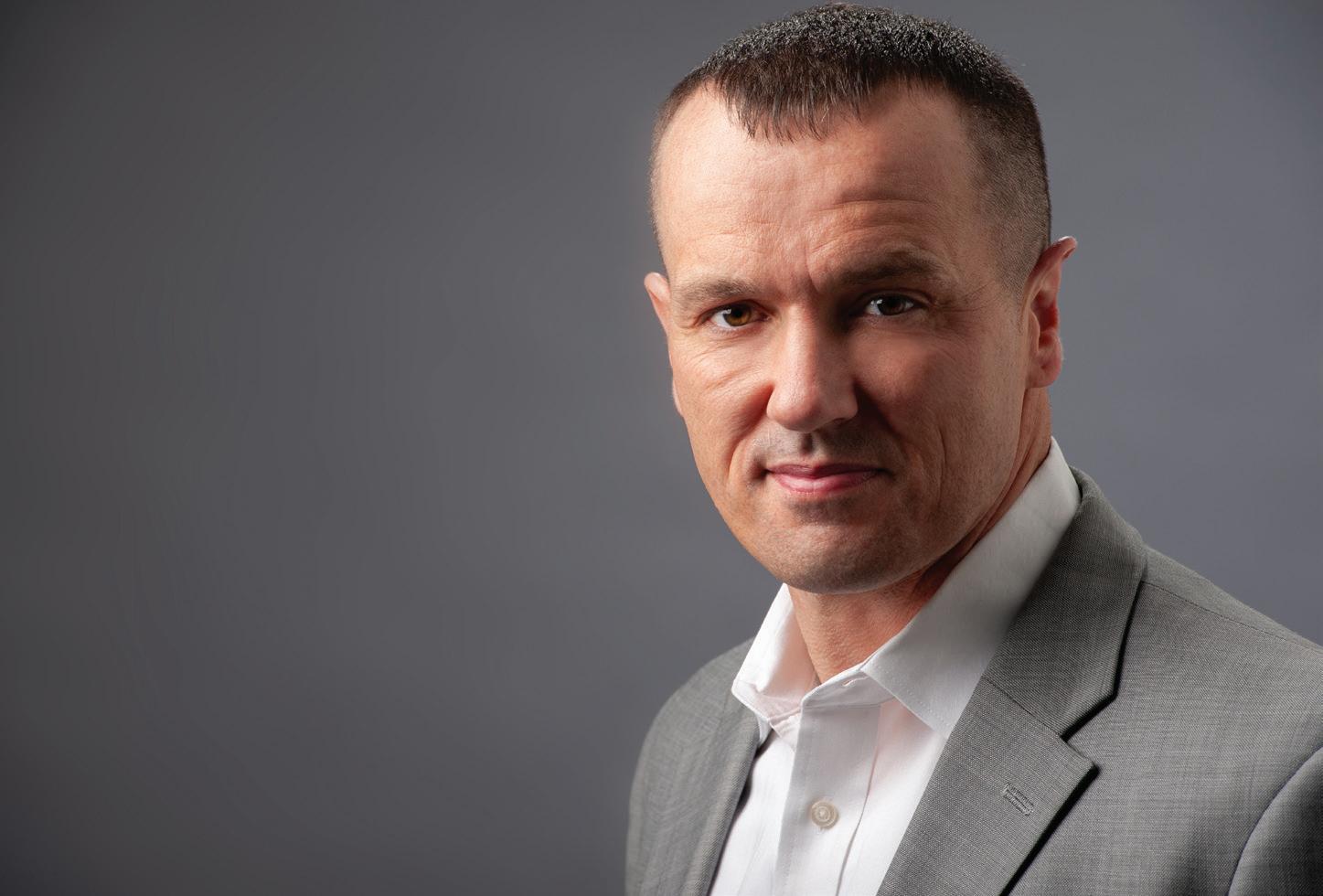
Contact us to explore your options for year-end giving:
(757) 622-7951 or HamptonRoadsCF.org/ giving-your-way/waysto-give

A veteran of more than 25 years, Spencer has held every rank from Private to Major, serving in elite units, including the 75th Ranger Regiment and 173rd Airborne. His deployments to Iraq, leadership in Ranger School, and strategic advisory work at the Pentagon and West Point give him a rare perspective on urban combat. Today, he continues to shape military thinking as a colonel in the California State Guard and as director of Urban Warfare Training for the 40th Infantry Division.
The US-Israel Gaza aid plan is working—which is why Hamas is spreading lies about it.
Spencer is a leading voice on the Israel-Hamas conflict, confronting misinformation while defending Israel’s right to selfdefense. In The Washington Free Beacon, he called the U.N. Genocide Report against Israel “an assault on critical thinking,” and in The Washington Post, he explained why “a siege on Gaza City is not a war crime.” His Jerusalem Post articles highlight Israel’s humanitarian efforts and counter false claims of genocide.
Spencer’s research spans conflicts from Nagorno-Karabakh to Ukraine, focusing on the challenges of urban warfare while minimizing civilian harm. As he notes in The New York Post, “The US-Israel Gaza aid plan is working—which is why Hamas is spreading lies about it.” Through his books, Understanding Urban Warfare and Connected Soldiers, and his Urban Warfare Project Podcast, Spencer shares insights into strategic planning, tactical execution, and moral clarity in war.
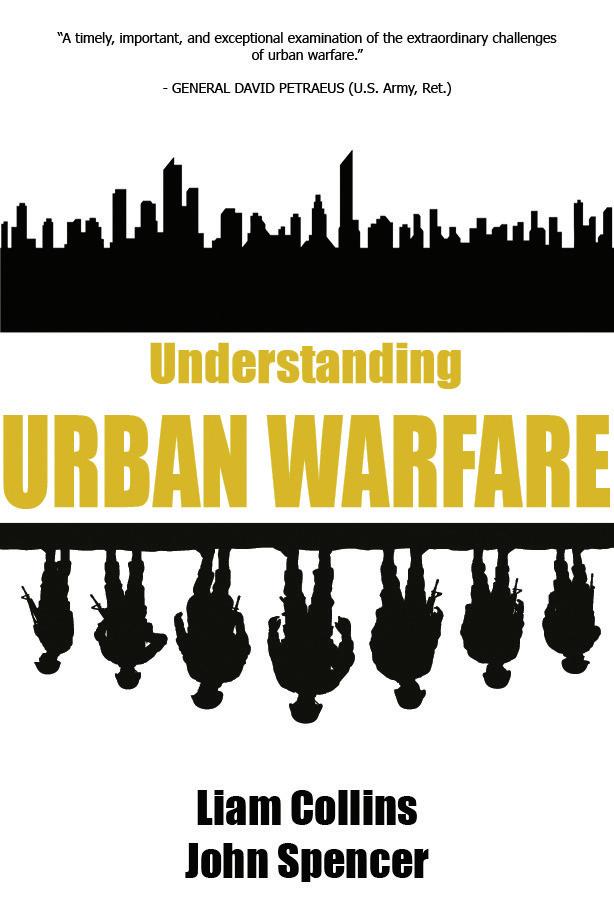
He also addresses broader regional dynamics – from Egypt’s role in Gaza’s humanitarian crisis to Israel’s protection of the Druze in Syria – showing Israel’s commitment to responsibility even in complex conflicts.
This event is a rare opportunity to hear directly from one of the world’s foremost urban warfare experts. For more information or to RSVP, which is required by Monday, December 1, visit JewishVA.org/Spencer or contact Nofar Trem, UJFT’s Israel engagement manager, at NTrem@ujft.org.
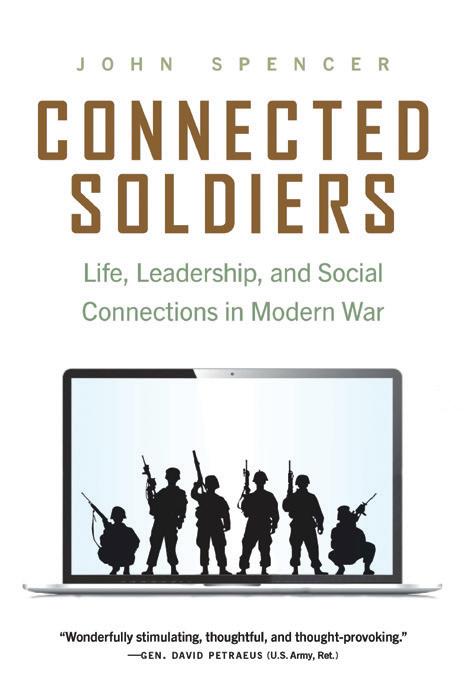
Additional security measures will be in place; please have ID ready and allow extra time for check-in.
Israel in Focus is a Jewish Federations of North America partnership with AJC, the Conference of Presidents, ADL, and AIPAC. Presented by the Jewish Community Relations Council of the United Jewish Federation of Tidewater as part of the 15th Annual Israel Today Forum.
David Leon is immediate past president of the United Jewish Federation of Tidewater.
Andrew Lapin (JTA) — The president of the Heritage Foundation, the leading conservative think tank, defended right-wing pundit Tucker Carlson and said the group would not cut ties with him days after Carlson hosted an interview with antisemitic influencer Nick Fuentes.
Kevin Roberts also said in a video on the social network X that Christians should reject calls not to criticize Israel, which he said were coming from a “venomous coalition” of “bad actors,” and that conservatives should further refrain from “canceling” Fuentes.
“We will always defend truth, we will always defend America, and we will always defend our friends against the slander of bad actors who serve someone else’s agenda,” Roberts said. “That includes Tucker Carlson, who remains, and, as I have said before, always will be, a close friend of the Heritage Foundation.”
He warned Carlson’s critics: “Their attempt to cancel him will fail.”
It was a striking show of support from the influential conservative organization, which previously put out “Project Esther,” a right-wing plan to counter antisemitism post-Oct. 7. The Heritage Foundation was also behind Project 2025, a right-wing blueprint for President Donald Trump’s second term in office that has been closely adhered to on a policy level and has farmed many of Trump’s closest associates.
Fuentes has mounted an outside bid for influence within the larger right-wing movement, using overt antisemitism as his main flank. His chummy conversation with Carlson, who agreed with the provocateur on many issues including Israel, was seen as a further mainstreaming of antisemitic views within the right.
Roberts, however, saw it as embodying the conservative ideals of free debate.
“I disagree with, and even abhor, things that Nick Fuentes says,” Roberts said, without elaborating. “But canceling him is not the answer, either. When we disagree
with a person’s thoughts and opinions, we challenge those ideas in debate. And we have seen success in this approach as we continue to dismantle the vile ideas of the left.”
Framing Carlson’s critics as dissatisfied online, Roberts continued, “The Heritage Foundation didn’t become the intellectual backbone of the conservative movement by canceling our own people or policing the consciences of Christians. And we won’t start doing that now. We don’t take direction from comments on X.”
Elsewhere, the Heritage head staked out a position that was critical of Israel, at a time when once-sacrosanct support for the country on the right is diminishing.
“Christians can critique the state of Israel without being antisemitic. And of course, antisemitism should be condemned,” he said. “My loyalty as a Christian and as an American is to Christ first, and America always. When it serves the interests of the United States to cooperate with Israel and other allies, we should do so, with partnerships on security, intelligence and technology. But when it doesn’t, conservatives should feel no obligation to reflexively support any foreign government, no matter how loud the pressure becomes from the globalist class or from their mouthpieces in Washington.”
(The term “globalist” has a history of being used as an antisemitic dog whistle.)
Roberts’s remarks on only supporting Israel when it suits the United States echoed similar statements made by Vice President JD Vance in Mississippi Oct. 29 — at an event in which Vance, too, was criticized for failing to condemn a question laced with antisemitism.
On X, some conservative Jews criticized Roberts.
“There can be no respectful debate with people who have said the things that Fuentes and Tucker have said about Jews,” replied Mike Ginsberg, a Jewish Virginia Republican. “Choosing to associate with them — consciously, knowing what they have said about Jews — is a choice.”

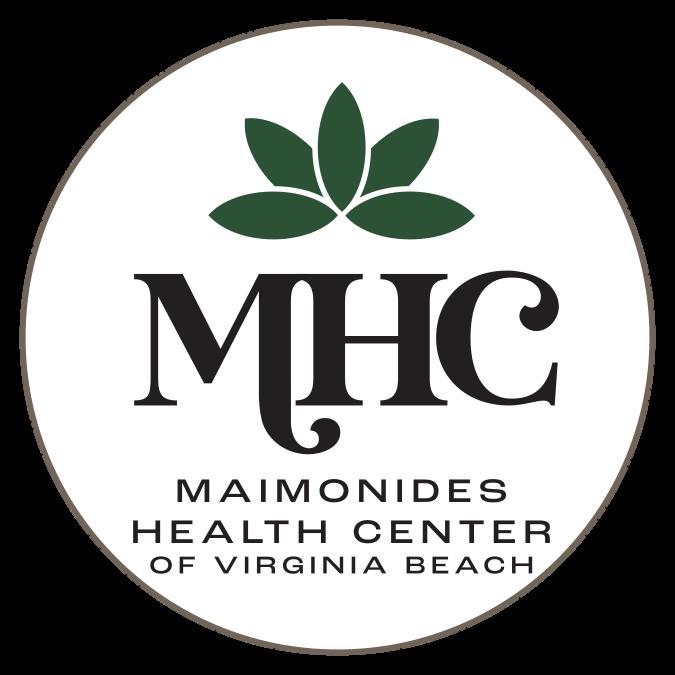

The day following the election of Zohran Mamdani as mayor of New York City, Ted Deutch, CEO of American Jewish Committee, distributed the following email.
Ted Deutch
The world’s attention is focused on New York City with Zohran Mamdani winning the mayoral election, and I want you to know how American Jewish Committee (AJC) is approaching this critical moment for our community.
First, we thought it was important to lead through a strong and unified Jewish community response, so last night we issued a statement along with UJA-Federation of New York, JCRC-NY, ADL New York/New Jersey, and the New York Board of Rabbis making clear that we will stand united as we hold Mayor-elect Mamdani “fully accountable for ensuring that New York remains a place where Jewish life and support for Israel are protected and can thrive.”
Next, my colleague, Josh Kramer, our Regional Director of AJC New York, penned a powerful letter to the Mayor-elect. In it, we tell the Mayor-elect, “We will be vigilant in ensuring that New York City government and your position as mayor are not used to hold Israel to a double standard or to attempt to isolate Israel economically in an effort to dismantle the world’s only Jewish state.”
I want to focus on what comes next in New York City and beyond to address the profound concerns about what the future holds for Jewish safety and belonging.
(1) The Mayor-elect’s refusal to condemn “globalize the intifada” and use of the term “genocide” when describing Israel’s defensive war against Hamas is chilling. We’ve been very outspoken on both throughout his campaign. The intifadas weren’t abstract political movements—they were waves of terror that slaughtered innocent Jews on buses, in pizza shops, and at nightclubs. When protesters chant this phrase, they’re calling for that violence to spread worldwide. And to call Israel’s self-defensive military operation a “genocide” is not only factually and legally inaccurate, it provides fuel
for extremist actors to turn to violence. AJC has been crystal clear: this rhetoric is dangerous, hateful, and incites violence against Jews. New York is supposed to be a city where everyone feels safe, where threats against any community are met with swift condemnation. Jewish New Yorkers are asking for nothing more than that same basic safety and respect. We will continue to press the Mayor-elect to clearly condemn and cease using these hateful terms.
(2) Despite having zero legal authority to do so, the Mayor-elect has doubled down on his plan to have the NYPD arrest the Prime Minister of Israel. The threat relies on a controversial and politicized ICC warrant that legal experts say is both unenforceable and potentially illegal under federal law. More than that, it would hurt—not help—the chances for long-term peace by imperiling Israel’s ability to negotiate in one of the world’s most critical diplomatic hubs.
AJC has been crystal clear: this rhetoric is dangerous, hateful, and incites violence against Jews.
At AJC, we’ll keep pushing for peace and normalization through real diplomacy, making the case to anyone who’ll listen that more engagement is what creates a more secure Middle East. Peace doesn’t come from arresting leaders; it comes from bringing them to the table.
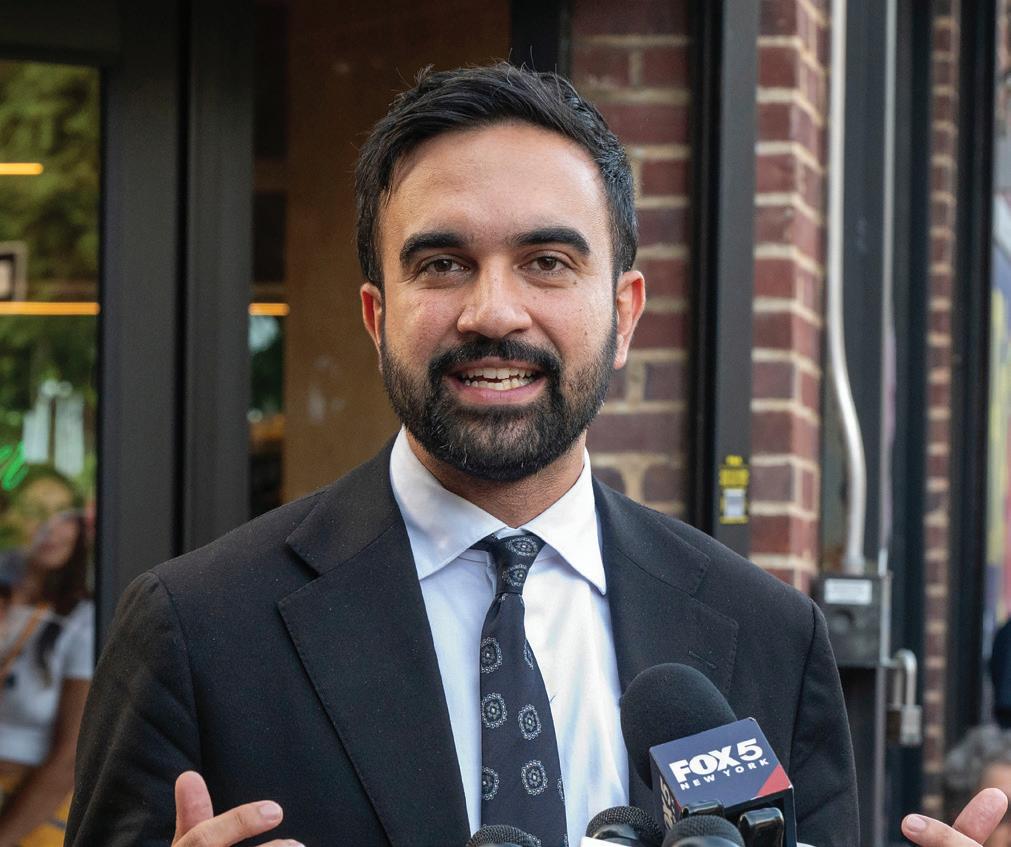
(3) Mayor-elect Mamdani has refused to acknowledge that Israel is both Jewish and democratic. Most Jewish New Yorkers believe that Israel should continue to be a Jewish and democratic state, one whose Declaration of Independence clearly states that “it will ensure complete equality of social and political rights to all its inhabitants irrespective of religion, race or sex.” Jewish New Yorkers have a deep connection to Israel, just as many Diaspora communities
in the city feel to their respective homelands. At AJC, we’ll make sure the Mayor-elect and every leader in this city understands why Israel’s Jewish and democratic character matters—and we’ll fight to boost the “Hidden Voices” curriculum in New York City public schools, which provides curriculum resources, lesson plans, and workshops to highlight the histories and contributions of underrepresented groups in U.S. history. More NYC students need to learn about Jewish Americans’ contributions to our nation and understand Zionism for what it actually is: the right to Jewish self-determination in our ancestral homeland.
(4) Mayor-elect Mamdani has called into question the future of the Cornell-Technion partnership on Roosevelt Island, one of New York’s premier innovation hubs, fostering research, entrepreneurship, and U.S.–Israel collaboration. Ending this partnership would deal a blow to the city’s booming tech sector, chase away innovators, destroy vital educational opportunities, and damage New York’s reputation as a global business hub. At AJC, we’re mobilizing the business community and higher education leaders to defend this partnership, fight against BDS, and highlight what’s at stake: jobs, research breakthroughs, and New York’s competitive edge.
Here’s the bottom line: AJC will never stop fighting for the Jewish community. That’s who we are. It’s what we’ve always done, around the world and, especially today, in the city with the largest Jewish population in the Diaspora. The impact of language and policies of the Mayor of New York City doesn’t stop in Manhattan, Brooklyn, the Bronx, Queens, or Staten Island. It reverberates around the world. And just as we defend every Jewish community around the world, today and in the months ahead, we’ll be standing proudly with New York’s Jews demanding the safety, security, and respect that we fully deserve.
Opinion pieces reflect the opinions of the writers, not of Jewish News or United Jewish Federation of Tidewater.

If you are noticing signs your loved one is having memory challenges, it can be difficult to imagine — and plan for — the road that lies ahead.
Our team of dedicated experts offers much needed peace of mind by providing the personalized care and support your loved one needs — all in our redesigned and secure environment purposefully built to help residents thrive.
Schedule a personal consultation: Call 757-517-8992, visit HarborsEdgeNorfolk.com/Memory or scan the QR code
The Center for Memory Support at



Asaf Elia-Shalev (JTA) — The Anti-Defamation League is launching a nationwide legal service to connect victims of antisemitism with lawyers who can take their cases on a pro-bono basis.
The initiative comes as the ADL has increasingly turned to litigation as a tactic — the group says it has filed more lawsuits and legal complaints in the last years than in its previous 110 years combined.
Announced on Wednesday, Oct. 29, the ADL Legal Action Network comes out of a partnership with Gibson, Dunn & Crutcher, one of the largest law firms in the country. In total, more than 40 firms have agreed to participate, collectively tapping a pool of 39,000 attorneys.
The network will accept online
submissions involving discrimination, intimidation, harassment, vandalism, or violence and use artificial intelligence to evaluate them. Tips that make it through the system will be referred to partner firms or the ADL’s in-house litigators.
“For decades, victims of antisemitism have come to ADL to receive frontline services,” ADL CEO Jonathan Greenblatt says. “We are now dramatically expanding our capabilities to support more Jewish Americans by helping to provide direct access to legal support anywhere in the country.”
Gibson Dunn partner Orin Snyder calls the network an “unprecedented legal firewall against antisemitism, extremism, and hate.”
The initiative comes as the ADL,
which is flush with donations, retreats from some of its traditional advocacy and educational work while facing an onslaught from the right, including the cutting of longstanding ties to the FBI after the agency’s director, Kash Patel, said the ADL has been “functioning like a terrorist organization.” (The group has also faced criticism from the left.)
The group recently eliminated an online resource known as the Glossary of Extremism and Hate, which counted more than 1,000 entries after accusations of bias by conservatives. It has also, for example, eliminated a signature anti-bias training for students and teachers that included a focus on racism and LGBTQ issues.
Greenblatt says he is intentionally retooling the organization to prioritize

countering antisemitism as American Jews report increased harassment and discrimination.
The legal network formalizes and expands the Campus Antisemitism Legal Line, which Gibson Dunn launched with the ADL, Hillel International, and the Louis D. Brandeis Center in 2023. The ADL says CALL has received nearly 1,000 reports from 230 campuses and helped spur civil rights complaints and criminal cases. The new system extends that model beyond higher education to workplaces, public accommodations, and allegations involving extremist organizations and individuals.
One example that originated with a tip is a federal complaint filed by the ADL and its partners in June alleging that a high school in the Boston suburbs failed to protect Jewish students from antisemitism.
The complaint says that ConcordCarlisle High School and Concord Middle School became hotbeds for abuse of Jewish students, including “Nazi salutes in school hallways, students dividing themselves into teams called ‘Team Auschwitz; and ‘Team Hamas’ during athletic games, swastikas drawn in notebooks and on school property, and the use of antisemitic slurs such as ‘kike,’ ‘dirty Jew,’ and ‘go to the gas chamber,’” according to the ADL. School administrators allegedly downplayed or dismissed students’ complaints.
The district says it takes antisemitism seriously and that it is cooperating with officials. It also says it is consulting with Jewish groups as it reviews its classroom policies and training programs.
Directing the expanded network is James Pasch, who was tapped in 2023 to head a new litigation division for the organization. In an interview, Pasch says the organization is deliberately making the courthouse a central arena.
“ADL does and has done, historically, three things incredibly well — we educate, we advocate and we investigate — and now we litigate,” he says. The aim, he adds, is to “create life-altering costs to perpetrators who are committing illicit acts of
antisemitism,” develop case law that better protects Jews, and give victims “a necessary outlet to tell their story in a complete way.”
This is a moment that will take an allof-society approach
Pasch says the ADL’s litigation team has grown into “like a boutique litigation firm inside ADL,” with roughly seven litigators plus support staff, while most large matters proceed with support from outside law firms. The expansion comes amid skyrocketing fundraising, which topped $170 million in annual donations, according to its most recent audited financial statements — a $65 million increase over its best year.
Pasch says settlements, or even the threat of a filing, can lead to immediate impact and set standards for other institutions.
The ADL’s case list since Oct. 7 ranges across campuses, K-12 districts, workplaces, and terror-finance suits. The group filed federal actions seeking to hold Iran, Syria, and North Korea responsible for allegedly supporting Hamas’ Oct. 7 attack; separate complaints invoke Title VI against universities and school districts over what the ADL calls failures to adequately respond to antisemitism. The organization has also backed a church lawsuit targeting intimidation by a white supremacist group.
The initiative comes as many large firms reportedly recalibrate their pro bono work under pressure from the Trump administration, which has elevated antisemitism as a signature priority. To avoid becoming targets over more politically sensitive matters such as immigration and asylum, some firms are reportedly steering clear of those cases. Partnering with Jewish organizations on antisemitism claims lets the firms align with an issue the administration has endorsed.
Under President Donald Trump, the Department of Justice has reorganized its civil rights division to focus on a narrow list of priorities, among them antisemitism.
The department has launched probes into universities accused of mishandling last year’s protests over the war in Gaza, and last month brought charges against an alleged Palestinian militant who participated in Hamas’ Oct. 7 attack on Israel before entering the United States as an immigrant.
Pasch says he welcomes federal efforts but adds that increased government action is no reason for civil society to let up the legal pressure.
“This is a moment that will take an all-of-society approach from the government, to NGOs, to private business,” he says. “In legal cases,
the Justice Department generally does not represent private individuals who are victims of antisemitism, but ADL along with our partners in firms have the ability to bring those cases to the forefront.”
The ADL is not the only Jewish group also ratcheting up litigation.
The Brandeis Center, a Washington, D.C.–based nonprofit dedicated to advancing “civil and human rights of the Jewish people” has announced five new hires. The group is led by Kenneth Marcus, who is credited with pioneering the use of federal civil rights law — especially Title VI — to address antisemitism in education.
The pro-Israel group StandWithUs reports that its legal team has tripled since the Oct. 7 attacks and has been publishing semiannual reports detailing new cases.
The increase in legal activity comes amid a broader debate about how to balance civil rights enforcement with free-speech protections. As part of settlement negotiations, the ADL has demanded that school districts and universities formally
adopt what’s known as the IHRA definition of antisemitism.
But civil liberties groups and Palestinian-rights advocates have criticized the use of Title VI complaints tied to the IHRA definition because they say aggressive enforcement can stifle political discussions about Israel. The ADL and its partners counter that the cases target conduct — harassment, threats, discrimination — not viewpoints, and that filings have already yielded concrete changes on campuses and in districts.
In explaining how he selects what cases to pursue, Pasch says the criteria include whether a filing would disrupt harmful activity, strengthen or establish law, and give victims a full voice.
“We can’t heal the injured and we can’t bring people back from the dead,” he says in reference to the Oct. 7 attack and ADL’s pending litigation. “But we can provide a voice and some semblance of relief for victims, whether that be policy change or monetary relief.”

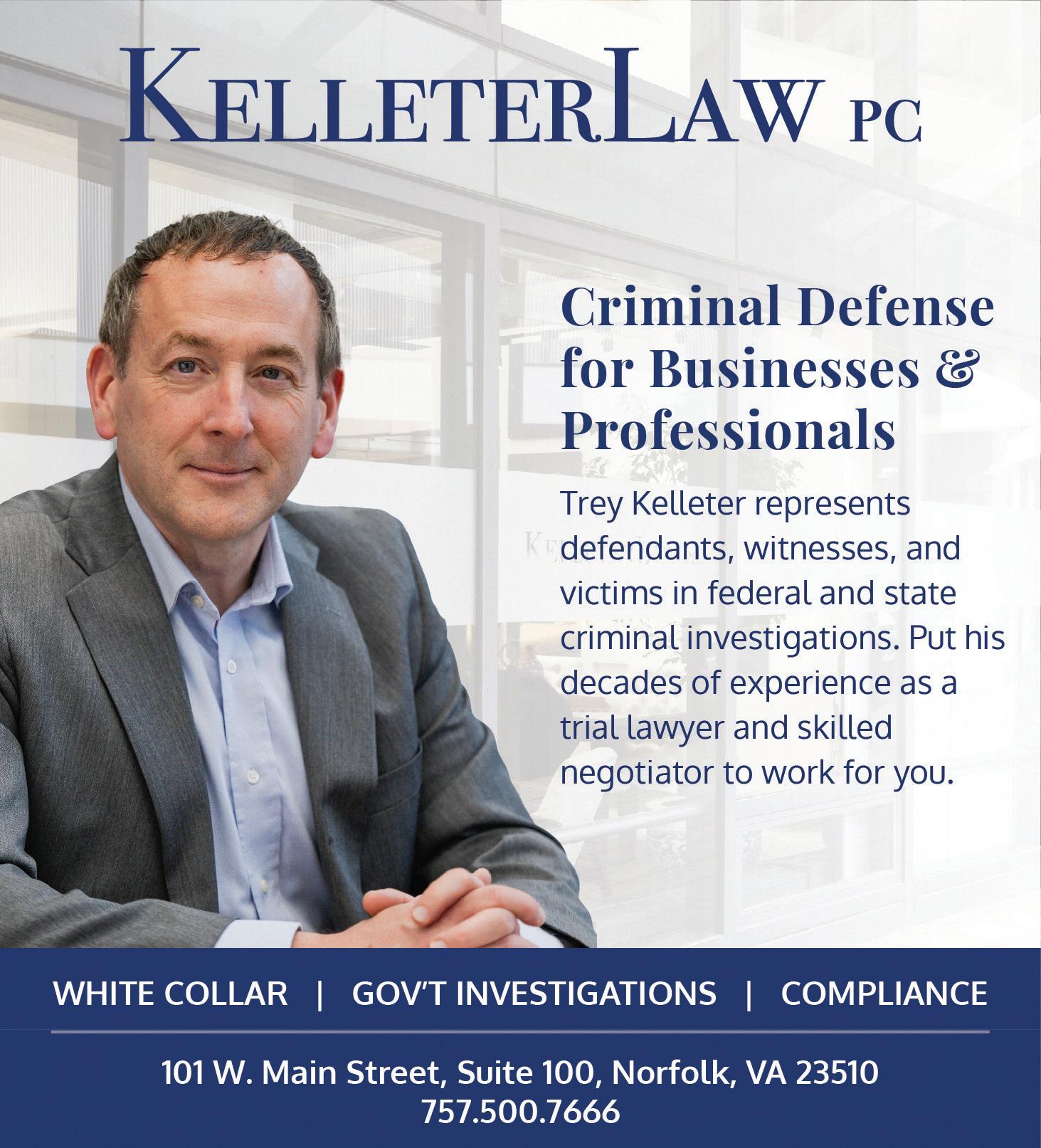


























































































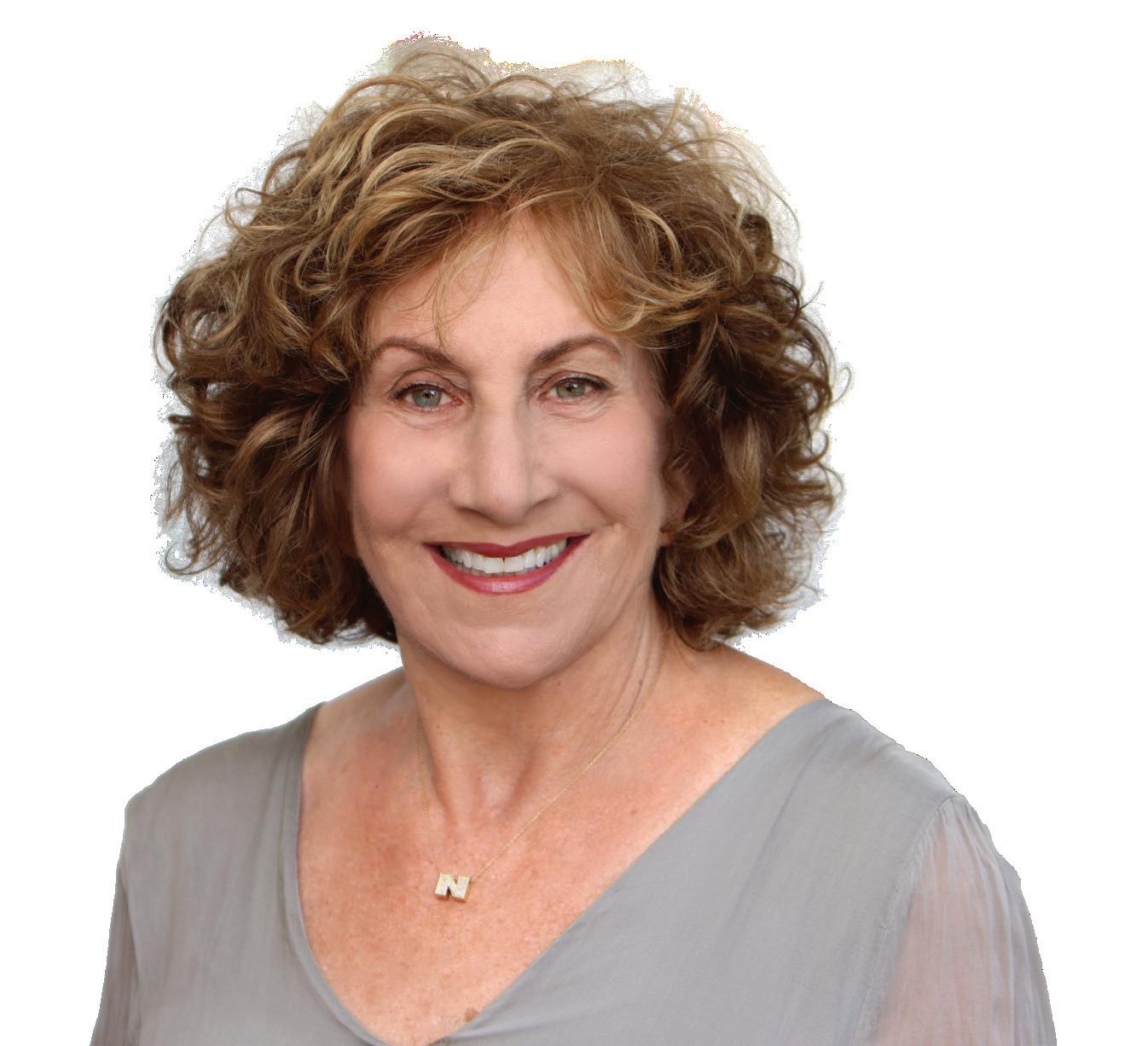





















































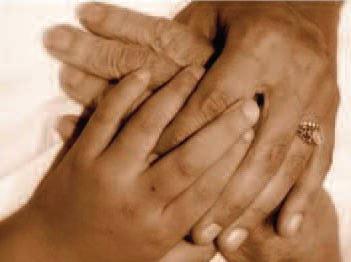
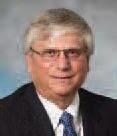
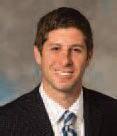
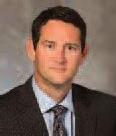






















We got your letter. Initially, my thought was that you were young firebrands who wanted to shake up the world. Then I re-read what you wrote. And I thought about it for a while. Then I thought some more. And then I concluded you are propagandistic and are inclined to be anti-Israel.
You’re propagandistic because you think, despite blatant evidence to the contrary, that Israel did anything other than fight a justified war that exceeded the humanitarian standards of the Western notions of war. Just to be clear, Israel exceeded, not violated, humanitarian standards. It’s easy to see if you apply some critical thinking.
Hamas said there were 65,400 casualties from the war. That’s an unreliable number, given that it was produced
terror tunnels in a war started by a terrorist group that admittedly uses human shields. It’s so unbelievably low. No other conflict is close. So there goes the whole claim of genocide, cruelty, disproportionality or any other nonsense.
I know you’re thinking, “Israel is lying when it says it killed 25,000 terrorists.” And that leads me to my next point. If you believe Hamas’ numbers but don’t believe Israel’s numbers, that means you have an inclination to be anti-Israel. I don’t know how you came to think that way. The Tidewater Jewish community didn’t teach you that. Maybe your hatred of Netanyahu has irrationally metastasized into a hatred of Israel.
Maybe you’re ashamed of being Jewish or want your non-Jewish antisemitic friends to accept you.
Need more proof that you are antiIsrael? The claim of famine is false on its face. Only someone looking for a fact-free excuse to make Israel look bad would allege it. One essential element of the IPC definition of famine is that there are 2 deaths per 10,000 people per day from a lack of food. If there were 1,000,000 people in Gaza City, that would mean 200 deaths per day in Gaza City. Hamas’ own report (in other words, terrorist propaganda) was 212 deaths over 7 months in all of Gaza from lack of food.
I don’t know how you turned out
this way. By “this way,” I mean predisposed to believe Hamas over Israel. But I care. If I didn’t care, I wouldn’t have told you what I think. And just to make sure it sinks in, I’ll say it again: you’re propagandistic and you’re anti-Israel. Get your act together. If you do, maybe I’ll listen.
A member of Tidewater’s Jewish community
Letters to the editor reflect the opinions of the writers, not of Jewish News or United Jewish Federation of Tidewater. To submit a letter, email news@ujft.org or go to JewishNewsVa.org and click on ‘Contact’ to view the paper’s policy on letters.





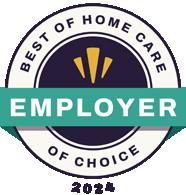




Asaf Elia-Shalev (JTA) — American Jewish leaders have blamed Tiktok for allowing antisemitism to spread among young people and Israeli Prime Minister Benjamin Netanyahu recently accused China of using the platform to promote anti-Israel sentiment around the world — a charge China denies.
The allegations form a backdrop to the high-stakes negotiations over TikTok’s future in the United States that may be finally heading to a resolution. Treasury Secretary Scott Bessent announced Thursday, Oct. 30, that Beijing has green-lit a multi-billion-dollar deal that would bring the social media platform’s operations in the United States under American control.
“In Kuala Lumpur, we finalized the TikTok agreement in terms of getting Chinese approval, and I would expect that would go forward in the coming weeks and months, and we’ll finally see a resolution to that,” Bessent told Fox Business following a meeting between President Donald Trump and Chinese leader Xi Jinping.
The deal follows a law passed last year requiring China-based ByteDance to sell or face a ban of the app, which U.S. officials have called a national-security risk.
Details of the agreement have not been released, but the White House has previously said that a consortium of U.S. investors led by Oracle Corporation — whose co-founder, Larry Ellison, is a longtime supporter of Jewish causes and of Israel — would acquire a controlling stake in the app.
For the leader of one of the largest and most broadly representative Jewish groups in the country, these developments are hopeful.
“At the Jewish Federations of North America, we are optimistic about this moment,” JFNA CEO Eric Fingerhut said while moderating a panel on the deal at the organization’s Washington headquarters. “Frankly, the part that makes us the most
optimistic is the parties that seem to be associated with the deal on the American side, especially Oracle and Larry Ellison personally, who’s been such a strong supporter of our community.”
Also on the panel was social media expert Sarah O’Quinn, the U.S. director for public affairs at Center for Countering Digital Hate, who said she shared Fingerhut’s optimism that TikTok’s new owners would take steps to lessen the spread of antisemitism on the platform.
“This change in leadership — are they going to improve their policy?” O’Quinn asked rhetorically. “I think that’s probably true based on… the broad support coming from Ellison and Oracle on that [issue].”
Ellison, who was raised in a Reform Jewish household, briefly topped the list of richest people this year amid the surge in the value of tech stocks linked to the artificial intelligence boom. He has donated millions to Friends of the Israel Defense Forces, among other Israel-related causes and is reportedly close to Netanyahu. He says his affinity for Israel comes from his appreciation for the country’s record of tech innovation and resilience.
Ellison’s views in the debate over whether online hate speech should be countered with content moderation and policies restricting user expression are unknown. He became a major investor in Twitter when Elon Musk took over the platform, changed its name to X, and altered its rules in a way that has allowed Neo-Nazis and other antisemites to gain a wide reach.
During the panel, Fingerhut said that even while it became clear that antisemitism was a problem on TikTok, JFNA was the only Jewish group that lobbied for the bill that would force its sale.
He revealed internal concerns at the
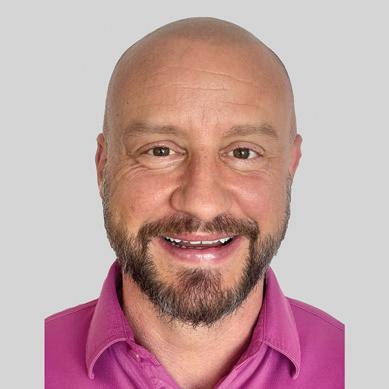
MEET: Jason Blanchette
As a family-owned business since 1954, we have strong roots in the Hampton Roads community.
We pride ourselves on being more than your average garden center and providing a truly unique experience for our customers. Generations have grown with us and visit our locations to enjoy our homegrown plants, boutique clothing, one of a kind gift, and the scratch made food in our restaurant–Sage Kitchen. It’s been our pleasure to serve this area for 70 years.
I truly appreciate having Payday Payroll as part of my team. This is the fourth payroll company we’ve used and far and away the best. They have given me the freedom to stay focused on my business and feel confident that the experts are handling my payroll. They are always available and capable to answer any questions I have. With Payday Payroll I feel certain my payroll needs are in the most capable hands!
Our client relationships are anything but transactional. We are long-term partners, dedicated to the success of our clients, and most importantly, their people.
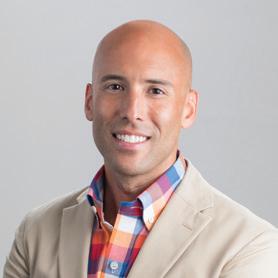
time that JFNA’s involvement could activate antisemitic tropes about Jewish power in politics.
“We asked ourselves that question when we were making the decision about whether to get involved,” he said. “Is this going to undermine the bill because it’ll become a target of … ‘here comes the Jewish community seeking to attack this company.”
He said JFNA ultimately decided to enter the fray because it was a severe case, and an opportunity to hold lawmakers to their commitment to fighting antisemitism.
Panelists offered varying levels of
optimism about TikTok’s future but there was a consensus that the new owners should strive for cooperation and transparency with users and advocates over antisemitism and other forms of harm.
Quinn added that the best tool advocates have to influence social media companies in the absence of government regulation is public pressure.
“The most important thing as Americans and people who represent communities across the country is to make sure that you’re sharing stories about how social media has harmed you or your family,” she said.


Hearing “Mazel Tov!” in my opinion, is the best and warmest form of congratulations. It comes with equal parts happiness, compliments, and Jewish affection. There’s nothing formal about “Mazel Tov!” Rather, it conjures up images of chairs being raised, glasses lifted, and shouts of “L’chaim!” What can be bad?
In this section devoted to all varieties of reasons to say “Mazel Tov!” we celebrate milestones for birthdays, businesses, and festivals, awards and recognitions, and one of the most joyful of occasions – marriages.







In fact, the article that begins on the adjacent page features several local weddings with photos of very beautiful brides and handsome grooms. Some of the latest twists that make each ceremony and celebration unique to the couple are also highlighted – and might be worth taking note of if planning an event for any purpose.
























































































One other piece I want to mention is the one about Rabbi Israel Zoberman who celebrates a milestone birthday this month – turning 80 years old. While he’s lived on three continents, Tidewater has been his home the longest. Happy Birthday and Mazel Tov Rabbi!



































There’s virtually no limit on how to celebrate and mark the special events in our lives. When contemplating which path to take, considering the services of some of the advertisers in this issue is always a good place to start.
The staff of Jewish News hopes you have multiple reasons to hear and to shout “Mazel Tov!” in the near and in the distant future!
Thanks for reading,

Terri Denison Editor
Four young women, with childhood roots in Jewish Tidewater, have nuptials on the mind. Now spread out across the country, three of these Virginia natives recently married, while one is still in the planning stages.
Hannah Diehl Testa and her husband, Kevin Testa, reside in Charleston, S.C., where she is a consultant and he works in sales. In September, they were married at the Historic Cavalier Hotel in Virginia Beach.
Julia Rosenblum Hartley, and her husband, Doug Harley, live in Seattle, where she is in her second year of residency in family medicine and he is a research engineer with Blue Origin. Their dream wedding, overlooking the beach at Marriott Virginia Beach Oceanfront Resort, was upended by Mother Nature who created a rain-soaked weekend. Fortunately, Plan B had been strategized
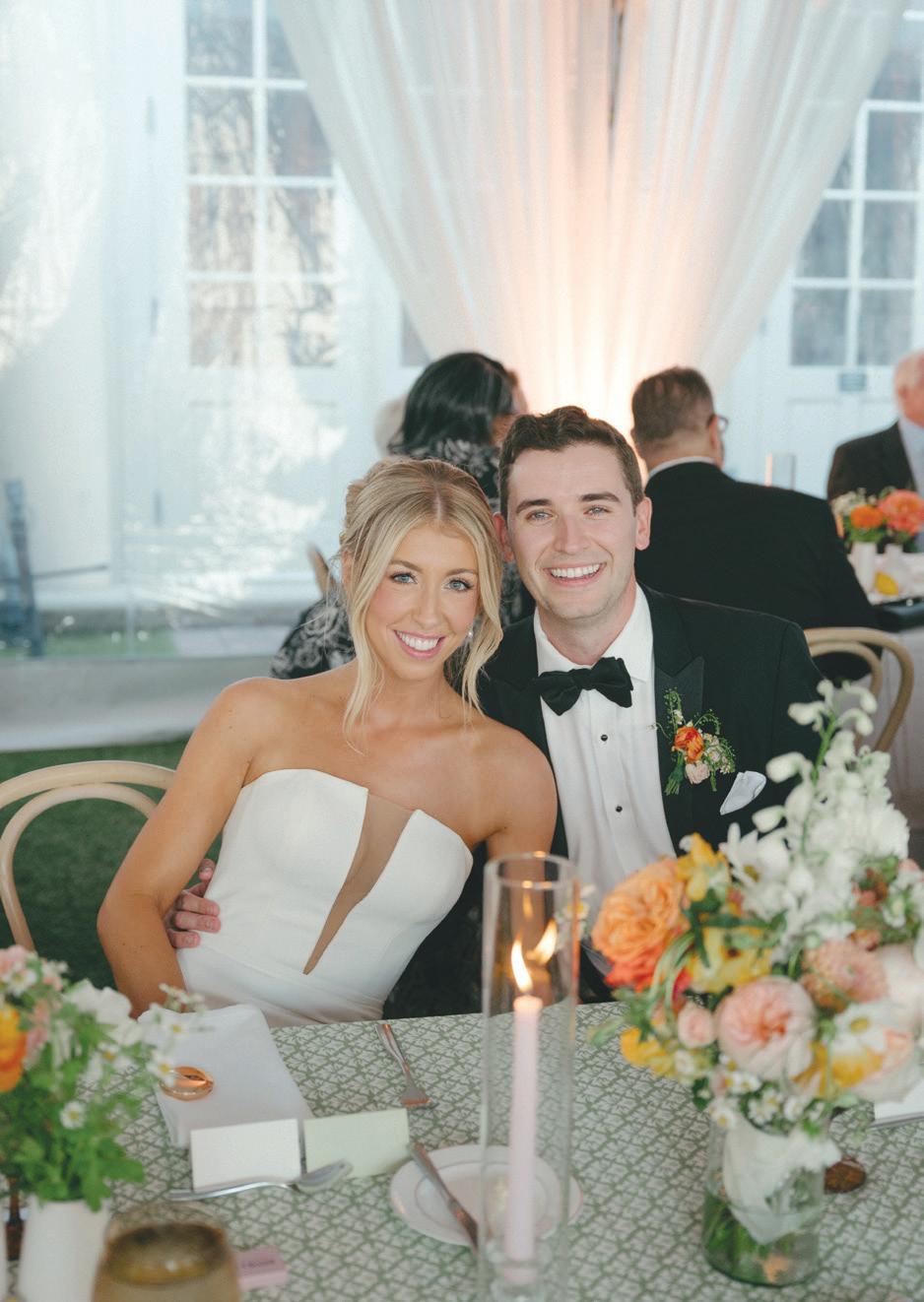
beforehand and everything moved inside, seemingly seamlessly.
Both the Hartleys and the Testas were married days before their weddings in front of a justice of the peace, since their officiants would not be recognized by the Commonwealth of Virginia. According to an article on theknot.com, a wedding site, this courthouse approach to saying “I do” satisfies the legality of the marriage, provides for more flexibility during the ceremony, and allows loved ones to officiate. The Testas recited their vows as the bride’s aunt, Laurie Seigel, officiated. A friend of the groom’s served as officiant at the Hartleys’ September wedding.
Also, that month, Becca Schwartzman, a transition specialist at Ivymount School in Rockville, Md., married Alec Gershen, an associate at Troutman Pepper Locke

LLP in Washington D.C., at the Westin Philadelphia where Rabbi Andrew Markowitz officiated.
When asked what was special about the wedding, Becca’s parents, Susan and Eric Schwartzman, say, “Aside from having our family and friends join us in celebrating Becca and Alec’s marriage, what touched us most was the Groom’s Tisch, the Bedecken, and the signing of the Ketubah. These customs—honoring the groom and the bride as individuals and then joyfully uniting them before they walked down the aisle to the chuppah, felt sacred and was wonderfully festive. We loved that Becca and Alec chose to make these traditions part of their wedding.”
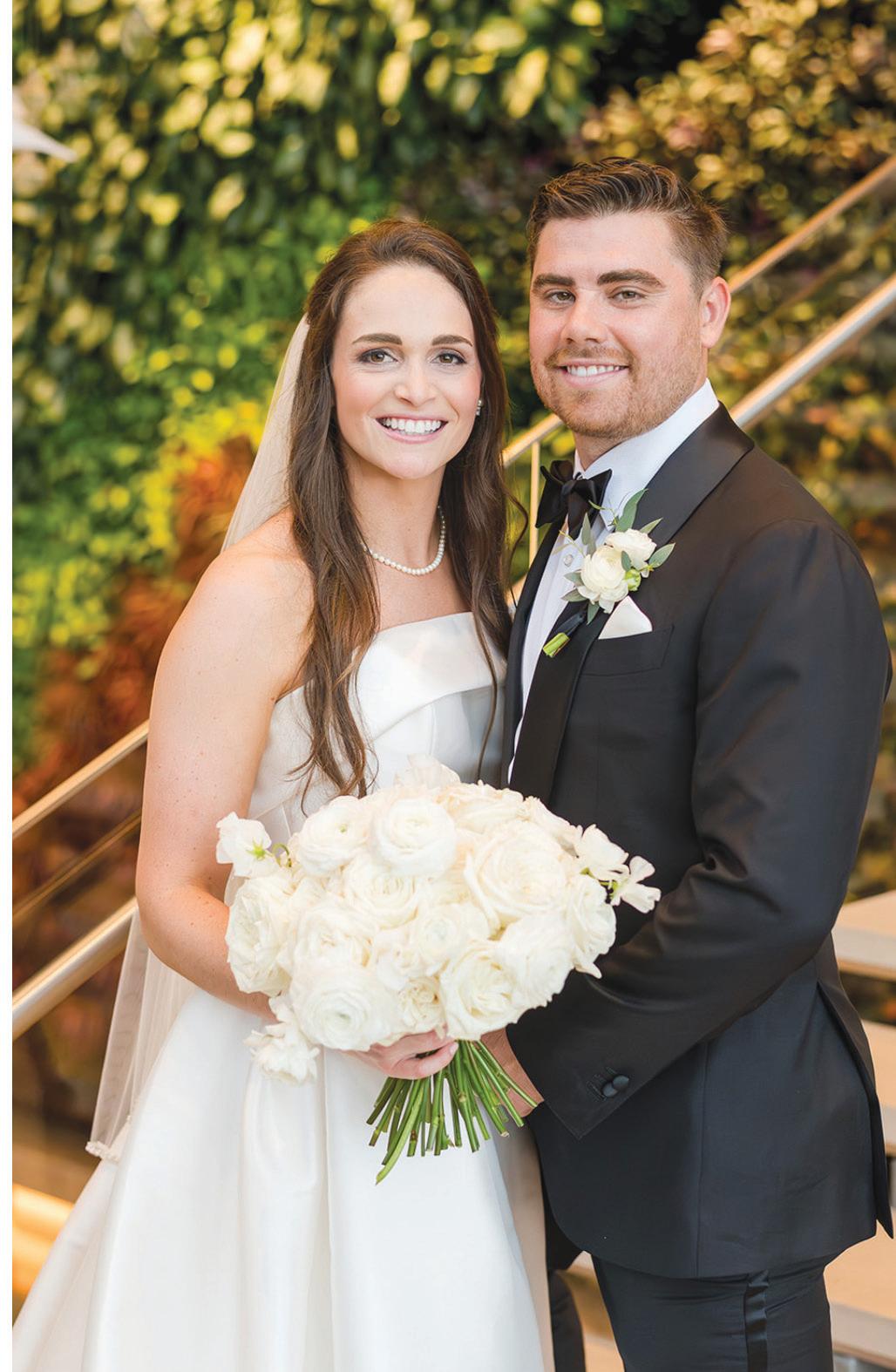
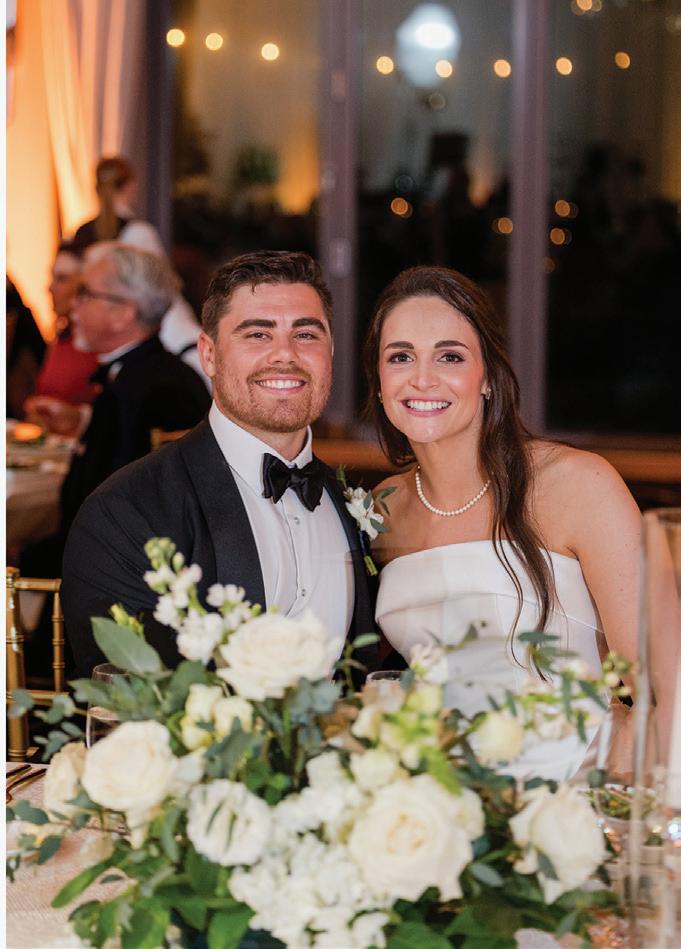



In May of 2027, Rachael Stromberg will marry her high school sweetheart, Sean Miller, at the Chrysler Museum, in a ceremony officiated by Rabbi Roz Mandelberg. Rachel works as an early childhood educator at Edlavitch D.C. JCC while completing a Speech Language Pathology Master’s Program, and Sean is a business analyst at McKinsey and Company.
All four couples opted for a black-tie dress code. Several other planning details have evolved as this new generation weds. These current brides curated this very personal milestone with their own twists. For starters, the three married couples shared wedding updates and registry on theknot.com, an option not available to previous generations.
Testa and Gershen added signature accents to their celebrations. Hannah and Kevin incorporated

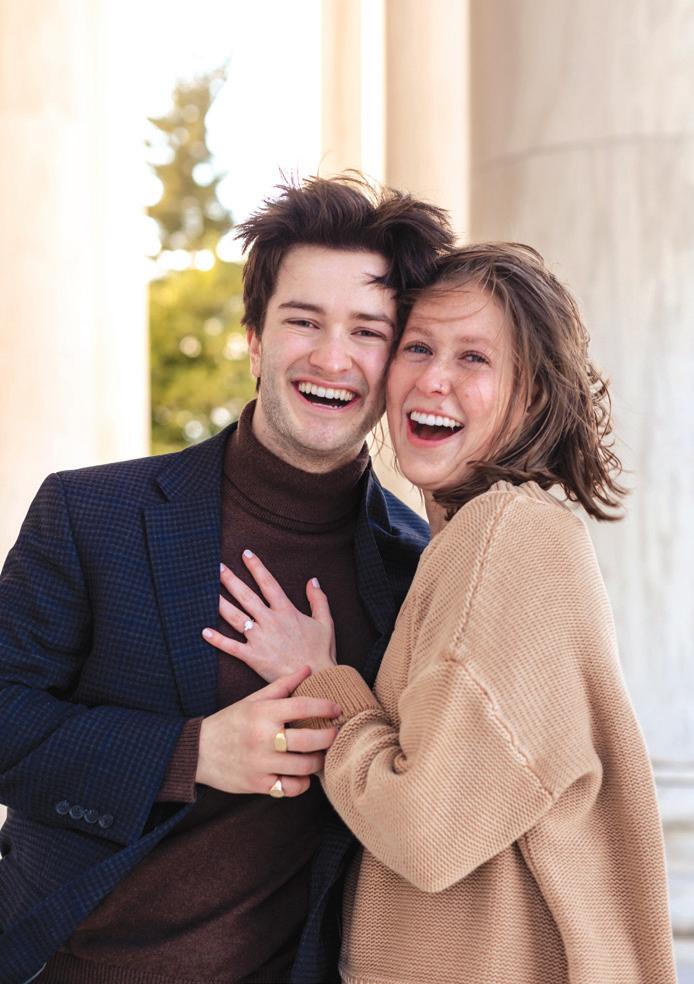
heirlooms on their wedding day, including their parents’ wedding pictures on the cake table, an ‘in memory of’ table with pictures, and the same cake topper on their wedding cake that had adorned the Diehls’ wedding cake a generation ago. Hannah’s robe, worn during hair and makeup, was made with lace from her mother’s wedding dress.
The Gershens, who met at summer camp, had signature drinks at their wedding, each with a connection to camp, plus a Mojito named for their dog, Mordi. Becca designed personalized matchboxes, also featuring their beloved pet.
Changing into a reception dress adds a second chapter to the wedding event and another chance for the bride to express her style. Both Testa and
Gershen changed from a wedding gown to a party dress in the later hour. Alec Gershon even changed from his black tuxedo into a white dinner jacket for the remainder of the evening.
The Hartley wedding included another trend that took flight in 2025 – the color green. A New York Times article shares that 11 percent of couples chose sage as their prominent color choice this year. Bridesmaids in this wedding wore sage green dresses, and the organic theme continued over the dance floor where white flowers amidst lush greens descended from the ceiling, dotted with large disco balls for a party vibe.
An ice cream trolley offered a selection of flavors and toppings as the cake stood nearby, ready for slicing. Ellen Rosenblum, Julia’s mother, says her favorite part of the night was the couple’s first dance. “They love each other so much, and they smiled the whole time.”
Celebrating his 80th birthday this month, Rabbi Israel Zoberman has packed a lot into his eight decades – including living on three continents. Tidewater has been his home since 1981.
Born on November 12, 1945, in Chu, Kazakhstan to Polish Holocaust survivors, Rabbi Dr. Israel Zoberman is believed to be the world’s only Kazakhstanborn rabbi. He spent his early childhood in Displaced Persons Camps in Austria and Germany following an escape from Poland. Immigrating to Haifa, Israel in 1949 with his family, he served in the IDF (Israel Defense Forces) in the 1960’s.
He is the founder and spiritual leader of Temple Lev Tikvah in Virginia Beach and the Honorary Senior Rabbi Scholar of Eastern Shore Chapel Episcopal Church in Virginia Beach.
Rabbi Zoberman offered prayers twice in the U.S. Senate and twice in the U.S. House of Representatives. He was the guest of Presidents George W. Bush, Barack Obama and Joe Biden at White House Hanukkah receptions. Cox Cable and Mayor Meyra Oberndorf of Virginia Beach honored him as a “Great Citizen of Hampton Roads” in 1989.
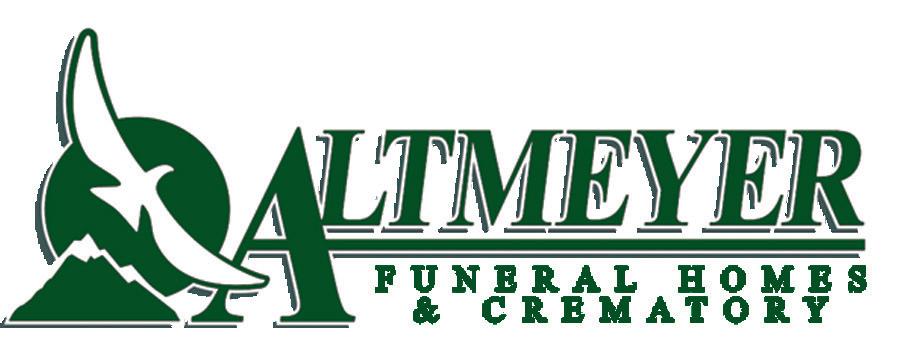
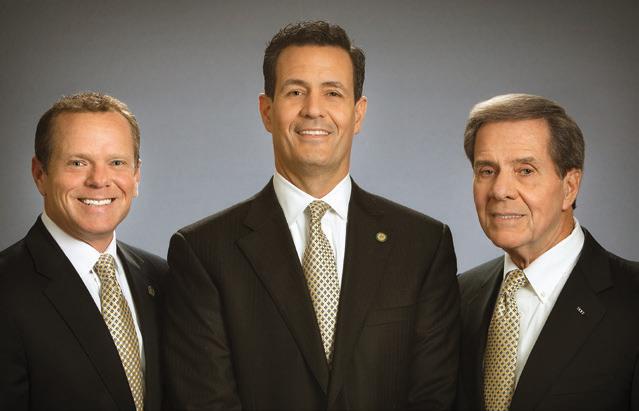
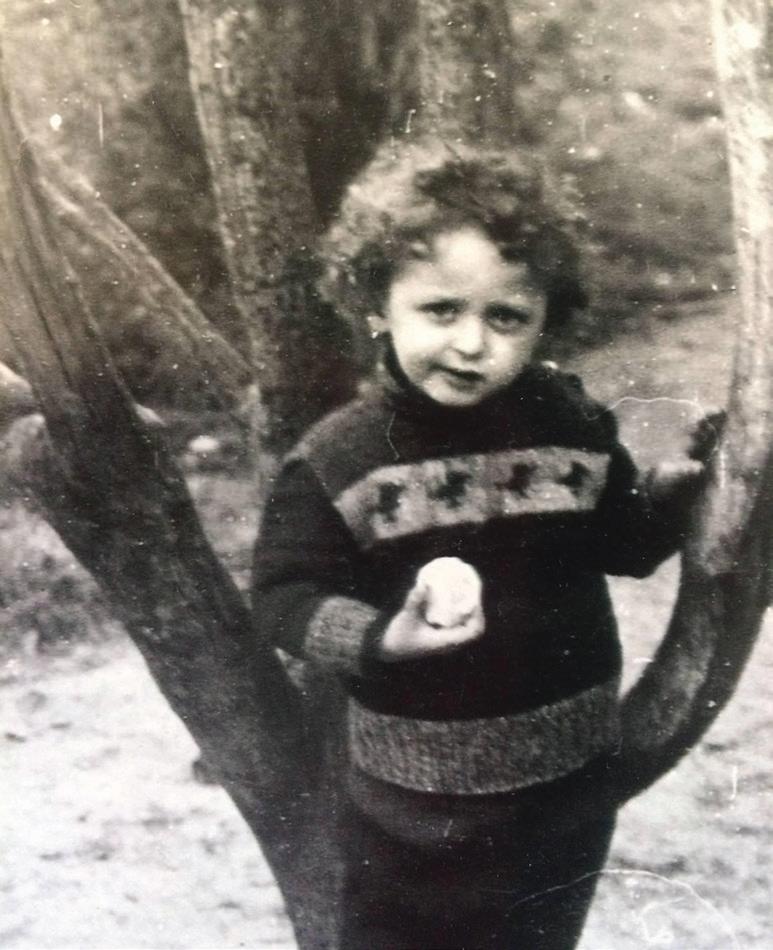
Rabbi Zoberman earned a bachelor’s degree in Hebrew literature from Chicago’s College of Jewish Studies (today’s Spertus Institute) in 1969, and his B.A. in Political Science from Chicago’s Roosevelt University in 1970. He has a M.A. degree in political science from the University of Illinois at Chicago. Rabbi Zoberman was ordained as a Reform Rabbi at the Hebrew Union College-Jewish Institute of Religion in Cincinnati, Ohio, in 1974. His alma mater granted him an honorary Doctor of Divinity degree in 1999. He is the only rabbi to earn a doctoral degree in Pastoral Care and Counseling from the McCormick Theological Seminary (affiliated with the Presbyterian Church USA) in Chicago, Illinois in 1980. He was the founding rabbi of Congregation Beth Chaverim, where he led for more than 30 years, and previously served as an associate rabbi of Ohef Sholom Temple (1981-1982).
On his 30th Anniversary of ordination, he was honored by the Senate of Virginia Joint Resolution No. 134. Mayors Oberndorf, Sessoms, and Dyer of Virginia Beach honored him respectively with “Rabbi Israel Zoberman Day.”
Rabbi Zoberman has also represented the Jewish community at civic events in Chesapeake, with former Mayor Krasnoff and the Chesapeake City Council presenting him with a Certificate of Recognition on his 40th Anniversary in Rabbinic Ministry. He represented the Holocaust survivors who found refuge during WWII in Kazakhstan at a ceremony at the US Holocaust Memorial Museum.
Nobel Peace Laureate and Holocaust survivor Elie Wiesel wrote about Rabbi Zoberman, “As the son of Holocaust survivors, founder of his congregation in Virginia, and outspoken writer on Jewish and community issues, he has
•Family owned and operated since 1917
•Affordable services to fit any budget
•Advance funeral planning
•Professional, experienced, caring staff
•Flexible burial options
•Flexible payment options
Approved by all area Rabbis and Chevrah Kadisha
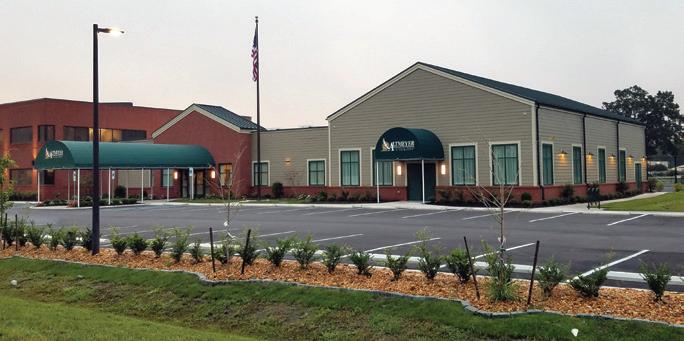
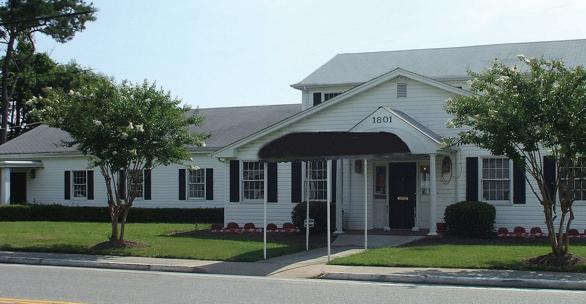

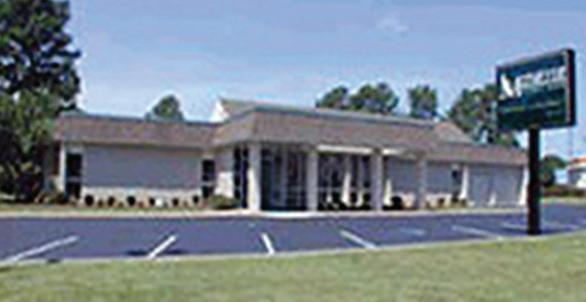

. altmeyerfuneralandcremation . com
worked to keep memory of that tragic period in human history close in Jewish and American consciousness. Though respected for his spiritual leadership, he is equally sought for his erudition.”
On his 50th Ordination Anniversary, Rabbi Zoberman was honored by the Virginia Legislature Joint Resolution 235 “As an expression of the General Assembly’s admiration for his legacy of service and for his many contributions to the Commonwealth.”
The American flag was flown over the United States Capitol in honor of Rabbi Zoberman’s special anniversary by
Senator Mark Warner of Virginia and was presented to him. Congresswoman Jennifer A. Kiggans of Virginia honored him in the Congressional Record with an article and issued a Certificate of Special Congressional Recognition. Senator Tim Kaine of Virginia acknowledged it with a moving statement of appreciation. Mayor Dyer of Virginia Beach honored him with a Proclamation, June 1, 2024, as “Rabbi Israel Zoberman Day.”
Married to Jennifer, Rabbi Zoberman is the father of a son and daughter, and grandfather to two boys.
Stephanie Peck
A junior at Cape Henry Collegiate, Henry Scolnick was recently named one of this year’s recipients for the Diller Teen Tikkun Olam Award. Henry is the youngest recipient in this year’s cohort.
Awarded annually by The Helen Diller Family Foundation, up to 15 Jewish teens receive $36,000 each for their leadership efforts to change the world. The awards website notes that “Young people have the power and passion to create ripples of good and repair the world.”
In middle school, Henry founded Ballers Basketball, a league for neurodivergent students in Hampton Roads. The league holds weekly winter
practices that draw dozens of participants and neurotypical volunteers.
Henry’s younger brother, Oliver, has autism. “For me, tikkun olam means inclusion,” Henry says in his video profile for the Diller Teen Tikkun Olam Award. He and Oliver did everything growing up together, Henry explains, and the older Scolnick wanted his brother to have every opportunity. This goal sparked the creation of Ballers Basketball.
Henry is also a founding member of Cape Henry’s Upper School Service Council and the president of the Volunteerism Club. In both roles, he engages his peers in the school’s community outreach and service learning with the goal of
improving the lives of others.
The Diller Teen Tikkun Olam Award ceremony was held in August at the Four Seasons Hotel in San Francisco. Henry spent a few days before the event at a Shabbaton with the other recipients. The teens also spent time with past awardees.
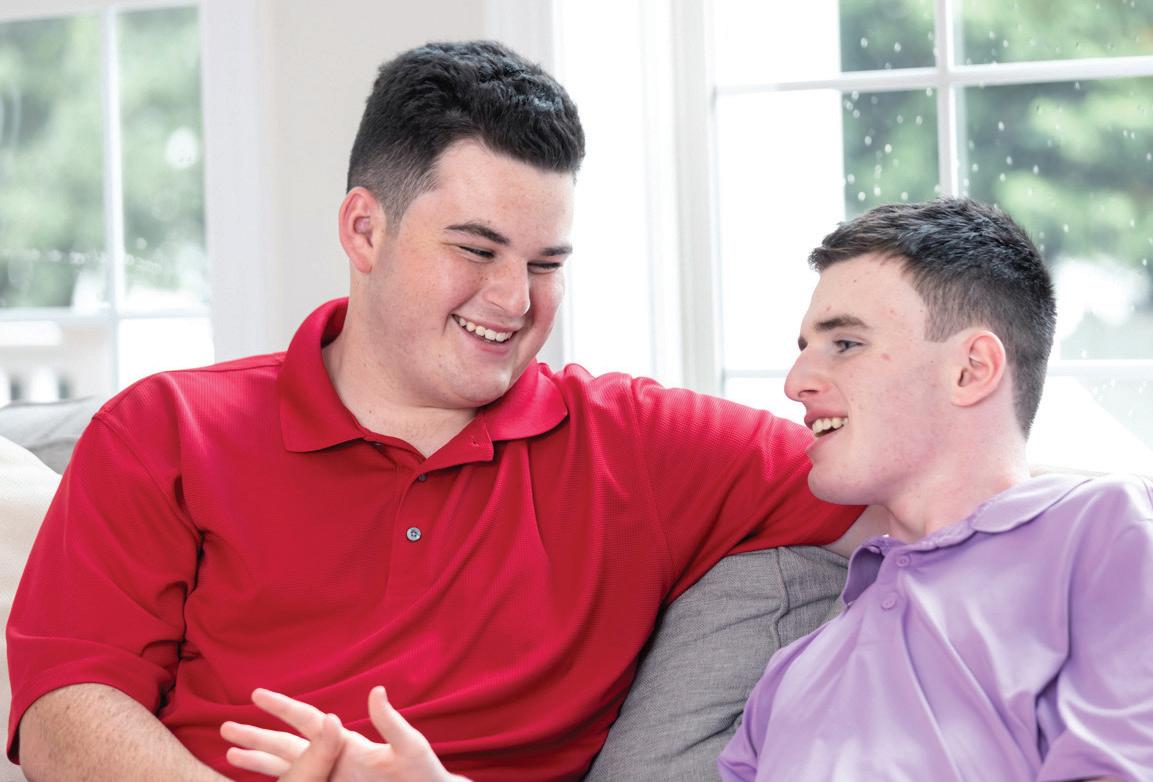
brother has been the most meaningful and significant intervention of all.”



Lauren and Aaron Scolnick, Henry and Oliver’s parents, attribute much of Oliver’s success in life to his older brother. “Oliver was diagnosed with autism spectrum disorder when he was three years old. From that moment on, we worked tirelessly to provide him with every possible support and service in the hopes that he would lead a happy and fulfilling life—full of joy, friendship, and laughter. The number of services he has received is countless at this point, but we can say with absolute certainty that having Henry as his big
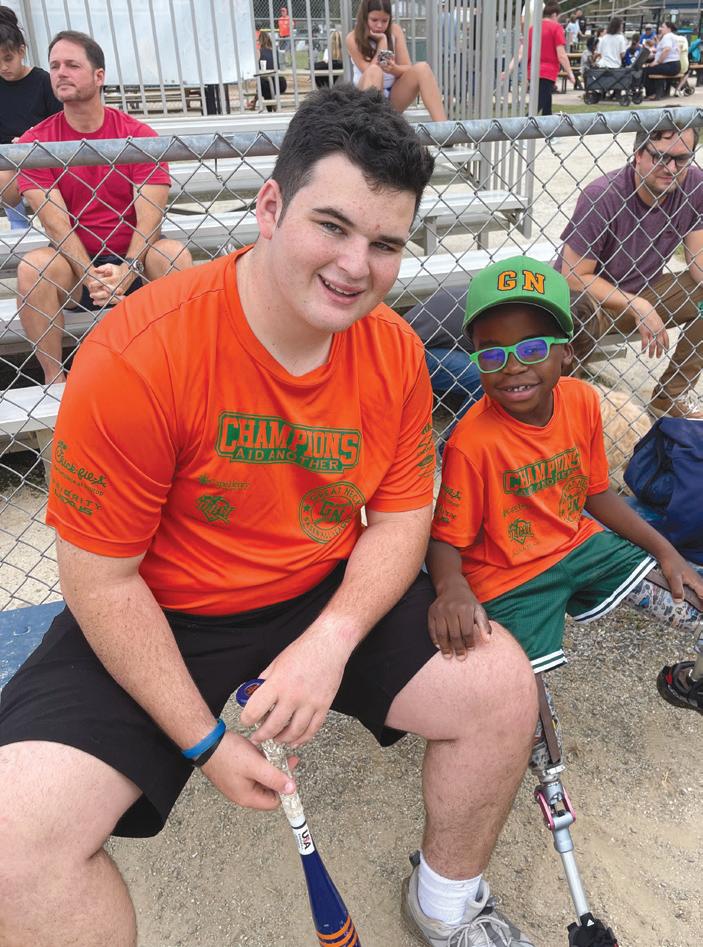
Additionally, through the Horn School of Entrepreneurship at University of Delaware, Henry was named one of the Top 100 Emerging Innovators this year. He and two other Cape Henry Collegiate students stood out among a group of highly competitive applicants from 34 nations and 25 states. This program celebrates young changemakers committed to turning ideas into action and provides them with recognition and visibility.
In an email announcement of the award, Will Tragert, head of Cape Henry’s Upper School, commended the teen, saying, “This is a tremendous achievement. Henry has worked for years in support of special needs children. He has grown remarkably as a leader and community advocate, and I am thrilled to see his efforts recognized far beyond Cape Henry.”
“Giving kids like Oliver the opportunity to feel included, to feel accepted, means the world to me,” Henry shares. The league includes players with Downs Syndrome, and those who are nonverbal or who need a wheelchair. “Everyone can come together with a sense of belonging.
“I'm learning that leadership isn't just about being in charge, but about bringing people together, making connections, and lifting others up.”

Henry Scolnick gave a speech at this year’s Annual Aid Another Gala, an event sponsored by Aid Another, an organization founded to promote and empower individuals with disabilities through dance, music, art, educational assistance, recreational activities, and sports. Henry explained what Tikkun Olam means and how he is doing his part to repair the world. He shared with everyone that in Judaism, chai means “life.”
“In Judaism, the number 18 means chai or ‘life.’ I have chosen to donate $1,800 of my (Diller Teen Tikkun Olam Award) scholarship to Ballers to ensure the ‘life’ of the program continues to be a success. But it takes much more than that to make it happen. I’m asking for your help tonight. I invite you all to come together to match my donation. Chai is good, but double chai is even better!”
Henry was hoping for a match, but “what happened next was a ripple effect of good,” says Lauren Scolnick, Henry’s mother. The Cape Henry junior raised an additional $6,100 for Ballers Basketball, the league he founded to offer children with disabilities an opportunity to play organized basketball. Combined with his $1,800 commitment, Henry raised $7,900 in just 10 minutes.
In addition to founding Ballers Basketball and fundraising for the nonprofit, Henry also coaches and performs all volunteer recruiting for Champions Baseball, a program of Aid Another, every Saturday.
To donate to Ballers Basketball, go to https://GiveButter.com/ BallersSponsor26.





Whether you’re walking down the aisle or gathering with family and friends to celebrate a cherished event, our downtown Norfolk waterfront venue is the perfect place for your celebration. Our event specialists will work with you closely to transform your vision into an unforgettable celebration, incorporating stunning decor and exquisite cuisine.
Let’s start planning your unforgettable event today.
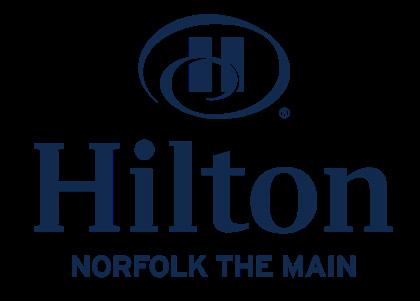
The ODU Alumni Association celebrates distinguished and outstanding ODU graduates, as well as friends of the University, who have excelled in their professions and made lasting impacts on their communities and #MonarchNation. Honorees may be recognized as Distinguished Alumni, Honorary Alumni, and with the Jack Frost Alumni Service Award.
The 2025 Alumni Honors, hosted by the Old Dominion University Alumni Association, took place on Thursday, October 23 with about 400 people attending.
Jay Kossman, class of 1968, received the Jack Frost Alumni Service Award. The Roger L. (Jack) Frost ’61 Alumni Service Award recognizes alumni for exemplary leadership and significant, compassionate service to community, state, and nation.
“I am truly honored and most grateful to have been selected for such a prestigious recognition,” says Kossman. “Thanks to the many of you who have been a part of
this journey.”
A Norfolk native, Kossman grew up in West Ghent, graduating from Maury High School before enrolling at Old Dominion where he was elected Judicial Vice President of the Student Government Association.
After graduating from Old Dominion, Kossman embarked on his first career in industrial sales before transitioning into healthcare, becoming the first director of marketing at Optima Health Plan (now Sentara). His healthcare career led to consulting positions at PricewaterhouseCoopers (PwC) and Navigant Consulting.
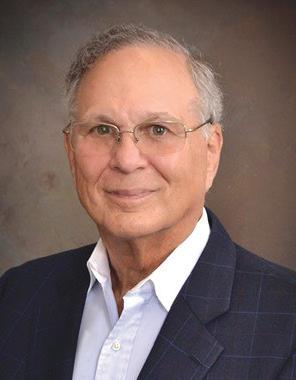
His contributions to healthcare leadership have earned recognition from theAmerican College of Healthcare


Executives, receiving the Senior-Level Healthcare Executive, Regent's Award. Kossman also served on ODU’s College of Health Sciences Advisory Board and the Dean Search Committee. He was co-chair of the 1930 Society, recognizing planned giving donors who support ODU’s mission.
Involvement with multiple not-forprofit boards and committees include Kossman’s role as board chairman of a senior services organization and the Norfolk City School Health Committee. Kossman is the immediate past president of Beth Sholom Village, is a member of the Norfolk Rotary Club, a trustee at Congregation Beth El, and serves on the board of the Tidewater Jewish Foundation.

Stephanie Peck
Mikelle Rappaport, founder, owner, and executive director of Golden Lifestyle Partners, knows firsthand how difficult it can be to manage transitions for seniors. As a caregiver to her grandparents, and now to her mother with dementia, Rappaport understands that seniors and their families benefit from having an advocate to accompany them through a loved one’s aging process and the potential move from living at home to a continuing care facility.
As a geriatric social worker and licensed nursing home administrator, Rappaport worked at Beth Sholom Village as the administrator of The
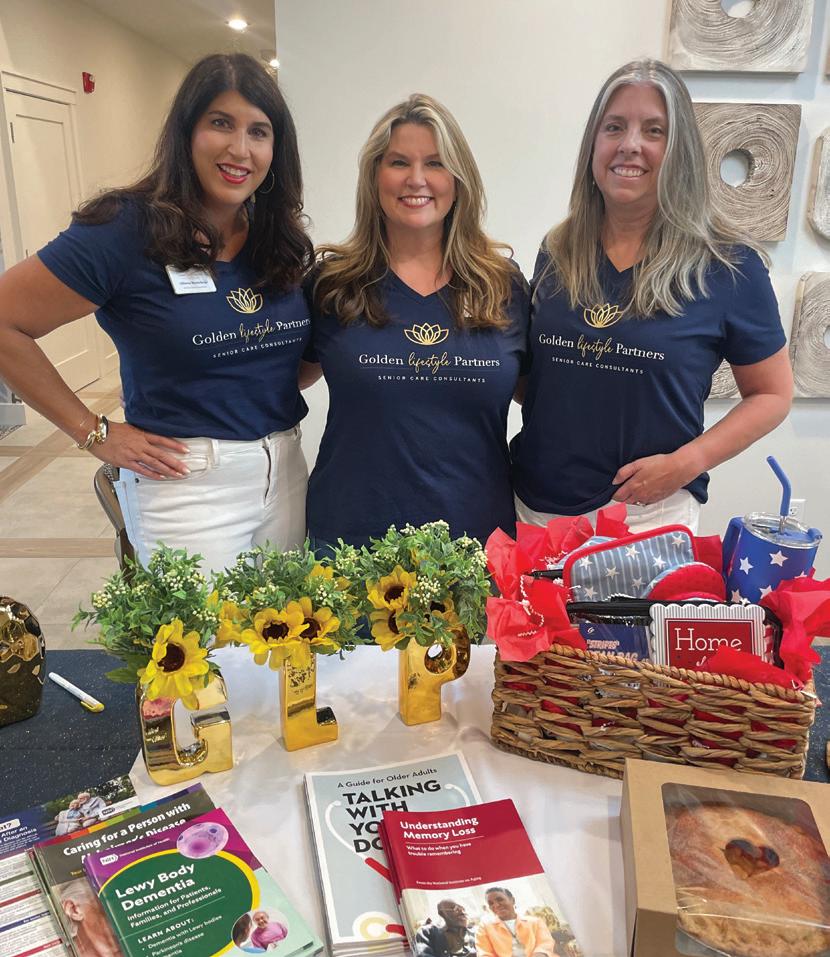
Terrace, 2015 - 2020. Now, two former BSV employees have joined forces with Rappaport as senior care consultants at Golden Lifestyle Partners: Kay Kirschman, previously a social worker and discharge planner at The Berger Goldrich Home, and Allison Hechtkopf, who held many titles at BSV, Aviva Pembroke, and Freda A. Gordon Hospice and Palliative Care.
“Beth Sholom Village was home to an exceptional team, and we’re thankful for the experiences that shaped our time there. We’ve each moved forward with gratitude and positivity, ready to begin new chapters. Working together again allows us to better serve our community and help

families navigate senior living with clarity and understanding from a new point of view,” says Rappaport.
Golden Lifestyle Partners specializes in providing senior living placement services, transitional care coordination, and health care advocacy to seniors and their families within Tidewater. They help compile a list of senior living communities that best suit a family’s needs by identifying budget requirements and the extent of care necessary for the senior. In addition, Golden Lifestyle Partners assists with transitional care coordination from the hospital to home or to skilled nursing/rehabilitation care. They also provide home care coordination and ongoing patient advocacy.
A locally owned and operated business, Golden Lifestyle Partners offers local expertise. With more than 25 years of experience working with seniors in numerous capacities, Rappaport stresses that her company’s “strength comes from our deep roots in the community and the trust we’ve built with local families.
“Our mission is simple – to guide you and your loved one toward the best decision with care, honesty, and compassion.”
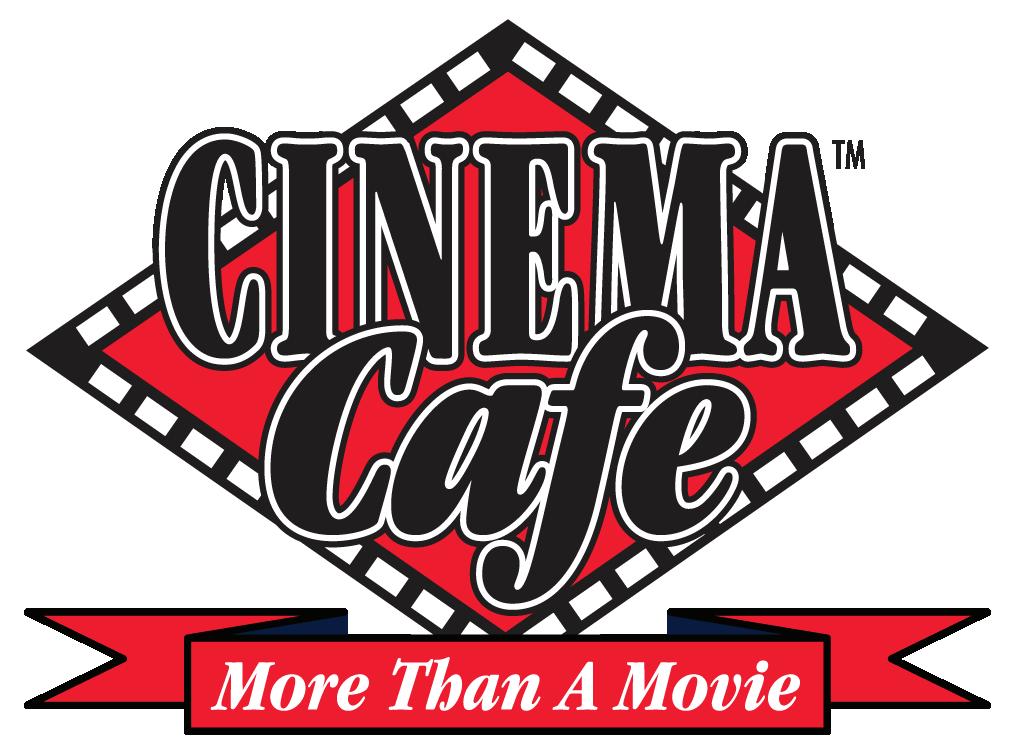




Hunter Thomas
In 1925, Fanny Goldstein, a Jewish librarian at the Boston Public Library, decided Jewish books and Jewish pride deserved celebration. She created a display of Jewish books at the West End Branch, launching the first Jewish Book Week. By 1927, Jewish communities nationwide adopted the event, observing it annually around Shavuot. In 1940, it shifted to the week before Hanukkah to encourage gifting Jewish books. That same year, Goldstein founded and chaired the National Committee for Jewish Book Week. In 1944, the celebration expanded to a month, and the committee became the Jewish Book Council (JBC), now the longest-running organization devoted exclusively to Jewish literature.
Today, United Jewish Federation of Tidewater and Simon Family JCC
are part of the JBC Network, a group of roughly 130 Jewish organizations across North America that give more than 250 authors a platform to promote their work each year. Tidewater has embraced the JBC’s mission to celebrate Jewish content and support Jewish authors. JCCs remain cultural hubs of Jewish life, a role reinforced when the JBC partnered with the National Jewish Welfare Board (later the Jewish Community Centers Association) in 1945.
More than 40 years since what is now known as the Lee & Bernard Jaffe Family Jewish Book Festival began, UJFT and Simon Family JCC continue to steward the community’s reputation as “the people of the book.”
Here are some ways to celebrate Jewish Book Month this year, a century after
its founding, November 13 –December 13, 2025:
Attend an event of the Lee & Bernard Jaffe Family Jewish Book Festival
UJFT’s annual Book Festival offers something for everyone.
On Tuesday, Nov. 18 at 1 pm, UJFT is partnering with JBC and its other network sites for a Community
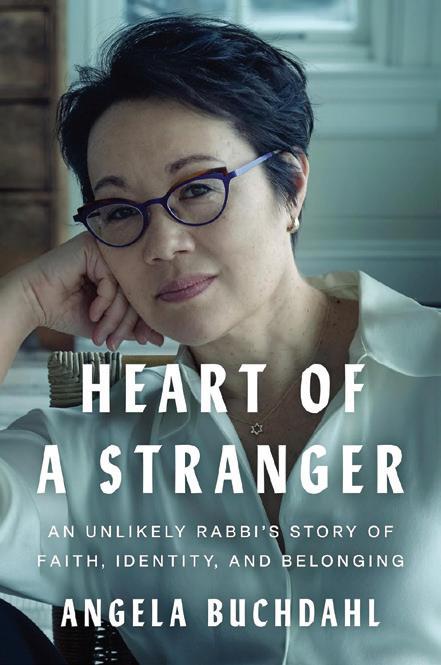
One Read event: a conversation between Rabbi Angela Buchdahl and Abigail



Tidewater Jewish Foundation is now accepting applications for Community Impact Grants dedicated funding for
and
programs that make a difference
These grants support projects and initiatives of local Jewish organizations that embody the spirit of tikkun olam “repairing the world” by promoting growth, engagement, and cultural vibrancy across Jewish Tidewater If your organization is ready to enrich, educate, or uplift our Jewish community, we invite you to apply.
Questions? Contact Ann Swindell at aswindell@tjfva org prior to submitting an application regarding eligibility and/or potential grant requests
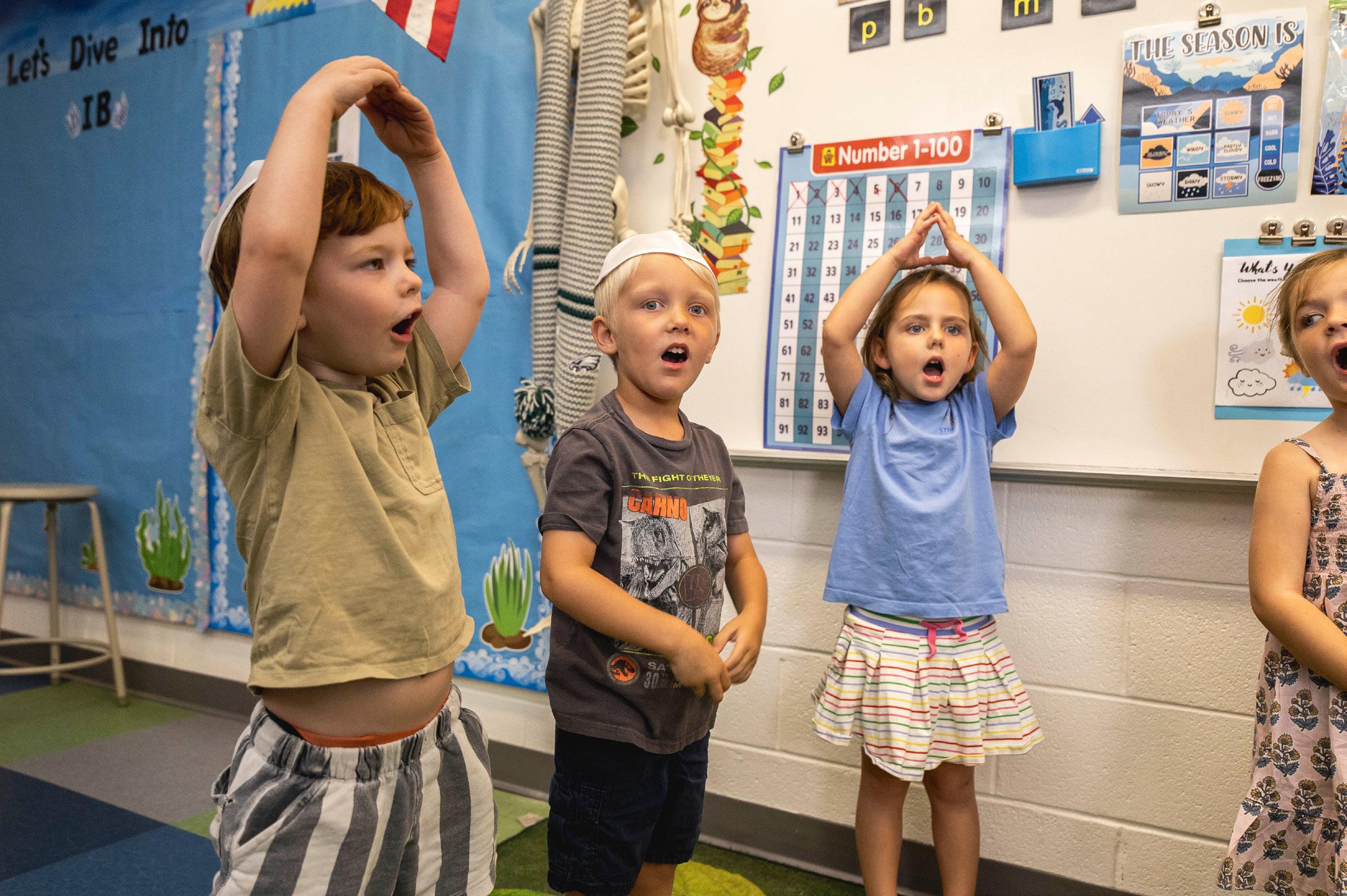
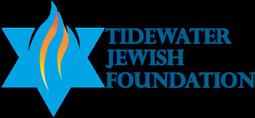
Pogrebin. Rabbi Buchdahl, the first Asian-American to be ordained as a rabbi; and author, journalist, and former Book Festival speaker Abigail Pogrebin will speak to an online audience across North America
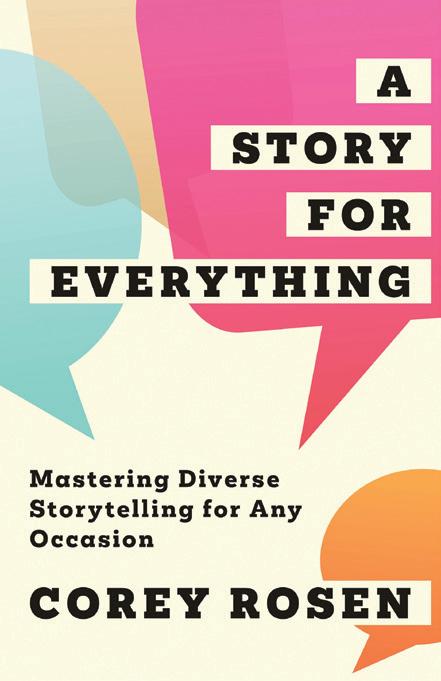
about Buchdahl’s memoir, The Heart of a Stranger, a spiritual guide for everyday living.
In-person events will take place with Rachel Simons (founder of Chelsea Market’s Seed + Mill on Thursday, Nov. 20), Rick Mersel (local author and co-founder of the NorVa, on Thursday, Dec. 4), and expert storyteller Corey Rosen (on Thursday, Dec. 11). Learn more at JewishVA.org/BookFest.
The Great Jewish Bookshelf is a gateway to a richer connection to Jewish heritage, culture, and contemporary thought. Designed for Jewish adults, or adults of other faiths interested in learning more about the Jewish experience, this unique subscription program delivers handpicked Jewish literature directly to the subscriber’s doorstep every two months. Register at JewishVA.org/GJB. Interested in joining the GJB selection committee? Contact Sierra Lautman, senior director of Jewish Innovation, at SLautman@UJFT. org or 757-965-6107.
Make sure children, grandchildren, or any Jewish child is signed up for PJ Library
PJ Library mails free, high-quality Jewish children’s literature and music to families with children from birth through age 12 across North America. PJ Library in Tidewater at United Jewish Federation of Tidewater partners in these efforts and offers high-quality programming in the area with the goal of connecting Jewish families. To register kids, contact Blake Sisler, coordinator of Youth and Family Engagement, at BSisler@UJFT.org or 757-965-6127.
The Book Festival’s visiting authors, as well as many titles for the programs mentioned above, are selected through the JBC Network, which convenes annually for a conference via Zoom in May. During the conference, attendees listen to more than 250 authors give two-minute pitches of their books, in what can only be described as author speed dating. Attend the conference and help select which authors will present at next year’s festival. Contact Hunter Thomas, director of Arts + Ideas, at HThomas@UJFT.org or 757-965-6137 for more information.
Contributing to UJFT’s annual campaign is a great way to support all

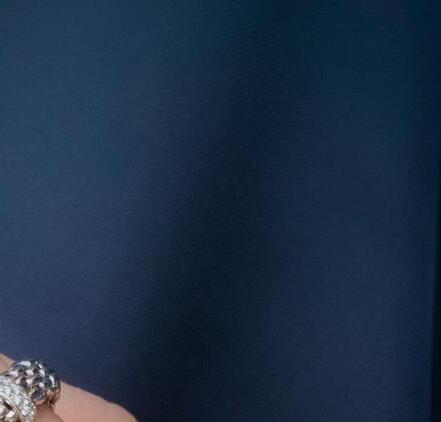




Volunteer or contribute to help guide UJFT’s work promoting Jewish literature
Beyond these programs, UJFT has several initiatives devoted to getting Jewish books in the hands of Jewish students and community members.
UJFT’s Konikoff Center for Learning’s Jewish American Heritage Month Book Project supplements school libraries with books featuring Jewish characters to ensure Jewish students feel represented, and to teach other students about Jewish culture. The program provides three titles to more than 300 public and independent schools, amounting to more than 1,000 books distributed annually. Contact Sierra Lautman, senior director of Jewish Innovation, at SLautman@UJFT.org or 757-965-6107 to join the project’s selection committee.
The White Rose Project of UJFT’s Holocaust Commission sends books designed to deepen students’ knowledge and understanding of the Holocaust to dozens of middle and high schools throughout Tidewater each year. To contribute to the program, contact commission director Elka Mednick at EMednick@UJFT.org or 757-965-6112.
these programs. Visit JewishVA.org/ Campaign or contact Amy Zelenka, chief development officer, at AZelenka@UJFT. org or 757-965-6139.
And more!
• Read a Jewish book. (Visit JewishBookCouncil.org/Books for book suggestions).
• Buy a book by a Jewish author. (Support the UJFT’s Book Festival by buying books at JewishVA.org/BookShop).
• Join or start a book club. (Learn about Simon Family’s JCC book club at JewishVA.org/BookClub)
• Read a Jewish book to children. (And volunteer to Be a Reader. UJFT’s BeAR literacy program places volunteer mentors with students in eight Title I elementary schools in Virginia Beach and Norfolk. Learn more and sign up to be a reader at JewishVA.org/Bear)
• Ask local libraries and bookstores to stock Jewish books.
• Follow your favorite authors on social media (especially Goodreads) and comment on their feeds with positive reviews.
Finally
UJFT wants to see how YOU celebrate







Jewish books and authors. Snap a photo of you and your favorite Jewish book or of your bookshelf and post it online with the hashtags #JewishBookMonth, #JewishBookMonth100, and #CelebrateACenturyOfJewishBooks. Make sure to tag @UJFTidewater, @ SimonFamilyJ, and @JewishBookCouncil.
Here’s to 100 years more of Jewish literary tradition. With the international rise in antisemitism since the events of October 7, 2023, the JBC has launched an initiative for authors, publishers, publicists, agents, editors, and
Effortless jewelry you wear with ease









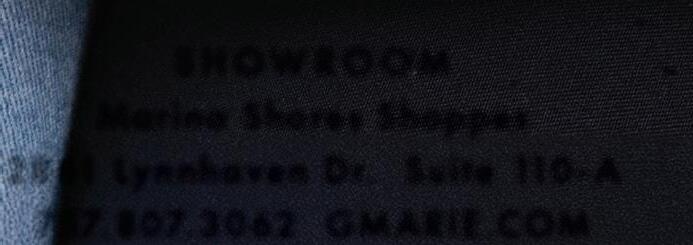
Marina Shores Shoppes 2861 Lynnhaven Dr. Suite 110-A 757.807.3062 GMARIE.COM

readers to report antisemitic literaryrelated incidents. If you have experienced or witnessed an antisemitic incident in literary spaces, email Reporting@ JewishBooks.org with information and a description of what occurred. If the incident occurred locally, please also report it to the UJFT and the Secure Communities Network by visiting JewishVA.org/Report.
Hunter Thomas is director of Arts + Ideas at the United Jewish Federation of Tidewater. For more information about these events and initiatives, contact him at HThomas@UJFT. org or 757-965-6137.
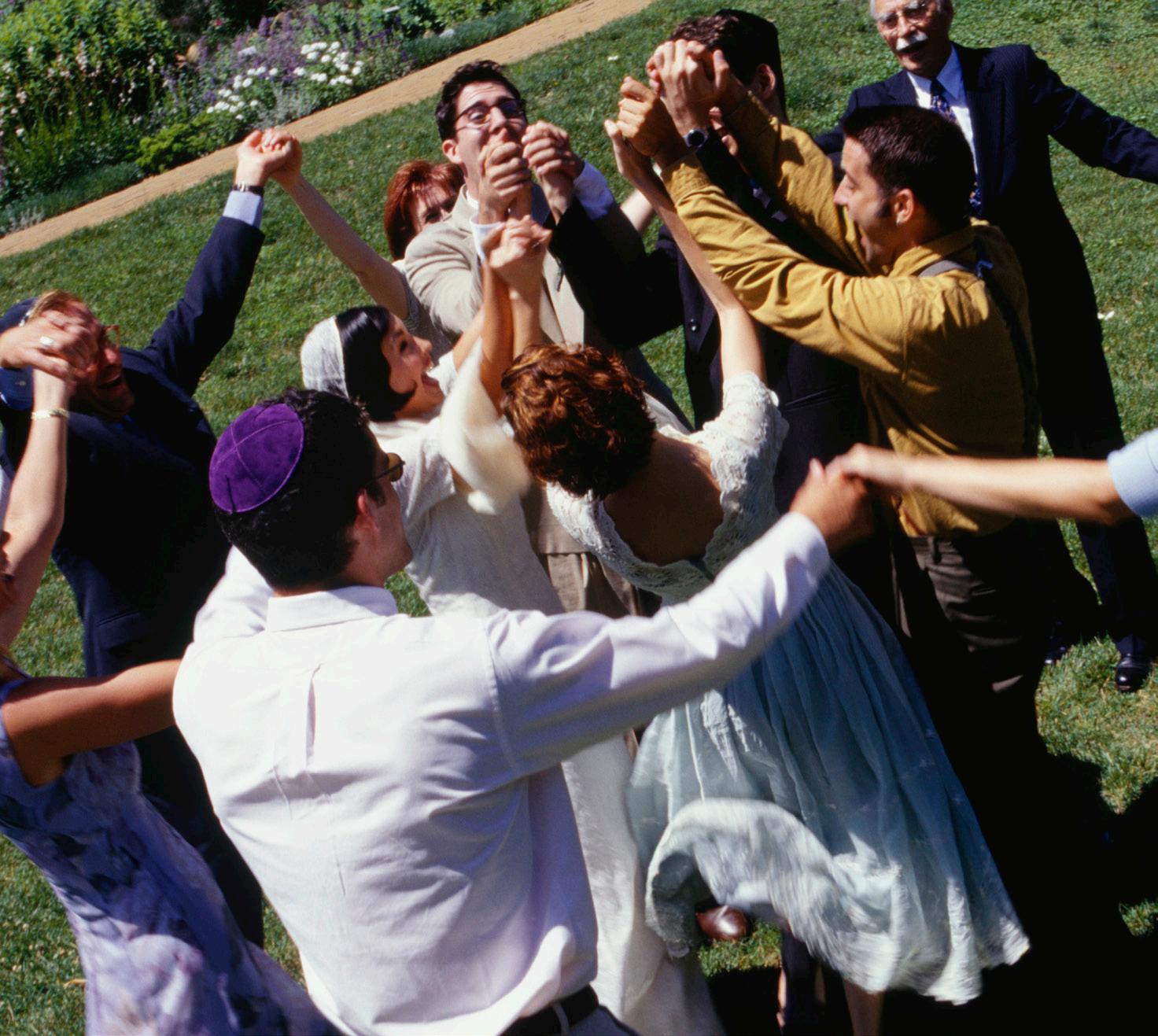












A combination of High German and Hebrew, Yiddish is a language historically spoken by Ashkenazi Jews.
In Tidewater, the Yiddish Club embraces Yiddish culture, language, and history with music, film, poetry, and literature at its monthly meetings. For information, go to www.Jewishva.org/YiddishClub.
Through A Bissel of Yiddish, Jewish News hopes to introduce and remind readers of a few Yiddish words and phrases – many that have found their way into everyday conversation in America.
For this edition of Mazel Tov, we explore words pertaining to simchas and celebrations, including the one guest who is never happy.
Bashert means predestined by God: An event, set of circumstances, or situation can all be referred to as bashert, implying that whatever happens was orchestrated by God, who ultimately has one’s best interests in mind.
Bashert can also refer to one’s soulmate. Indeed, the Talmud notes that 40 days before a fetus is formed, a heavenly echo declares whom it is intended to marry.
Those who kvetch are the complainers, the ones to say something is not right or satisfactory. These are the people who grumble and make an unpleasant fuss.
Kvetch can be either a verb or a noun – the complaint or the complainer.
To schmooze is to talk with someone in a friendly way – often to gain some advantage.
Schmooze derives from the Yiddish shmuesn, which in turn derives from Hebrew shemuah, meaning rumor. Its earliest written reference dates to 1897. When the term was borrowed into American English, it originally meant to have a warm conversation— to shoot the breeze—to pass the time chatting. (archive.news.ufl.edu)
Stemming from the German word kiebitzen, kibitz means to chat, banter, or joke, especially in a lighthearted or informal manner; to fool around.
Nunez Fine Jewelers, located at Hilltop in Virginia Beach, is celebrating a milestone anniversary this year. For 20 years, this family-owned business has offered personalized service, on-site repairs, and quality custom work.
Pete Nunez, the store’s co-owner and a jeweler, has more than 40 years’ experience in jewelry design and restoration. His many awards, including one as “Jewelry Repair Shop Manager of the Year” for his craftsmanship and management, are reflective of why customers return again and again for jewelry purchases and repairs.
Another testimonial to their reputation and workmanship comes from Goldbar Jewelers, a business that has closed its doors and referred their loyal customers to Nunez.
“With a leap of faith in 2005, Pete and I opened Nunez Fine Jewelers. We are stunned to see how fast 20 years have gone by,” says Debbie Nunez, co-owner, manager, and designer. “We’ve enjoyed meeting and serving so many people in our community, doing everything from jewelry repairs, custom designs, appraisals, or watch services. We look forward to our daughter serving the next generations as time marches onward. Jewish News has been a wonderful partner in getting our name out

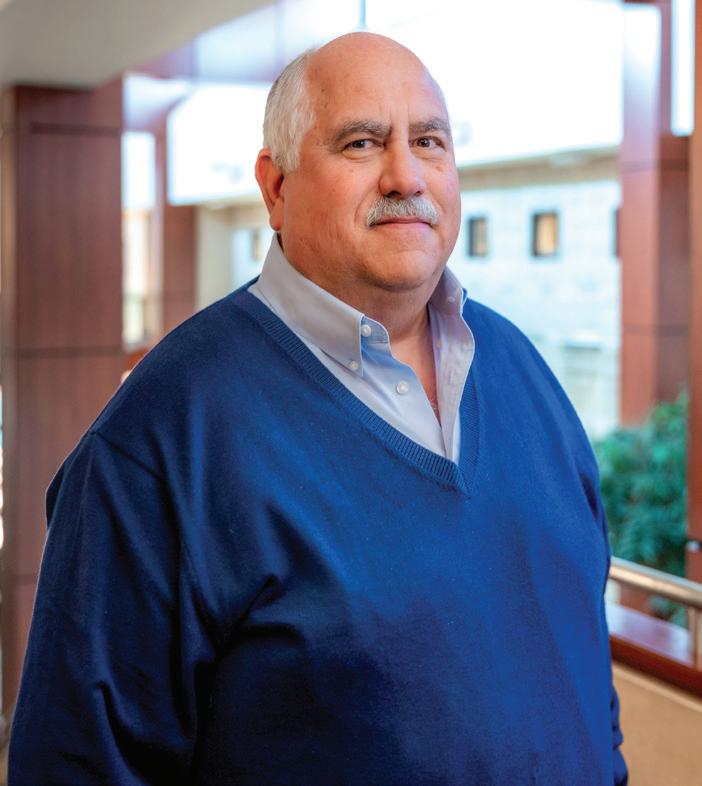
TJF staff
As 2025 winds down, now is the ideal time to revisit personal charitable giving strategy. Legislative changes and shifting tax thresholds can affect how to give and how far dollars go to make a difference.
“The close of the calendar year is when charitable and financial planning intersect,” says Randy Parrish, Tidewater Jewish Foundation’s vice president and chief financial officer. “A few well-timed adjustments can help donors maximize tax efficiency while supporting the causes they care about most.”
1. Review estate plans under the new tax law.
The One Big Beautiful Bill Act (OBBBA) extended the elevated estate tax exemption, $13.99 million for single filers and $27.98 million for couples in 2025, rising to $15 million and $30 million in 2026. Parrish advises reviewing estate plans regularly: “Even favorable exemptions can change. Donors should confirm that charitable designations in their wills and trusts still reflect their intentions.”
2. Keep planning ahead. Tax law is rarely static. “What works today may not work five years from now,” Parrish says. “Regular check-ins with
your advisors, and with TJF, help ensure your strategy remains optimized.”
3. Stay the course.
Donors who have increased charitable gifts expecting a lower exemption might consider maintaining that generosity. Financial incentives may fluctuate, but impact endures. “Charitable giving shouldn’t be reactionary, it’s part of a long-term plan,” Parrish adds.
4. Take advantage of 2025 if itemizing deductions.
With higher standard deductions and new limits coming in 2026, donors who itemize can benefit from “bunching,” making

larger gifts to a TJF Donor Advised Fund this year. This approach secures a current deduction while allowing future flexibility in charitable distributions.
5. Use appreciated assets and IRAs wisely.
Donating appreciated stock remains one of the most tax-savvy moves, helping avoid capital gains. Naming a TJF fund as an IRA beneficiary can also reduce both estate and income taxes.
6. Consider Qualified Charitable Distributions (QCDs).
For those age 70½ or older, QCDs allow up
to $108,000 per taxpayer to be transferred directly from an IRA to a qualified charity, including certain TJF funds, without triggering income tax.
“At the end of the day, philanthropy is one of the few investments that yields both immediate and lasting returns,” Parrish says.
For guidance on year-end giving, visit www.foundation.jewishva.org, or contact Randy Parrish at rparrish@tjfva.org or 757-965-6111.
When life’s events require extra care, Changing Tides can help you or your loved one safely remain happy and at home

“Recently my mother required 12 hour per day personal care assistance. On short notice, Changing Tides Home Care provided the necessary assistance. They have been responsive to my mother’s needs and have kept the family informed by telephone, text and portal. I am very pleased with their services.”
—Andrew H. Hook President of Hook Law Center

Barbara Dudley
Former editor of the Jerusalem Post and senior fellow at the Jewish People’s Policy Institute, Yaakov Katz returned to Tidewater on Thursday, October 23 to discuss Israel’s Blind Spot – Understanding Hamas. The evening’s conversation was based on Katz’s recent book, While Israel Slept: How Hamas Surprised the Most Powerful Military in the Middle East. The book is co-authored with Amir Bohbat, a lecturer at Ben Gurion University of the Negev and a military and defense correspondent for Walla. Katz spoke to a packed room at the Sandler Family Campus.
This event kicked off this year’s Lee and Bernard Jaffe Family Jewish Book Festival, presented as part of the Jewish Community Relations Council of the United Federation of Tidewater, Simon Family JCC, and Community Partners’ 15th Annual Israel Today series.
The discussion was moderated by David Brand, a UJFT past president and a member of the Attorney General of Virginia’s Task Force to Combat Antisemitism as Special Advisor for Outreach. Brand opened the conversation by highlighting five key areas of focus for the evening:
1. The lead up to October 7, 2023 – including failures of intelligence gathering, the Jericho Wall, and policies of containment or “kicking the can down the road” regarding Hamas.
2. Fauda – chaos at the Kirya, missed warnings, and internal dysfunction within Israeli leadership.
3. IDF operations into Gaza.
4. Recommendations for future Israeli security, including intelligence reform and strengthening national resilience.
5. Accountability – an investigation.
Within each of these areas, Katz examined a few of Israel’s blind spots and miscalculations. He discussed the observations made by the tatzpitaniyot—the observation unit composed primarily of young female IDF soldiers—who reported increasing Hamas activity along the southern Israeli border with Gaza that was dismissed by their military officers. Tragically, most
of these soldiers were among the first victims, brutally killed during the initial Hamas attack on October 7.
Katz also highlighted the vast network of Hamas tunnels beneath Gaza, questioning whether Israel should have acted earlier to destroy them, as proposed by then-Defense Minister Avigdor Lieberman in 2018. The Israeli cabinet, including Prime Minister Benjamin Netanyahu, ultimately rejected Lieberman’s proposal, prompting Lieberman’s resignation.
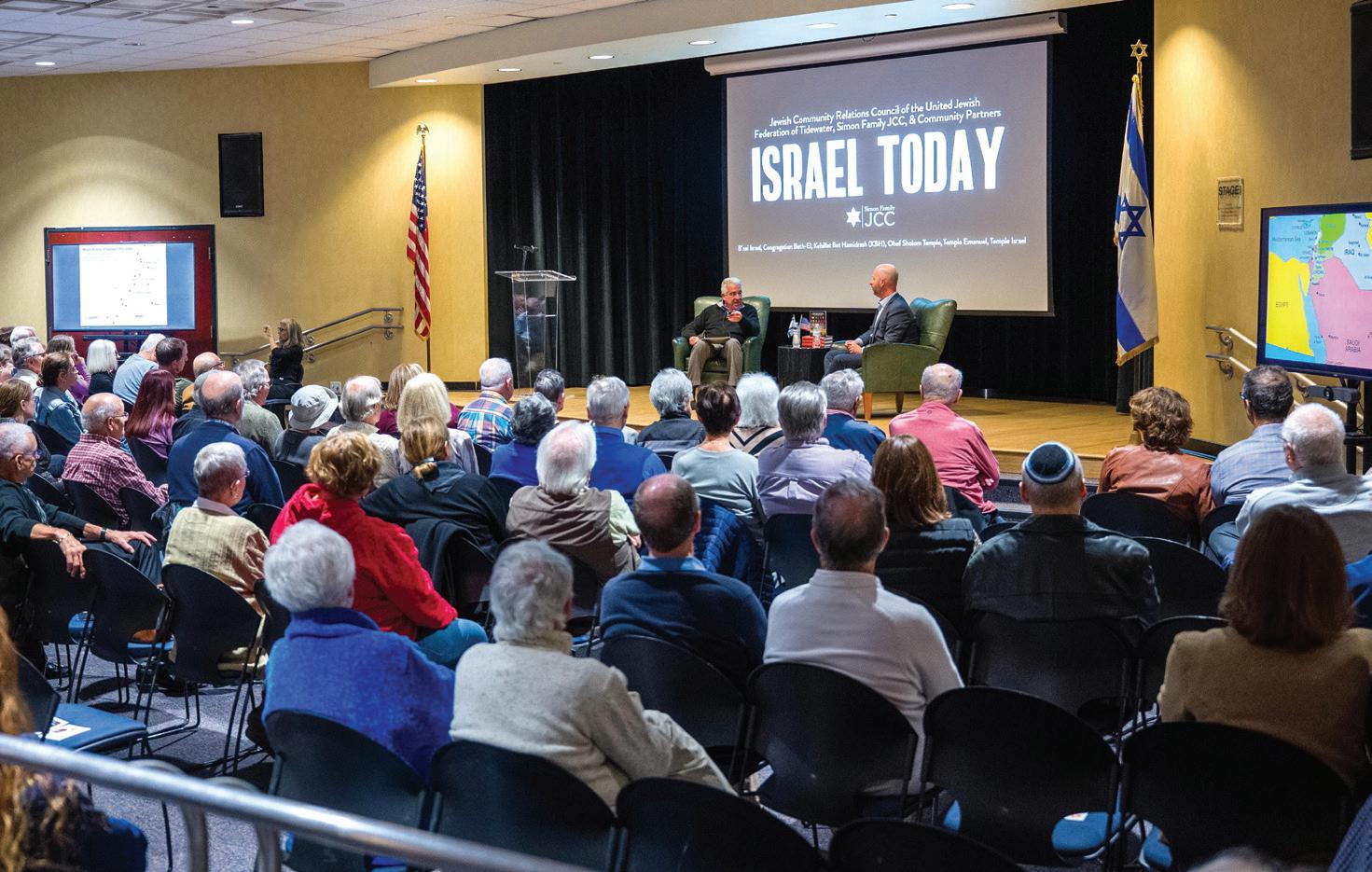
He explored the impact of Netanyahu’s proposed judicial reforms in 2023 and the widespread protests that followed, events that in Katz’s view, as a nation divided, left Israel more vulnerable to Hamas and other enemies. A significant number of senior officers and reservists joined the protests, with some threatening to refuse military service in opposition to the reforms. Katz also described the chaos within the Kirya, Israel’s defense headquarters, as the events of October 7 unfolded, noting Netanyahu’s hesitation to use force and the absence of an operational plan for Gaza—both before 2023 and for the “day after” the attacks.
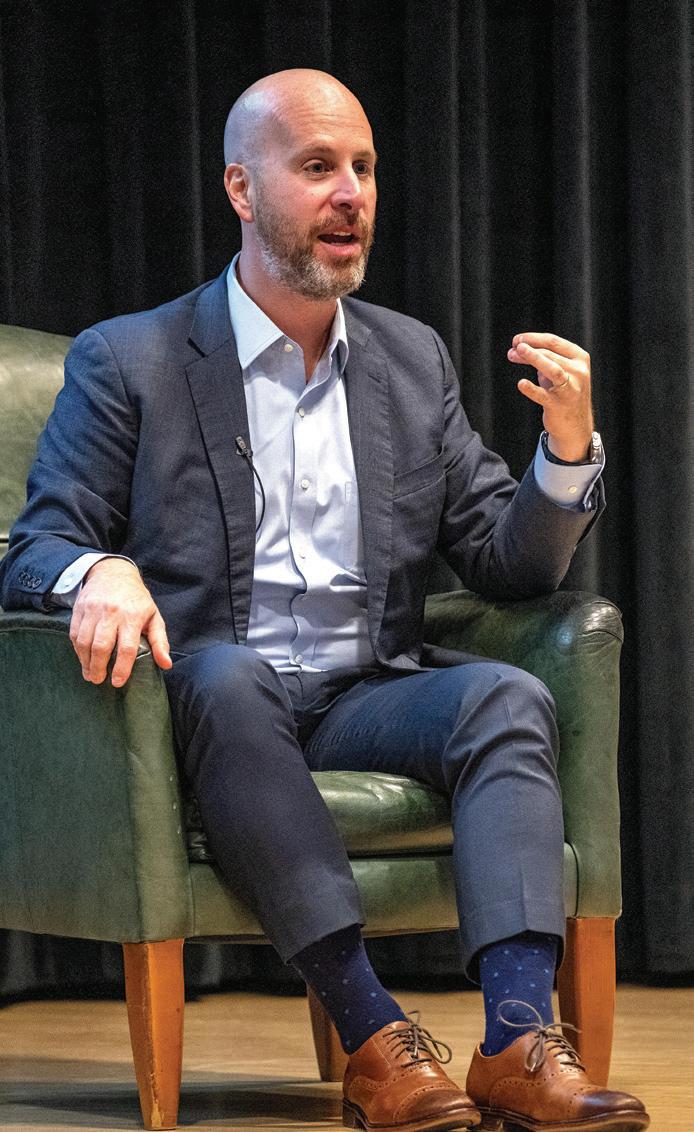
An engaging and commanding speaker, Katz does not mince words. His conversational style with David Brand captured the audience’s attention. Katz clearly stated that Netanyahu prioritized his political future over Israel’s security needs. Both Katz and co-author Bohbot challenged accusations from human rights organizations and the international community that the IDF has been indifferent to Palestinian civilian casualties, when in fact, in Katz’s view, the larger story is the tragedy of Gaza itself—a place where Hamas embedded itself in every home, built
tunnels beneath schools and hospitals, radicalized and terrorized the civilian population, and held the hostages (men, women, and children) in its tunnels. He shared that Hamas’s strategy of using human shields is a deliberate tactic intended to increase civilian casualties and provoke a backlash against Israel.
During the question and answer period, two questions stood out. The first concerned Katz’s view on U.S.-Israel relations. “When the United States is seen as strong and engaged with Israel, then Israel is strong,” he replied. Katz responded to the second question, “What keeps you up at night?” with “the future of a strong Israel depends on intelligence and military reform as identified during the initial 10/7 attack and during the war, a robust U.S.-Israel alliance, improved public diplomacy, a clear exit strategy for Gaza, and the strengthening of national unity and resilience.”
To learn more about UJFT’s Jewish Community Relations Council, Simon Family JCC, all area synagogues, and Community Partners’ 15th Annual Israel Today Series, visit JewishVA.org/IsraelToday or contact Nofar Trem, UJFT’s Israel Engagement manager at NTrem@ujft.org.
To learn more about United Jewish Federation of Tidewater and Simon Family JCC’s Lee and Bernard Jaffe Family Jewish Book Festival, which continues through December 11, visit JewishVA.org/BookFest.
Barbara Dudley is chair, Jewish Community Relations Council of the United Jewish Federation of Tidewater.
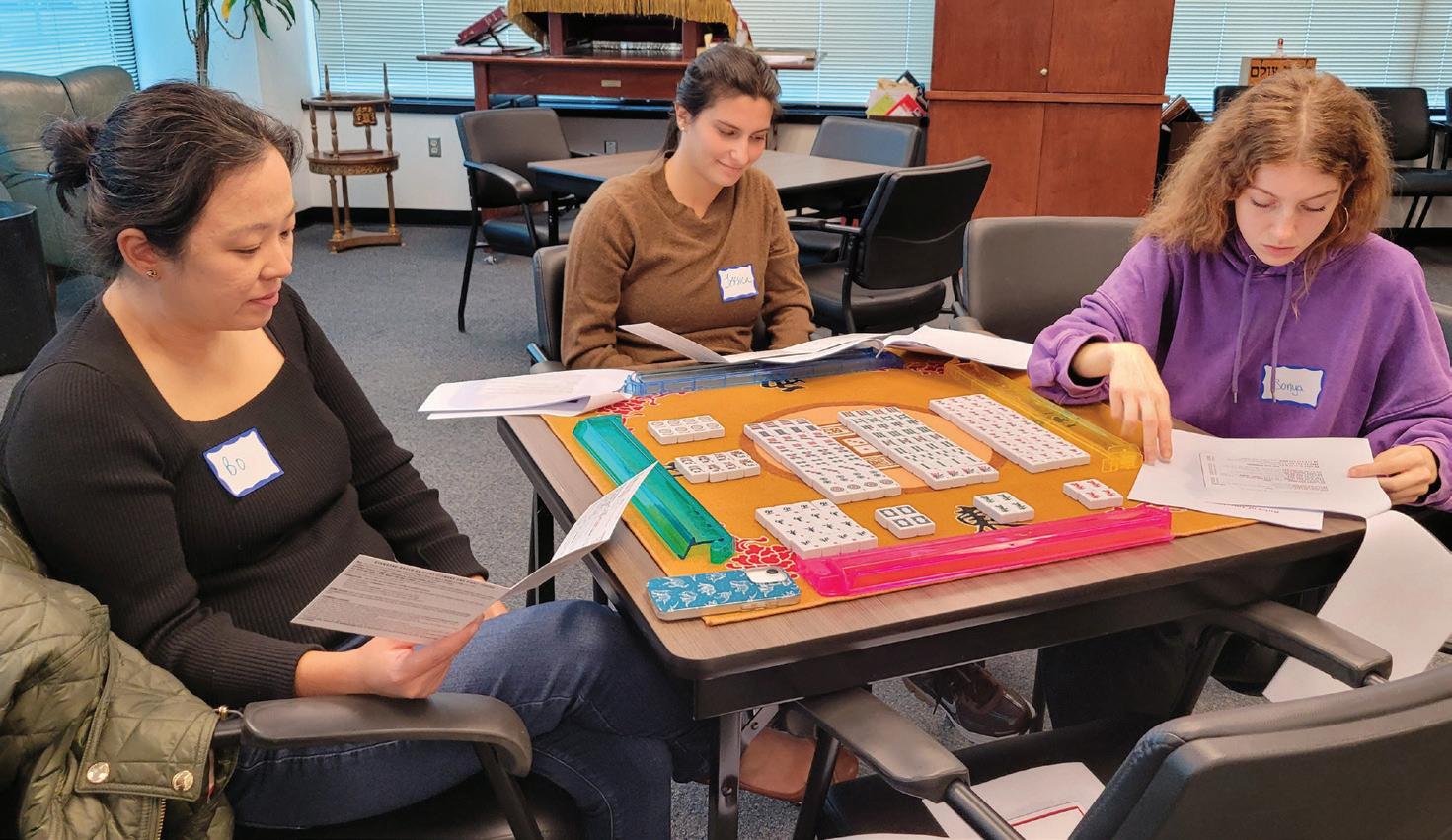
They’re at it again! Local Mah Jongg Mavens Amy Levy and Stephanie Calliott are on a mission to make sure everyone has the opportunity to learn the game. With their contagious enthusiasm, Mah Jongg is fast becoming a multigenerational favorite — and now it’s the next generation’s turn to discover the fun and magic of this timeless game.
Next Gen Meet-Up for Mah Jongg held its first lesson on Sunday, Oct. 26, where a small group of would-be devotees came together to learn the game. Next Gen women (ages 25 – 40ish) in the Jewish community (Jewish women and women who are members of Jewish households), are invited to learn, play, and connect.
Levy and Calliott hope their newly-minted players will find a game or two to play regularly — to continue sharpening their skills, share a few laughs, and perhaps most importantly, to build new friendships. With every tile played, Tidewater’s growing Mah Jongg community continues to connect players in the spirit of fun and friendship.
Whether a seasoned player, a beginner, or just curious to understand what all the excitement is about, there’s room at the table.
Mahjongg Mondays are held every Monday afternoon, 1 – 4 pm at the Sandler Family Campus, except the first Monday of the month. Join the game — and see why Mah Jongg is fast becoming one of the best people-connectors around.
For more information about Jewish/Mahjongg Mondays of Next Gen Meet Up for Mah Jongg, call or email Linda Ausch at 757-965-6105 or Lausch@ujft.org.
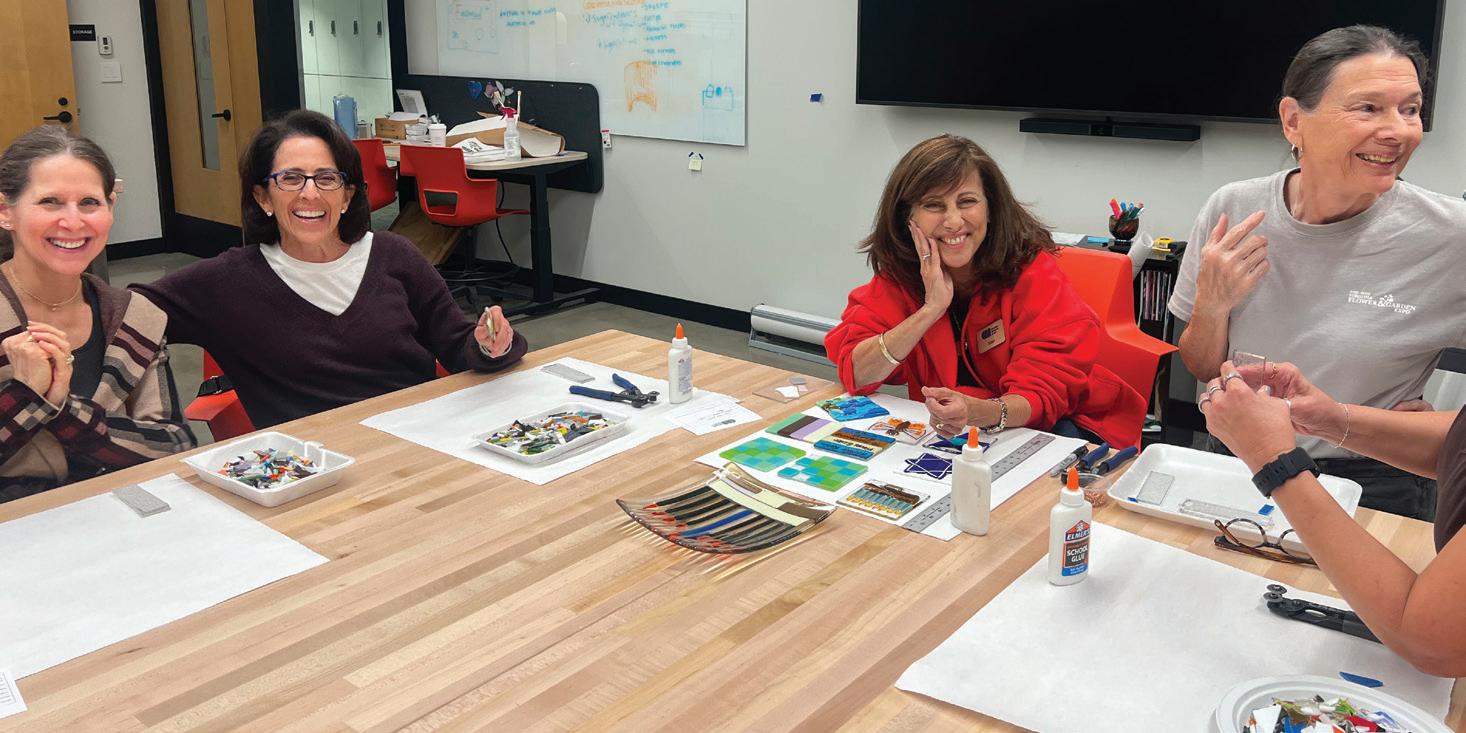
The first installment of the Judaism and the Arts series invited participants to explore both the meaning and the beauty of one of Judaism’s most familiar symbols: the mezuzah. Attendees first learned about the history, symbolism, and spiritual significance of the mezuzah through an interactive class with Rabbi Ari Oliszewsky of Temple Emanuel. They then crafted their own through the art of glass fusing.
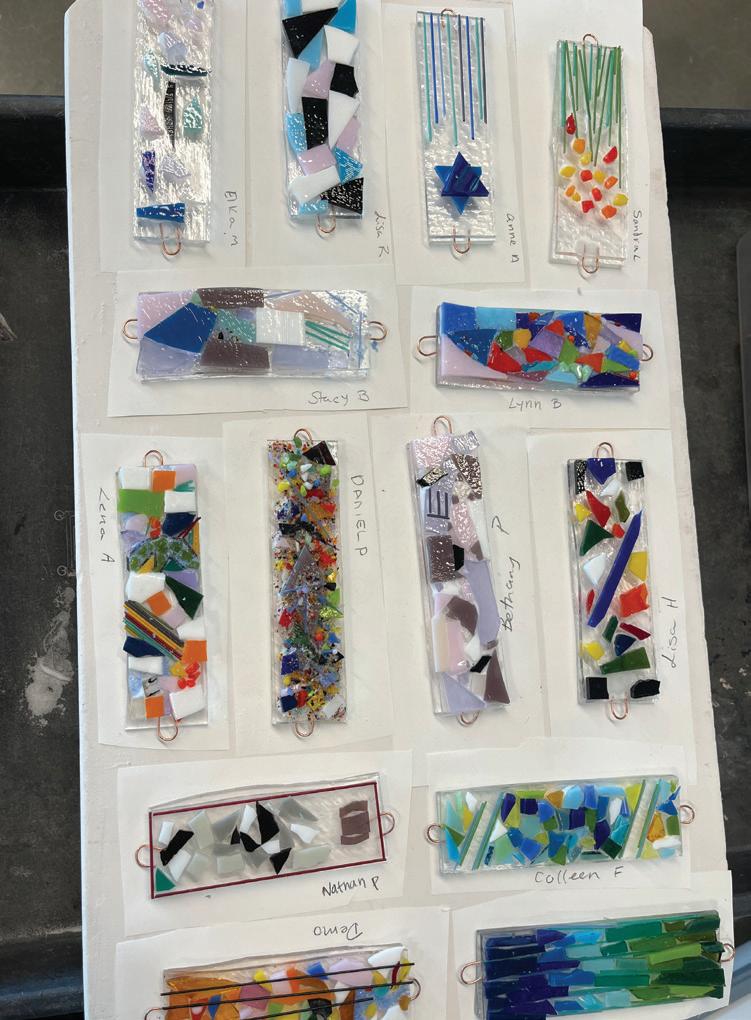
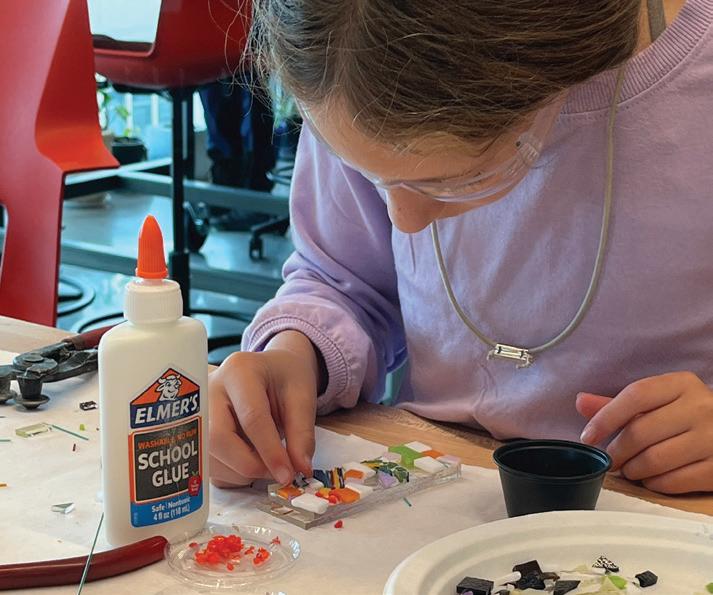
At the Chrysler Glass Studio, participants designed colorful, one-of-akind mezuzot, blending creativity with Jewish tradition. Each piece became a personal expression of Jewish identity and the home reminding its maker that, as the Torah teaches, Jews are called to “write these words upon the doorposts of your house and upon your gates.”
The hands-on workshops demonstrated the purpose of the Judaism and the Arts series: connecting Jewish learning with artistic experience in ways that inspire deeper Jewish connection and pride. Future sessions in the series will be announced soon, with plans to learn about and create a mizrach, Havdalah set, and tallit or tallit bag.
Learn more or register for a Judaism in the Arts class, or one of the courses or events offered through the Konikoff Center for Learning of the United Jewish Federation of Tidewater, at JewishVA.org/KCL or contact Sierra Lautman at SLautman@ujft.org.
United Jewish Federation of Tidewater is seeking an energetic and relationship-driven Next Gen Engagement Coordinator to connect Jewish young adults (ages 22–40) with meaningful community experiences, Jewish life, leadership opportunities, and philanthropy. This role may be structured as one full-time or two part-time positions.
Responsibilities include
•Building authentic relationships with young adults
•Planning and leading social, cultural, and service programs
•Developing young adult leadership opportunities
•Growing participation in Federation campaigns
Qualifications include
Bachelor’s degree preferred; experience in community engagement, Jewish programming, or young adult initiatives a plus. Must be a strong communicator, creative planner, and available some evenings/weekends.

Complete job description at www.jewishva.org
Submit cover letter, resume, and salary requirements to: resumes@ujft.org
Equal Opportunity Employer

Middle School programming began this year with the Middle School Movie Night on Saturday, October 25. After a pizza dinner, the participants melted various chocolate combinations over their popcorn and enjoyed more sweet, salty, and chewy treats throughout the movie.
For the initial Middle School Movie Night from the previous school year, The Hunger Games was the movie screened. With this being the second Middle School Movie Night, - was the movie of choice. Of those who attended, more than 90% were current Camp JCC families, for 75%, this was their first middle school event. Not a surprise, but all in attendance consumed copious amounts of snacks and left with smiles and full stomachs.
For more information about middle school, teen, or Camp JCC programming, contact Dave Flagler, director of camp and teen engagement, at 757-452-3182 or dflagler@ujft.org.
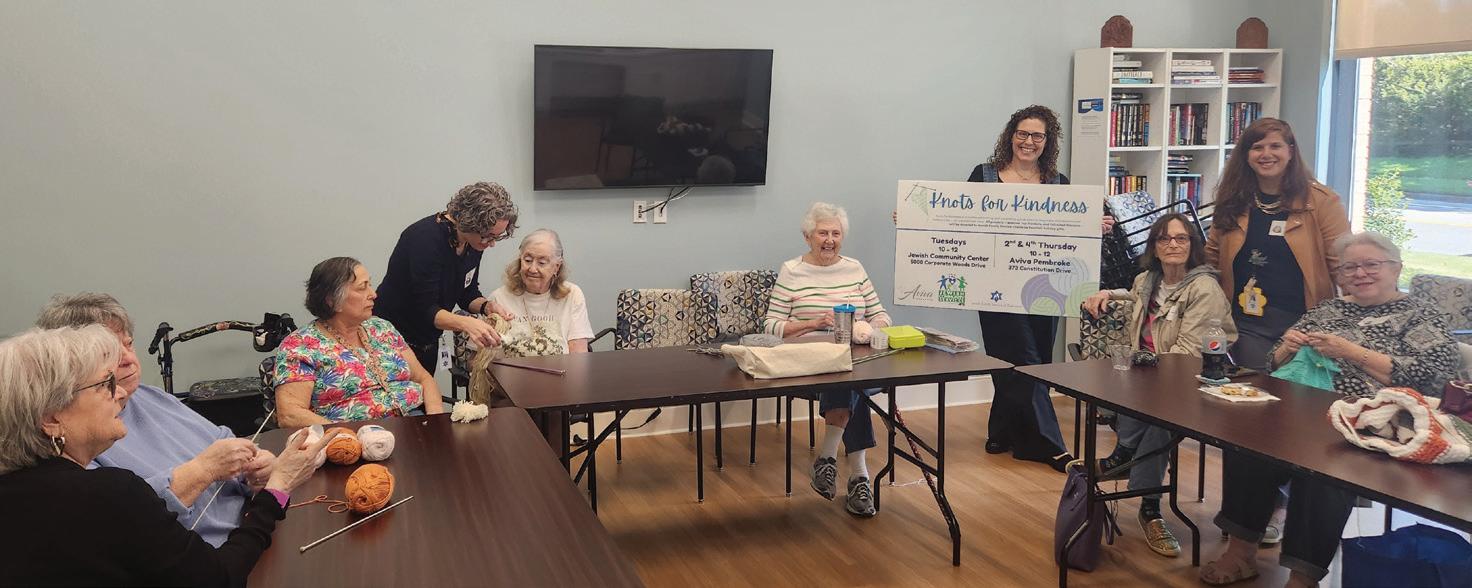
Julie Kievit
Residents of Aviva Pembroke joined community members for the launch of Knots of Kindness, a knitting and crocheting circle in partnership with Jewish Family Service of Tidewater and Aviva Pembroke on Thursday, October 16. The gathering was filled with warmth, conversation, and creativity as participants came together to knit, crochet, and connect—all for a good cause.
For years, JFS has hosted a knitting and crocheting group at the Sandler Family Campus, where volunteers have lovingly crafted blankets, hats, and scarves that are distributed to JFS clients during Hanukkah. “At least every day someone tells me they knit—or used to knit—for JFS,” says Emily Krouse, JFS special projects coordinator. “We realized there was so much interest and community around this project that expanding to Aviva Pembroke just made sense.”
drawing both Aviva residents and volunteers from across the community. Laughter and conversation filled the room as people worked side by side, sharing patterns, stories, and friendship.
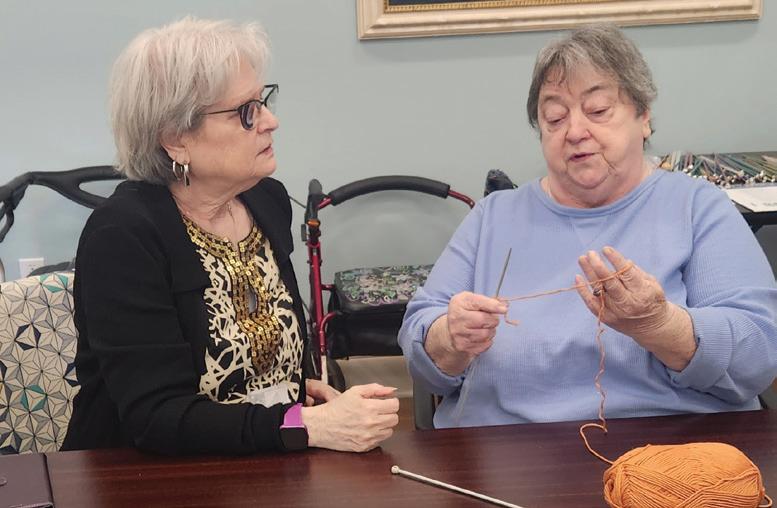
Knots of Kindness at Aviva Pembroke will continue to meet on the second and fourth Tuesday of every month, 10:30 am to 12:00 p.m. The original Knots of Kindness group at the Simon Family JCC also continues to meet every Tuesday at 10 am, welcoming both longtime participants and new members. Everyone from the community is invited to join either group, regardless of experience level.
All items created will be donated to Jewish Family Service clients and community members to bring warmth and comfort during the holiday season and beyond.
The first session was a great success,
For more information or to get involved, contact Julie Kievit, JFS Jewish Community Services manager, at jkievit@jfshamptonroads.com or 757-321-2318.
As food prices continue to rise and benefits such as SNAP decrease, more neighbors are struggling to put meals on the table. In fact, Jewish Family Service’s Food Pantry has seen a significant increase in visitors—people who never imagined they would need to ask for help. Some local food pantries have even had to close their doors due to low supplies.
Thanks to the generosity of donors, JFS has been able to stay open and continue serving the community, but the need is growing every day.
JFS staff has met people such as Fred*, who had been surviving on saltines and tap water for two weeks before JFS was able to deliver bags of food until he could visit the Food Pantry in person.
The
of a Jewish kid trying to figure it all out: finding my way home
Thursday, December 4, 7:30 pm
This year, a record 250 families have already signed up to receive Thanksgiving bags — more than ever before, and that’s with weeks to go until the holiday.
Help is needed to make sure no family goes without a holiday meal. JFS requests that as people plan their own Thanksgiving dinner, they consider donating pantry items or making a monetary contribution to JFS. Every can, box, or dollar helps fill another family’s Thanksgiving table.

And Shelly*, a mother of five, who came to JFS not only for food but for something as basic as toilet paper—something her family had gone without for weeks.
These stories are heartbreaking, but they are also reminders of the difference generosity makes.
Each year, JFS provides families with all the ingredients needed for a full Thanksgiving meal — including a frozen turkey and all the fixings — so that everyone in the community can share in the warmth and comfort of the holiday.
Each Thanksgiving bag will include:
A frozen turkey, canned green beans, corn, mixed vegetables, cream of mushroom soup, cranberry sauce, turkey gravy, yams, boxed stuffing, instant potatoes, macaroni and cheese, fried onions, pie filling or cake mix, fresh produce including sweet potatoes, white potatoes, and onions.
Currently, there are limited supplies of many of these items, so every donation makes a difference.
Donations may be left in the box outside of the Sandler Family Campus entrance or by calling Brooke Rush at 757-321-2238 or Emily Krouse at 757-321-2227 to schedule a delivery or pickup.
*Not their real names.
Rick Mersel
Rick Mersel is the author of All Revved Up and Ready to Go: My Life in Concert. He is a featured author 2025 Lee & Bernard Jaffe Family Jewish Book Festival. Mersel will join his business partner and fellow Tidewater native Jessica Gordon for a conversation about his book. Register for the event at JewishVA. org/BookFest.
The first time I realized I wasn’t a writer was in an English class at Tulane University. It was supposed to be a casual assignment, write about someone important to you, and I figured I had it nailed. I wrote about my grandfather. He was Jewish, from the Lower East Side of New York, a Norfolk transplant, larger than life in that humble, old-school way. I thought I captured him perfectly. I turned in what I was sure was a heartfelt, honest portrait.
Then the professor read another student’s piece aloud. It was, ironically, about her grandmother. I was stunned. I remember physically feeling her words. Every line had texture, sound, scent. I could visualize every word like a movie unfolding. My own essay sat there in comparison, technically correct, but emotionally lifeless, like a flat, flavorless soda.
It rocked me. Honestly, it frightened me. I was a Norfolk Academy grad, a kid raised on polished sentences and clean grammar. But I hadn’t learned how to write. Not in the way that punches you in the gut and leaves a painful mark in the shape of a memory.
Back at Norfolk Academy, one teacher once told us to put our heads down on our desks and “travel through a green pepper.” Not metaphorically, literally imagine ourselves inside a pepper. At the time, we laughed. I was probably already checking out, thinking about what mischief I could get into that night. But she was onto something. She was
trying to teach us to feel the writing. And I missed it. I didn’t understand until that Tulane class, where I sat in silent shame, knowing I’d have to try again. That I wasn’t done.
Forty years later, I did. The result is All Revved Up and Ready To Go: My Life in Concert, a memoir about music, chaos, and the crooked path to figuring out where the hell you belong.
Wards Corner and Norfolk’s Jewish community were the backdrop. It was suburbia with a little deli guilt and a lot of identity confusion. My mom was a former Temple secretary, pure Wards Corner royalty, who knew every face and every store owner. My grandfather ran Crossroads Restaurant before it became Tracks, before it became my sanctuary of sound. I used to ride my bike past Temple Israel, past Hirschler’s Shoes and Melvin’s Deli, trying to make sense of it all.
This book doesn’t hold back. It stage-dives through nostalgia. The chapters touch subtly but deeply on the Gen X Jewish experience in Norfolk, Virginia Beach, and New Orleans, like an undertone behind the noise. Many of you are in the book. And if you’re not, you’ll recognize the names, the haunts, and the moments, from bar mitzvah dances to Friar Tuck’s, to The Oceans Condominium, to The Boathouse, to The Bayou, all culminating at The NorVa. I won’t give it all away here. These stories are meant to be felt, not summarized.
The Lee & Bernard Jaffe Family Jewish Book Festival is funded in part by the citizens of Virginia Beach through a grant from the City of Virginia Beach Arts and Humanities Commission and is held in coordination with the Jewish Book Council, the longest-running organization devoted exclusively to the support and celebration of Jewish literature.
Sierra Lautman
There’s a story behind everything, and in December, master storyteller Corey Rosen will help people in Tidewater discover the power and joy of sharing theirs.
A writer, performer, and longtime host for The Moth StorySLAM in San Francisco, Rosen is celebrated for helping people turn everyday moments into unforgettable stories. He is the author of Your Story Well Told and soon to be released A Story for Everything, which explores how stories shape connections, identities, and communities. Rosen last visited Tidewater in 2022 for a series of highly entertaining events surrounding Your Story Well Told. This year, he returns with a brand-new book, a fresh set of stories, and a weeklong residency that promises to entertain and inspire.
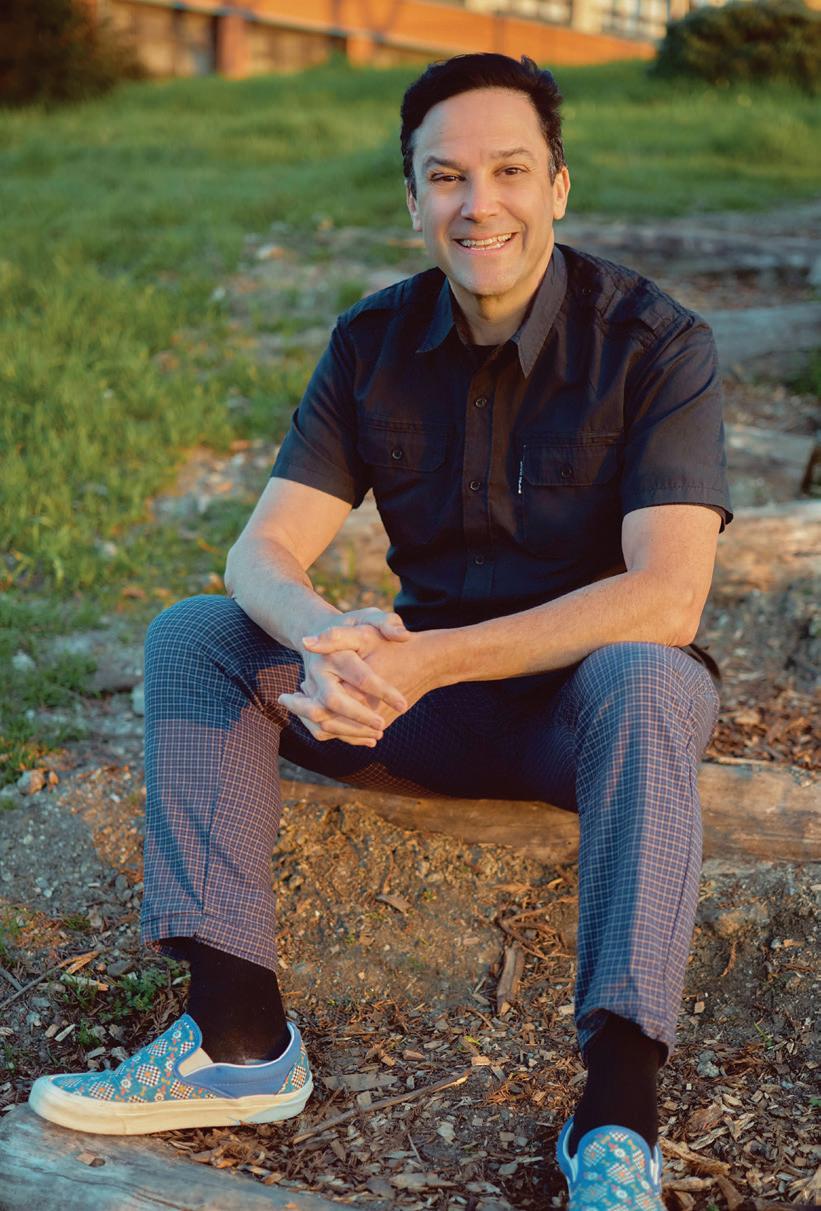
Rosen’s visit will conclude with a community event, A Story for Everything: An Evening of Stories, Laughter, and Inspiration. In what is sure to be an unforgettable evening, Rosen will host Tidewater’s very own story slam, where local storytellers will take the stage to share true stories that are funny, heartfelt, and deeply human.
In the days leading up to the main event, Rosen will immerse himself in the community, leading workshops across Tidewater. He will work with Jewish Family Service’s board and staff, Hebrew Ladies Charity Society, the Holocaust Commission of United Jewish Federation of Tidewater, Tidewater Jewish Foundation’s board, and UJFT’s board and staff – helping each group communicate its mission through authentic and powerful storytelling. He will also lead a dinner workshop for Tidewater Jewish Foundation’s Life & Legacy teams, “Legacy Stories that Inspire,” exploring how personal narratives can strengthen the
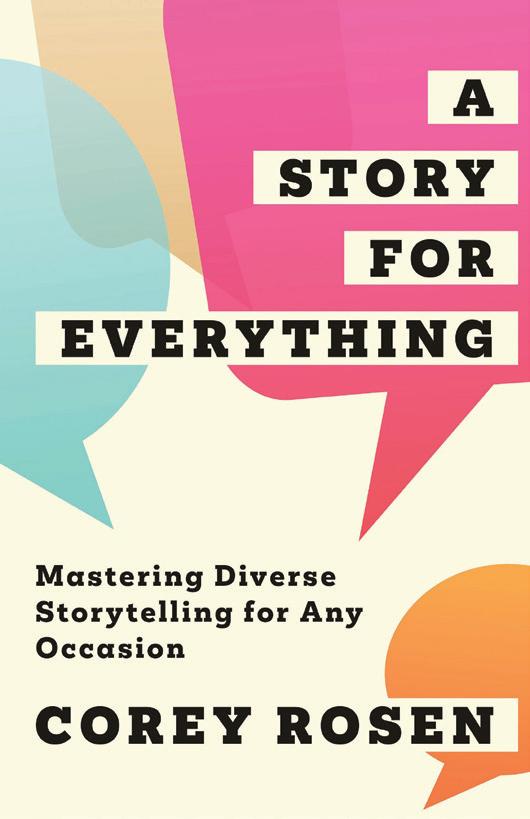
culture of giving and sustain Jewish life for generations to come.
Jewish educators will gather for “Storytelling in the Classroom and Beyond,” a dynamic session on how to use stories to engage students and spark learning. Jewish teens will take part in “My Proud Jewish Story,” a program designed to help them express their Jewish identity through personal storytelling.
Rosen’s visit will also extend beyond the Jewish community. He will work with several Hampton Roads nonprofits including ForKids, Virginia MOCA, and the Virginia Arts Alliance, to explore how storytelling can build empathy, inspire action, and strengthen connection across diverse audiences.
By the end of his residency, hundreds of people across generations, professions, and backgrounds will have discovered new ways to find meaning in their experiences and share them with confidence, humor, and heart. A Story for Everything will remind that everyone has a story worth telling, and that storytelling remains one of the most powerful tools to connect as Jews, as neighbors, and as human beings.
For more information, or to register for the event on Thursday, December 11, visit JewishVA.org/KCL or contact Sierra Lautman at SLautman@ujft.org or 757-965-6107.
Presented by the Konikoff Center for Learning of the United Jewish Federation of Tidewater, as part of the Lee & Bernard Jaffe Family Jewish Book Festival, and made possible through a grant from the Tidewater Jewish Foundation.
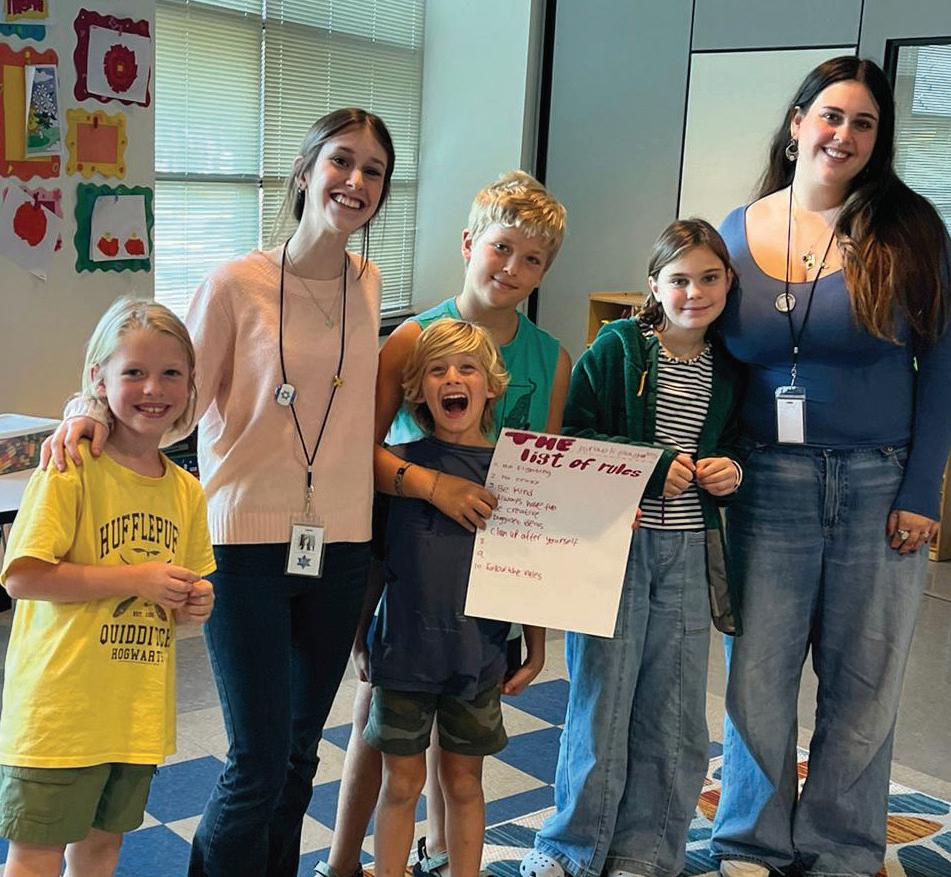
Building friendship and Israeli spirit: Shinshinim Youth
Noga Yaniv and Yarden Lahan
The new Israeli Youth Movement has officially kicked off in Tidewater with its first gathering – an amazing afternoon full of energy, creativity, and new friendships.
At the first meeting, time was spent getting to know the kids through fun, interactive activities that gave them a taste of Israeli youth movement culture. In Israel, youth movements are an important part of growing up. They are spaces where young people learn leadership, strengthen their Jewish and Israeli identities, and form lifelong friendships. Now, a piece of that experience is being shared in Tidewater.
At the first session, participants began making meaningful connections, exploring shared interests, and learning about Israeli culture through hands-on activities. By the end of the day, the group even chose a name for their new tribe. Everyone is excited to welcome new friends as the movement continues to grow.
Children between the ages of seven and 12 are welcome to join this exciting adventure. The group meets on one Sunday each month. The next gathering is Sunday, November 16. To register or learn more, visit JewishVA.org/Shinshinim or contact Nofar Trem at NTrem@UJFT.org.
Noga Yaniv and Yarden Lahan are Tidewater’s Shinshinim.
Rabbi Pinchas Zimmer
The Shabbat Project is an international grassroots movement that brings together Jews from all walks of life and all levels of observance to keep one Shabbat – celebrated in a spirit of global Jewish unity. First launched in South Africa in 2013, the Shabbat Project has spread to more than 1,500 cities across the globe.
The concept is simple: Jews from across the spectrum – religious, secular and traditional, young and old, from all corners of the world – unite to experience one full Shabbat together.
In partnership with United Jewish Federation of Tidewater, the Shabbat Project is about creating a new Jewish future based on Jewish unity, pride, and values. The Shabbat Project transcends the barriers that seem to separate and is an opportunity to rejuvenate family and community life, restore Jewish pride and identity, and
strengthen Jewish unity across the globe.
All events take place at B’nai Israel Congregation, 420 Spotswood Avenue. Funding is available.
For more information and to register, contact Rabbi Zimmer at rabbi.zimmer@bnaiisrael.org or 757-6143155 or visit www.tidewatershabbatproject.com.
Thursday, Nov. 13, 7 pm
$10
There’s nothing like homemade challah!
Join for a fun night of baking and inspiration.
Kabalat Shabbat Service and Shabbat Dinner
Friday, Nov. 14
Service: 4:40 pm
Dinner: 6 pm (childcare available)
$25/adult, $15/children ages 3-13, no charge/under 3 years old, or $85/family
A spirited and musical welcome to the Shabbat with guests, the Traveling Chassidim.
Saturday, Nov. 15, 7:15 pm
No charge
Bidding Shabbat farewell with a lively and uplifting concert by the Traveling Chassidim.
Thursday, Nov. 20, 7:30 pm Sandler
Hunter Thomas
Who doesn’t love a good story and a good nosh? United Jewish Federation of Tidewater’s Lee & Bernard Jaffe Family Jewish Book Festival will serve up both when Rachel Simons takes the stage at the Simon Family JCC for Secrets of Sesame. She will be interviewed by Jody Wagner of Jody’s Popcorn.
Simons is the Aussie-turned-New Yorker behind Seed + Mill, the first U.S. shop devoted entirely to sesame. Based in NYC’s Chelsea Market, Simons’ pastel packages of halva and jars of tahini have professional chefs and
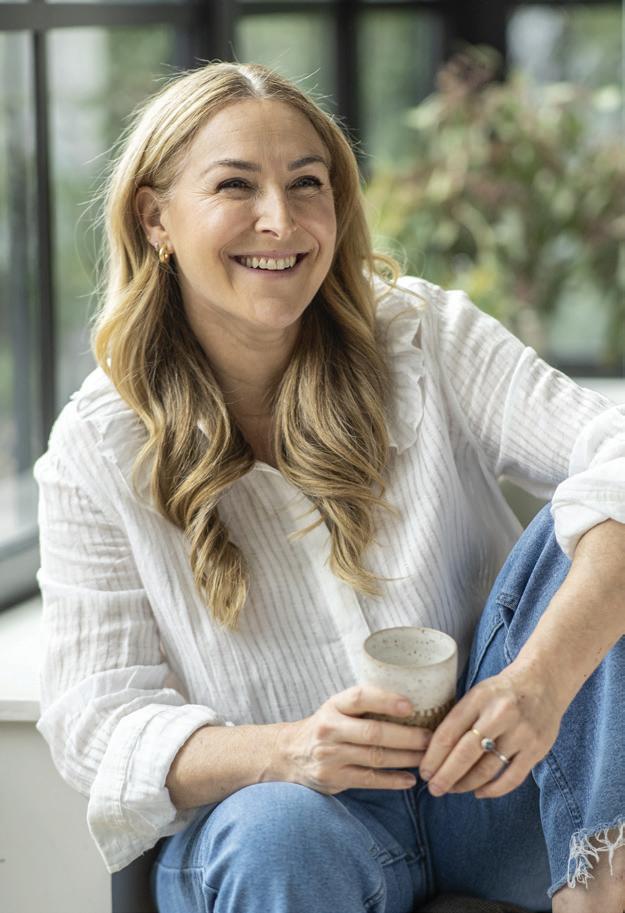
home cooks alike swooning. At this event, she will share the journey of the sesame seed, a tiny ingredient with a 5,000-year history that spans continents and cultures. And yes, there will be tastings. Guests can sample Seed + Mill’s signature halva while hearing how this humble seed became a global star.
Simons’ new book, Sesame: Global Recipes & Stories of an Ancient Seed, is more than a cookbook. It is a passport to kitchens around the world, with more than 80 recipes that range from classic hummus to sesame ramen. Jewish favorites include
challah and honey cake, and inventive twists like carrot-tahini dip inspired by Rosh Hashanah traditions. Contributions from culinary icons Yotam Ottolenghi and Molly Yeh make it even richer.

The Washington Post calls the book “an exploration of sesame’s use around the globe, in both modern and traditional ways, driving home the incredible versatility of the nutritious seed.”
Simons will also share her own story, a multicultural journey from Australia to New York, shaped by family history and a love of food that connects people. It is a tale of migration and
resilience, told through recipes and memories.
The Jewish Book Festival runs through December 11, bringing authors and ideas that spark conversation and community. Register at JewishVA.org/BookFestival for an evening that proves big stories can come from the smallest seeds.
The Lee & Bernard Jaffe Family Jewish Book Festival is funded in part by the citizens of Virginia Beach through a grant from the City of Virginia Beach Arts and Humanities Commission and is held in coordination with the Jewish Book Council, the longest-running organization devoted exclusively to the support and celebration of Jewish literature.
And they’re off!
Schools across Norfolk and Virginia Beach are roaring to life as the Be A Reader Literacy Project kicks off another year with mentors meeting their new secondgrade students – young readers who can use an extra boost of confidence and encouragement to help them discover that reading can be fun and rewarding.
BeAR’s newest school-partner, Norfolk’s Suburban Park Elementary, celebrated its first day with a special welcome breakfast for its BeAR mentors. Mai Ellen Hecht, BeAR captain, says “Suburban Park’s first day went great! The kids and staff were so excited to welcome us in!”
That enthusiasm is being echoed throughout BeAR schools, where volunteers are diving
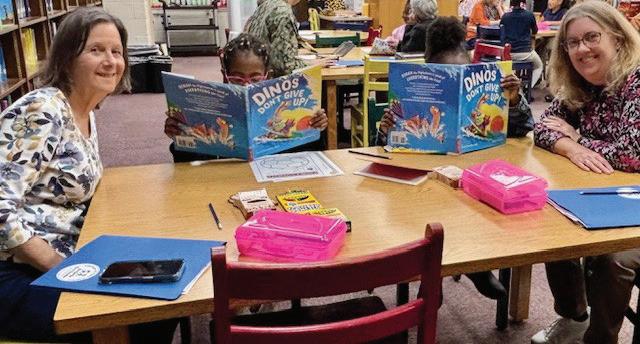
into weekly reading sessions and building meaningful connections with students. Each week, BeAR mentors spend 45 minutes to one hour helping a child strengthen reading skills, build confidence, and experience the joy of learning in a one-on-one setting.
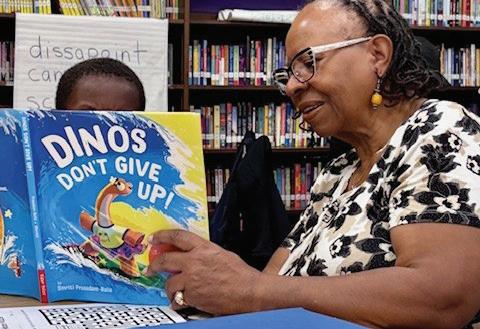
As BeAR steps into its 26th year of inspiring children to become confident, capable readers, the excitement for the year ahead is contagious and filled with smiles, stories, and plenty of BeAR pride.
A need for more BeAR mentors in both Norfolk and Virginia Beach schools still exists. It’s never too late to make a difference in a child’s life. Contact Robin Ford at 757-321-2304 or rford@ ujft.org to learn more.
FRIDAY, NOVEMBER 21 10 AM - 3 PM, SANDLER FAMILY CAMPUS
Blake Sisler
United Jewish Federation of Tidewater is launching a new initiative to bring community members together: Monthly Volunteer Days. Volunteers will gather once a month to take part in meaningful hands-on projects that benefit UJFT or partner Jewish agencies on the Sandler Family Campus.
Each month’s projects will vary, ranging from sorting food donations, to labeling books, writing thank-you notes, assembling care packages, or preparing materials for classrooms or programs. Volunteers can participate in one session or several throughout the year.
“This initiative gives community members an easy, flexible way to roll up their sleeves and help strengthen Jewish Tidewater,” says Sierra Lautman, UJFT’s senior director of Jewish Innovation. “It’s also a wonderful opportunity to connect with others while supporting the incredible work happening across our campus.”
Interested volunteers may sign up online to share their availability and will receive details about upcoming projects each month.
For more information or to sign up, visit JewishVA.org/volunteer or contact Sierra Lautman at slautman@ujft.org.
Camp JCC fun does not need to wait until summer Kids Night Out:
Saturday, Nov. 22
5 – 9 pm Sandler Family Campus
Dave Flagler and Kate-Lynn Cipolla
Even though the calendar says November, the time to get excited about Camp JCC is now. The Simon Family JCC will host its first ever Camp JCC themed Kids Night Out this month, and summer camp registration opens on Black Friday, November 28. A few weeks later, Winter Camp begins over school break. Clearly, lots of Camp JCC fun is in store.
The Camp JCC themed Kids Night Out is for children ages 4-12. Kids Night Out is fun for both children and parents. Parents can have some grown up time while children get to enjoy a jam-packed evening of fun, reunite with summer friends, and make friends for this coming summer and beyond. This event is open to current, previous, and future campers, as well as those who have not come to camp but are looking for a great experience on a Saturday Night.
To make this evening that much more special, in addition to swimming in the indoor pool after hours, participants will experience a night of classic camp fun. Boker Tov (or in this case Erev Tov), crafts, dances, “Camper’s Choice” activities including gaga, a special camp treat, and more. Beyond that, there will be appearances made by our various “camp characters” along with several counselors from this past summer.
While the forecast indicates cooler weather, the fun at Camp JCC is heating up earlier than ever before. Register today and don’t miss out.
To learn more about Kids Night Out, School Days Out, children’s classes and more, contact Kate-Lynn Cipolla, Camp JCC assistant director, at klcipolla@ujft.org or 757-321-2306. To learn more about Camp JCC, or to hear about year-round opportunities for teens in the community, contact Dave Flagler, director of Camp and Teen Engagement, at DFlagler@UJFT.org or 757-452-3182.
NOVEMBER 11, TUESDAY
Camp JCC School Days Out: Veterans Day. Join Camp JCC for arts and crafts, games, sports, free swim, and other fun projects for K-5th graders. Select individual days or part of any 5- or 10-day bundle. Information and registration: www.campjcc.org or contact Dave Flagler at Dflagler@ujft.org.
Yiddish Club. Embrace Yiddish culture, language, and history through music, film, poetry, and literature. Meets the first Tuesday of each month. 1 pm. Sandler Family Campus. Information: www.jewishva.org/Adults or contact Hunter Thomas at HThomas@UJFT.org.
NOVEMBER 12, WEDNESDAY
Ketubah Renaissance with Michael Shapiro, founder of Ketubah.com and author of Ketubah Renaissance: The Artful Modern Revival of the Jewish Marriage Contract. Ketubah expert Michael Shapiro provides an exploration of the Jewish marriage contract, from its ancient roots 2,500 years ago as a groom’s pledge, to a richly decorated modern work of art. Companion exhibit on display in the Simon Family JCC’s Leon Family Gallery through November 16. $15/JCC members, $20/potential members. Includes lunch. 12 pm. Sandler Family Campus. Registration: JewishVA.org/BookFest.
NOVEMBER 13, THURSDAY
Together We Rise: Community Challah Bake. Women in the Jewish community are invited to an inspiring challah bake. Experience healing, gratitude, and hope as women come together to knead, pray, and dance. $10. 7 - 9 pm. B’nai Israel Congregation. Information: Liba Eisenberg at Leebawax@gmail.com.
NOVEMBER 16, SUNDAY
Shinshinim-led Israeli Youth Movement. Tidewater’s ShinShinim lead a brand-new youth movement inspired by the spirit and excitement of the Israeli Scouts (Tzofim). Play games, build teamwork and leadership skills, explore Israeli culture, and make friends. $60/ JCC members, $75/potential members. 1 - 3 pm. Sandler Family Campus. Information and registration: JewishVA.org/Shinshinim or Nofar Trem at NTrem@UJFT.org.
NOVEMBER 17, MONDAY
Book Club will read Giant Love by Julie Gilbert. The author will join via Zoom. Meets the third Monday of the month. 1:30 pm. Sandler Family Campus. Information: Jewishva.org/Adults or Hunter Thomas at HThomas@UJFT.org.
NOVEMBER 18, TUESDAY
Jewish Book Month @ 100. Join Rabbi Angela Buchdahl, senior rabbi at Central Synagogue and the first Asian American to be ordained as a rabbi, and author and journalist Abigail Pogrebin, for a conversation surrounding Buchdahl’s memoir, Heart of a Stranger: An Unlikely Rabbi’s Story of Faith, Identity, and Belonging , a spiritual guide for everyday living. Presented by the Jewish Book Council in celebration of 100 years of Jewish Book Month, in partnership with JBC member sites, including the United Jewish Federation of Tidewater. 1 pm. Zoom. Registration: JewishVA.org/BookFest.
NOVEMBER 19, WEDNESDAY
Senior’s Club. Join active seniors to learn what’s going on in the community. Meets the third Wednesday of the month. 12 pm. Sandler Family Campus. Information: www. jewishva.org/Adults or contact Hunter Thomas at HThomas@UJFT.org.
NOVEMBER 20, THURSDAY
SESAME with Seed + Mill founder Rachel Simons. Meet Rachel Simons, the Aussie-turned-NYC entrepreneur behind Seed+Mill at Chelsea Market, New York City’s first store devoted entirely to sesame, and author of Sesame: Global Recipes & Stories of an Ancient Seed. Simons will spill the secrets of the sesame seed from its ancient roots to its starring role in many foods. Presented as part of the Lee & Bernard Jaffe Family Jewish Book Festival. 7:30 pm. Sandler Family Campus. Registration: JewishVA.org/BookFest.
Roundtable Conversation. Join community members for conversations involving current events, politics and much more. Meets the first and third Thursday of the month. 1 pm. Sandler Family Campus. Information: www.jewishva.org/Adults or Hunter Thomas at HThomas@UJFT.org.
NOVEMBER 23, SUNDAY
Community Impact Day. The second annual Community Impact Day unites community in a morning of giving and learning. The highlight is the Mitzvah Mall, where families “shop” nonprofit booths to discover local causes, and children learn the value of a dollar. 10 am. Sandler Family Campus. Information: JewishVA.org/CommunityImpact or Sierra Lautman at SLautman@UJFT.org.
DECEMBER 4, THURSDAY
From Wards Corner to the Norva: One Jewish Kid’s Soundtrack to Rebellion. Join Rick Mersel, author of All Revved Up and Ready to Go: My Life in Concert, the local Jewish kid who traded jazz for punk and helped build The NorVa from the ground up, for a loud, raw, and wildly funny journey through Norfolk’s back alleys, bar mitzvah dance floors, and beersoaked music venues. Presented as part of the Lee & Bernard Jaffe Family Jewish Book Festival. Includes dessert reception. $10/JCC members, $18/potential members. 7:30 pm. Sandler Family Campus. Registration: visit JewishVA.org/BookFest. See page 31.
DECEMBER 11, THURSDAY
A Story for Everything: An Evening of Stories, Laughter, and Inspiration with expert storyteller Corey Rosen. Join master storyteller Corey Rosen, author of A Story for Everything: Mastering Diverse Storytelling for Any Occasion, as he guides the audience through the art of telling their own true stories, teaching the craft of storytelling along the way. Presented as part of the Lee & Bernard Jaffe Family Jewish Book Festival in partnership with UJFT’s Konikoff Center for Learning. 7:30 pm Sandler Family Campus. Information: JewishVA. org/Rosen. See page 32.
DECEMBER 14, SUNDAY
Brith Sholom Board Meeting. Experience the warmth of Hanukkah with a brunch event filled with food, music, and celebration. Board meeting begins at 10 am. General Meeting at 11 am. Information: LeAnne Mallory at 757-461-1150 or brith.sholom1@gmail.com.
DECEMBER 17, WEDNESDAY
Partners in Jewish Life. Join this second PJL event, inspired by Rabbi Lord Jonathan Sacks z”l, for a meaningful conversation about responsibility and blessing. Reflect on questions such as: “What have you done with the gift of life? Have you lived for yourself alone or for others?” All are welcome for discussion and community. 7 pm. Sandler Family Campus. Registration: JewishVA.org/KCL or Sierra Lautman at SLautman@Ujft.org.
VIRGINIA BEACH - Sally Adler was a force of nature — ahead of her time, deeply informed, and an inspiration to all who knew her. She will be remembered for her warmth, hospitality, and extraordinary culinary skills, as well as her tireless devotion to community causes and her gift for connecting people and ideas. Sally Adler died October 23, at the age of 93 due to pancreatic cancer.
Sally graduated from Thomas Jefferson High School, attended Mary Washington College, and earned her B.A. from Ohio State University. She met Theodore (Ted) Adler in Richmond and recognized a soul mate. They married in 1955 and shared 65 years of adventure, discovery, and joy.
Whether living in Boston, California, or Virginia, Sally embraced new opportunities and experiences, from her work in medical laboratories to cultivating her passions for travel, gourmet food, wine, and the arts.
Sally and Ted’s marriage was a true partnership. They delighted in travel, visiting nearly 75 countries together and embracing each journey as an adventure. Whether exploring bustling markets, wandering museums, or navigating the unexpected with laughter and grace, they shared a love of discovery that colored every aspect of their life together. They also shared a passion for duplicate bridge,
Born in Richmond on October 14, 1932, Sally faced loss early when her father died before her first birthday. Her mother, Sarah Segal, ran the family furniture business through the Great Depression while raising three children, instilling resilience, independence, and a commitment to self-advocacy. Sally’s curiosity about the world and sense of justice guided her throughout her life, informing both her volunteer work and her engagement with the arts and culture. She was guided by her mother’s oft-repeated advice: “Don’t be a doormat,” a principle that instilled in her the courage to stand up for herself and others and the confidence to embrace life fully.
earning Life Master status as partners, and enjoyed countless hours around the table where their shared wit and competitive spirit shone. They were soul mates—adventurous, deeply loving, and inspiring to everyone who knew them.
Sally immersed herself in community service with the same energy and intelligence that marked her personal pursuits. She taught at the Florence Crittenton Home for unwed mothers, organized conferences on family life education, and served on both national and local boards of Plays for Living, which used theater to explore social issues. She held leadership positions at Norfolk Academy, Lee’s Friends, Ohef Sholom Temple, Jewish Family Service, and Child and Family Service. In 1981, she became the first woman to chair the board of the United Way of South Hampton Roads, recognized for her vision and talent for connecting people.
She combined her love of travel with her devotion to the arts by creating and leading the Chrysler Museum’s travel program for 15 years, guiding groups around the globe and raising funds for the museum she cherished. She received the Jean Outland Chrysler Volunteer of the Year Award in 1987. She co-founded a corporate relocation program that helped attract businesses and families to Hampton Roads, again blending her creativity, intelligence, and ability to connect people.
Neighbors and friends will remember Sally’s kitchen as a place of welcome — and her blueberry muffins, which she often baked in big batches to give away, as a sweet symbol of her generosity and warmth.
Even when faced with serious illness, Sally approached life with courage, independence, and perspective. She drove herself to treatments, never letting illness define her. If she ever felt down, she would get out of the house, go to a favorite restaurant, or even travel to New York City to enjoy a show, fully embracing life on her own terms.
Sally is survived by her daughter, Leslie (Peter) Guth; her son, Harry (Leslie) Adler; her grandchildren, Isaac Adler (Claire), Michael Guth (Sharon), and Maya Adler; her great-granddaughter, Laila Chacko Guth; her dear sister-in-law, Sally Segal; and many nieces and nephews.
Sally lived with courage, curiosity,
generosity, and an unquenchable zest for life. She leaves a legacy of adventure, service, and warmth, touching both family and community with her presence, vision, and joy.
The family would like to thank all who touched Sally’s life.
A memorial service was held at Ohef Sholom Temple.
The family kindly requests donations to Virginia Beach Rescue Squad, WHRO Public TV, or to the charity of one’s choice. Online condolences may be made to the family at hdoliver.com.
NORFOLK - Roger Allen Bress, 65, passed away peacefully on October 28, 2025, surrounded by the family who adored him — a circle of love he built, nurtured, and protected his entire life.
Born on February 22, 1960, to Phillip and Sondra M. Bress (Cohen), Roger filled every room with laughter, warmth, and heart. He was a devoted husband, a proud father and grandfather, a loyal brother, and a friend who turned strangers into friends and friends into family.
Cars and racing weren’t just Roger’s work — they were his lifelong passion. For more than 45 years, he poured his heart into Bress Auto, a shop built on grit, craftsmanship, integrity, and community. Behind the wheel, he was absolutely fearless — earning triple-digit championships at Langley Speedway and the respect of every driver who raced beside him. Off the track, he was just as passionate about cheering for his favorites — Washington Football and Dale Earnhardt. His laughter and beautiful smile will be missed always, but the love he gave has made a lasting impact that will never fade.
Roger’s kindness extended far beyond people and cars. He was an animal lover to his core, known for rescuing, nursing, and caring for creatures of every kind — the furry, the feathered, and yes — even the “slithery” ones. His mix of toughness and tenderness was something rare and beautiful.
He is survived by his beloved wife, Faith Bress (Crawford); his brother, Hal Scott “Scotty” Bress; his sister, Hope Bress; his children, Candice “Candy” Bress, Heather Bress, and Corey Bress (Jessica); and the bonus children he proudly loved as his own — Brady Behrman, Shannon Paschall
(J’son), and Michael Manuel (Autumn).
His joy continues through his grandchildren — the most beautiful continuation of his story: Hailey Behrman, Hannah Behrman, Aiden Paschall, Bailey Paschall, Peyton Manuel, Joslyn Bress, Abigail Paschall, Alina Donegan-Manuel, and Amelia Marlow.
He was preceded in death by his parents, Phillip and Sondra M. Bress (Cohen).
A funeral service was held at Forest Lawn Cemetery. The family asks that donations be made to a nonprofit that has touched the donor’s life, in Roger’s memory.
Whether behind the wheel, manning the grill, or sitting in his backyard “paradise,” Roger lived with humor, warmth, and a quiet confidence that drew people in. He made everyone feel seen, welcomed, and loved. His laughter, generosity, and zest for life will forever echo in the hearts of those lucky enough to have known him — a life fully lived and deeply loved.
SARASOTA, Florida - Renee Fritsch passed away after a brief illness on October 28, 2025, at age 93.
Renee and her beloved husband Bob celebrated their 71st wedding anniversary in June, and their life together was transformative. Renee grew up in the Catskills in Monticello, N.Y. and met Bob at 18 when they both worked at The Concord resort. They married in 1954 after her graduation from Oswego State Teachers College and moved to Cambridge, Mass. for Bob to attend Harvard. Renee taught school during the day and typed Bob’s papers at night – he has often said she earned an Associate MBA in those two years.
Bob’s career took them back to New York City, then western Connecticut and ultimately Cherry Hill, N.J. where they lived for 36 years. They have three children: Alec (Cheryl), Susan (Andy) Cohen and Daniel (Judy) as well as six grandchildren, Sara, Glenn (Tara), Clayton (Bri), Katie, Bea and Lena. Grandma Renee (or Neenee to some) was a devoted mother and grandmother, and a wonderful, strong role model. She was also elegant and caring, a faithful friend, with a beautiful smile and an easy laugh, and was an involved member her community.
Renee and Bob had a full life together – they loved to travel and experience new
plac-es and foods, many of which Renee would re-create when they got home. She was an avid cook (a talent she passed on to her children) whose motto was, “If you can read, you can cook!” In the 1970s, Renee co-founded an authentic Chinese banquet business with her friend Pansy Wang. She was also quite an athlete, playing both competitive tennis and later golf, as well as being a zealous fan of the Celery Fields, a man-made walking park created next to a bird sanctuary. Her favorite days began with “walking The Hill.”
To honor her memory and fondness for this favorite place, the Friends of Sarasota County Parks has established a special project titled Celery Fields (Fritsch) in the “donation” drop down: https://foscp.org/ donate/
ELIZABETH CITY, N.C. - Sandra Jean Deziel Smith, age 73, beloved wife, mother, and grandmother, died at Sentara Albemarle Medical Center, on October 14, 2025.
Born in Minneapolis, Minn., on August 2, 1952, to the late Frederick T. Deziel and Dorothy A. Johnson Deziel, she was the wife of Russell “Russ” J. Smith for 45 years.
Working as a bookkeeper for a law firm, her attention to detail and commitment were highly valued. Beyond her professional life, Sandra was a devoted family woman who cherished every moment spent with her loved ones.
She lived a life full of love, joy, and adventure. Sandra found immense joy in traveling, exploring new places, and creating cherished memories with her family. She also enjoyed playing games and watching sporting events with her family, bringing laughter and excitement into their home. The beach and water held a special place in her heart, offering a sense of peace and relaxation, as well as the VFW Auxiliary.
Sandra is survived by her loving husband, Russ; her two sons, Brennan J. Smith (Diana) of Virginia Beach, Va., and Michael J. Smith of South Mills, N.C.; her brothers, Ted Deziel (Barb) and John Deizel (Judy); her cherished grandchildren, Logan and Emmett Smith; and all of her beloved nieces and nephews and their children. In addition to her parents, she was preceded in death by her brother, Tom Deziel.
A memorial service was held at Twiford




• Family owned and operated since 1917
• Affordable services to fit any budget
• Advance funeral planning
• Professional, experienced, caring staff
• Flexible burial options
• Flexible payment options
Approved by all area Rabbis and Chevrah Kadisha



Memorial Chapel with Chaplain Kevin Reiver officiating.
The family suggests memorial donations be made to St. Jude Children’s Research Hospital (donors@stjude.org), 501 St. Jude Place, Memphis, TN 38105.
Twiford Funeral Homes, 405 E. Church Street, Elizabeth City, NC, is assisting the Smith Family. Condolences and memories may be shared at www.TwifordFH.com.
VIRGINIA BEACH - Phyllis Steen passed away peacefully the morning of October 24, 2025, after a long illness.
Earlier that week, she told her caregiver she was tired and wanted to “go be with Harvey,” her husband of 69 years whom she lost unexpectedly in 2021. She was also predeceased by her older sister and her husband, Doris and Jack Guttentag.
Phyllis is survived by her cousins, Damien and Carol Steen; nephews and nieces with their spouses: William and Marina Guttentag, and Adam and Susan Guttentag; Jennifer and Brian Booher, Sandra Bartholomew, David Steen and Amy O’Malley, Joshua and Molly Weinman; her children and their spouses: John and Liz Meyers, Tricia Steen and Alan Smith, and Jonathan and
Carole Steen; her grandchildren and their partners: Nicholas West, Tory Zakarian and Chris Chappell, Solomon Steen, Edmund and Joanna Steen, Timothy Steen, and Emerson Steen and Vanessa Ramirez; and her great-grandchild, Emanuel. Phyllis’s many lovingly assembled photo albums (dating back to 1952) reflect her commitment to capturing the changing faces of her family, as well as preserving the personal history of everyone she loved.
Phyllis was born in 1931 in Bronx, N.Y. to Sadie and Norton (“Nat”) Wallach, the latter an immigrant who arrived in New York at the age of 12, leaving behind the poverty and pogroms in what was then known as Wallachia. Her mother, Sadie, was a second-generation New Yorker whose relatives had immigrated from Eastern Europe. Nat taught himself English by reading newspapers and became a tailor in the nearby Garment District, while Sadie went to work as a medical secretary for a major medical center. Nat would at different points leave the family to pursue money-making
ventures, leaving Sadie to support the family with her full-time position. Phyllis was often left on her own from the time she was very young, which gave rise to her fierce independence, pragmatism, and resourcefulness. She was grateful for the times her older sister, Dorry, would look out for her, once even making the arrangements for Phyllis to attend summer camp so that she could have an enriching experience. The two girls were a study in physical contrast: Dorry was the dark-haired beauty admired by their parents, while Phyllis was the freckle-faced kid with orange hair who spent as little time in the apartment as possible.
From early on Phyllis would bicycle or ride the subway on her own all around Brooklyn where she grew up, branching out to the rest of the city, too. She was nicknamed “Red” in the neighborhood, a moniker that boys would use in later years to get her attention. One of her favorite pastimes was visiting her beloved grandmother, Yetta (aka “Bubbe”), who lived out on Coney Island by the ocean

and famous boardwalk. Yetta was a sweet, short-statured woman who spoke mostly Yiddish to Phyllis, which she quickly came to understand. Her other favorite place to be was the majestic New York Public Library. There she could read to her heart’s content, borrow books, then head home to curl up on the fire escape, losing herself in the world of her imagination. Despite the family’s financial struggles, Sadie arranged for Phyllis to have piano lessons with a humorless teacher who would close the lid on her fingers if she made a mistake. Thus, began what would become her life-long love of music, playing the piano up until the age of 81 when a stroke in 2012 robbed her of the ability to read music.
For Phyllis, going to school was the most exciting thing to happen in her young life. She loved being there to learn, but it also gave her a break from the tensions of life at home. She was such a good student that the school system skipped her two grades, allowing her to graduate at 16 from Midway High. Afterwards, she went to work as a secretary and attended Brooklyn College at night. The summer she was 17, she worked as a camp counselor in the Catskills where she found herself quite taken by a dark-haired boy named Harvey, shelling shrimp in the kitchen. She summoned up the courage to talk to him, and her initial fascination quickly became mutual. After that summer, they remained steadfast in their affection for one another while each pursued a college degree. In 1951, they both graduated.
The two married the following year and settled in northern New Jersey. Phyllis stayed home with their young children and took psychology classes at Rutger’s. The family then relocated to Ohio for several years for her husband’s career. After moving back east to Andover, Mass., she worked for a while as a substitute English teacher, later completing a master’s degree in social work from Salem State College. This allowed her to pursue her passion: helping children and adolescents experiencing significant hardship. Her own childhood experiences played a big part in her decision to become an advocate, especially her own family’s struggles and the historical event she lived through as an adolescent: the Holocaust. In New York, many people in the Jewish community
still had relatives in Europe who were being persecuted by the Nazis and sent to the death camps. This had a profound impact on her, stoking her determination to become a voice for the vulnerable and a champion of social justice. With her fierce and unrelenting personality, she became a powerful ally and protector of countless young people. Phyllis continued in her field after she and her husband moved to Virginia Beach in 1982, working at a local organization until she retired in 1996 to help several members of her own family.
After retiring, Phyllis trained as a docent and volunteered at the Chrysler Museum and Museum of Contemporary Art. Although she experienced balance problems caused by her earlier stroke, she refused to give in or give up dancing with the Silver Tappers with whom she performed for many years at local nursing homes until she was 90. In addition to gardening, photography, Zumba classes, bridge, and volunteering on the Samaritans helpline, Phyllis loved to cook, clipping recipes and attempting cuisines from all around the world. She also placed a lot of importance on staying in touch with family and friends. She especially valued her friendships, as it could take a bit to see past her “tough city girl” persona to the sensitive, even shy person she was inside. Phyllis never took any of her heart-connections for granted, and those close to her recognized the extraordinary person she was.
Even as Phyllis’s illness progressed these past few years, her personality continued to shine through. When she would see another resident that needed help, she would find a staff person and let them know. People would come up to her to tell her they were lost, and Phyllis would try to help them out even though she had a hard time finding her own way back to her room. She definitely recognized the irony in that! She never lost her courage or determination, or her compassion, or just her kindness to the vulnerable… She certainly never lost her innate intelligence or her wry, sometimes snarky sense of humor. And at the last, she hoped to be reunited with the one man she truly loved for the biggest part of her long life.
Post condolences and favorite memories to the family at the Cremation Society of Virginia website in this difficult time in their lives.
Talk: Sunday, November 16, 4 pm
Jewish Museum and Cultural Center
Legacy 2025: Hampton Roads Jewish Artists of the Past arrives at the Simon Family Jewish Community Center next month. The event is sponsored by the Jewish Museum and Cultural Center of Portsmouth, United Jewish Federation of Tidewater, and the Chrysler Museum.
Legacy 2025 will feature art of more than 20 Hampton Roads Jewish artists who are no longer living. Three pieces by each artist will be on display. Family members or someone familiar with each artist will speak on each artist’s behalf.
Many in the community may have grown up knowing some of these artists, as they may have been the parents of friends or relatives. Plus, some area synagogues house their art.
This exhibit also affords the rare opportunity to become acquainted with local Jewish artists of the past. In addition, this is a first of its kind exhibition which will hopefully inspire other Jewish communities within Virginia and throughout the United States to emulate.
Mia Laufer, PhD, the Irene Leach curator of European Art for the Chrysler Museum will speak at the Jewish Museum and Cultural Center on Sunday, Nov. 16. Her lecture will be a segway into the December 6 Legacy gala, A Sneak Peek at Legacy 2025: Hampton Roads Jewish Artists of the Past. A reception will follow the lecture. Tickets are $18. For more information and to purchase tickets go to www.jewishmuseumportsmouth.org or call 757-391-9266.

C H A R L E S N .
C O O P E R
U S A r m y
S T E V E J . S P I N D E L U S A r m y
D R . L E O N A R D I .
R U C H E L M A N
U S A r m y
E R M A N U S N a v y
H E R S C H E L
B L U M
U S N a v y
R O B E R T S . C O H E N
U S A r m y / J A G
U P D A T E D A S O F O C T O B E R 7 , 2 0 2 5
S u p p o r t t h e J e w i s h W a r V e t e r a n s M o n u m e n t a t t h e
S a n d l e r F a m i l y c a m p u s a n d h o n o r a v e t e r a n b y
p u r c h a s i n g a m o n u m e n t p a v e r i n t h e i r n a m e .
F o r m o r e i n f o r m a t i o n , c o n t a c t A n n S w i n d e l l a s w i n d e l l @ t j f v a o r g | 7 5 7 - 9 6 5 - 6 1 0 6
f o u n d a t i o n j e w i s h v a o r g





